
|


|
|
|
 |
MB_EN_07_ |
 |
1 Pages 1-10 |
▲back to top |
 |
1.1 Page 1 |
▲back to top |

 |
1.2 Page 2 |
▲back to top |

 |
1.3 Page 3 |
▲back to top |

 |
1.4 Page 4 |
▲back to top |

 |
1.5 Page 5 |
▲back to top |

 |
1.6 Page 6 |
▲back to top |

 |
1.7 Page 7 |
▲back to top |

 |
1.8 Page 8 |
▲back to top |

 |
1.9 Page 9 |
▲back to top |

 |
1.10 Page 10 |
▲back to top |

 |
2 Pages 11-20 |
▲back to top |
 |
2.1 Page 11 |
▲back to top |

 |
2.2 Page 12 |
▲back to top |

 |
2.3 Page 13 |
▲back to top |

 |
2.4 Page 14 |
▲back to top |

 |
2.5 Page 15 |
▲back to top |

 |
2.6 Page 16 |
▲back to top |

 |
2.7 Page 17 |
▲back to top |

 |
2.8 Page 18 |
▲back to top |
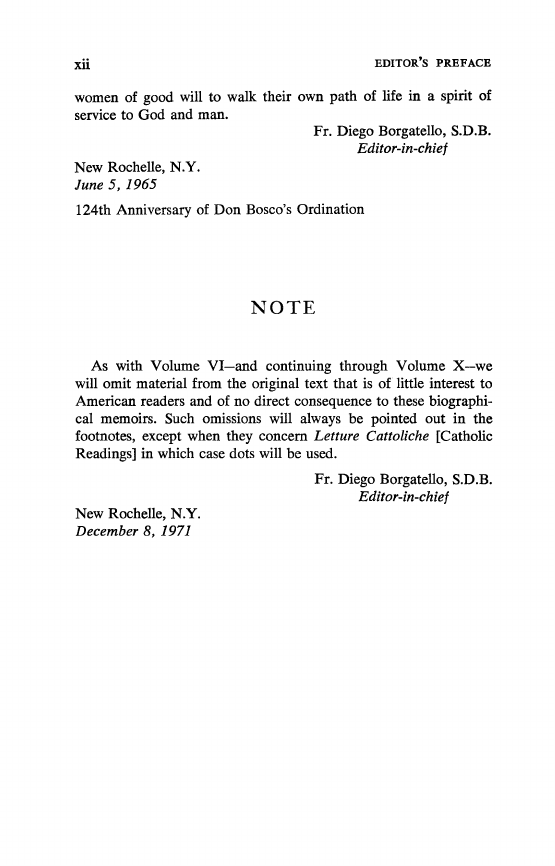
 |
2.9 Page 19 |
▲back to top |
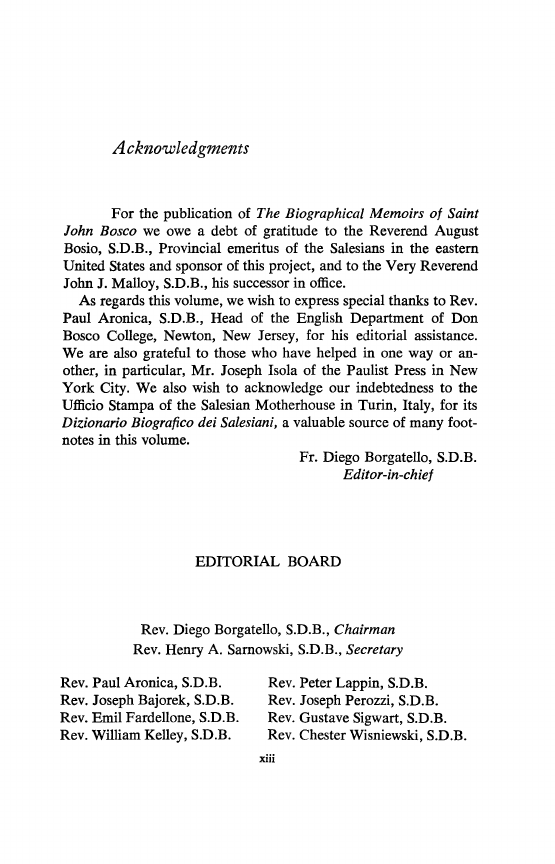
 |
2.10 Page 20 |
▲back to top |

 |
3 Pages 21-30 |
▲back to top |
 |
3.1 Page 21 |
▲back to top |
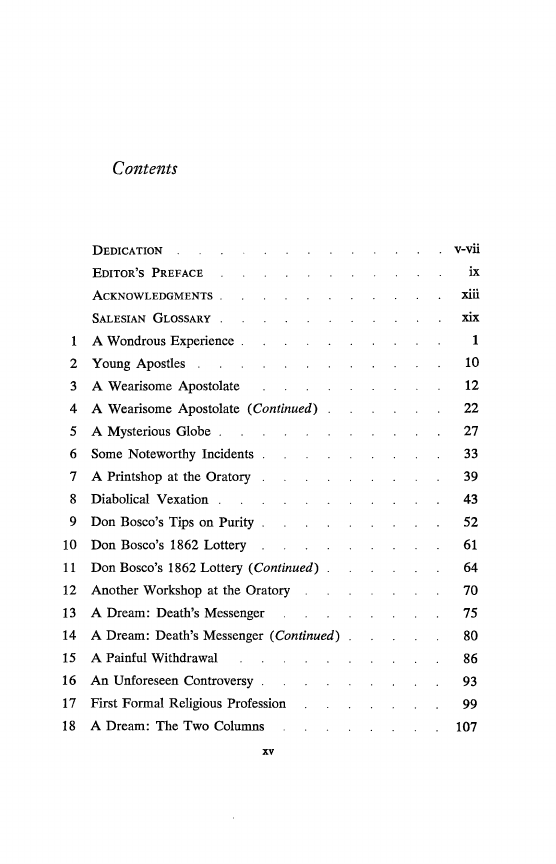
 |
3.2 Page 22 |
▲back to top |

 |
3.3 Page 23 |
▲back to top |
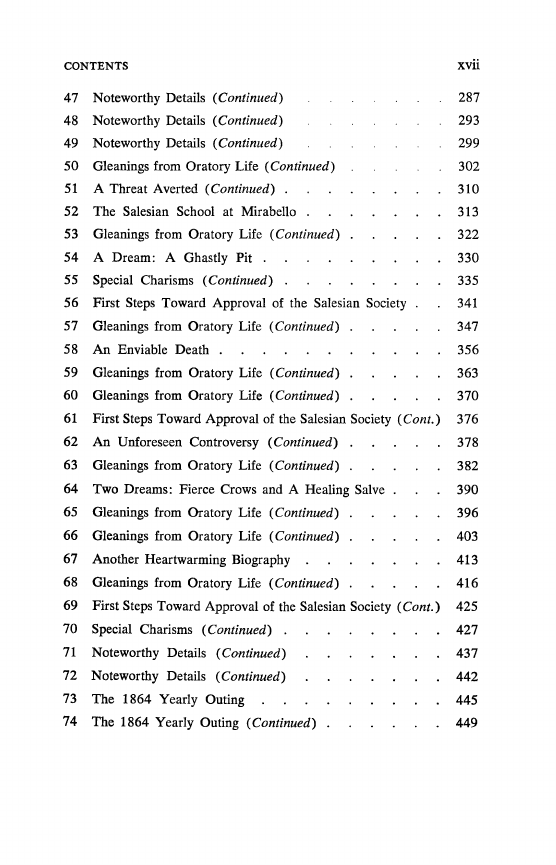
 |
3.4 Page 24 |
▲back to top |
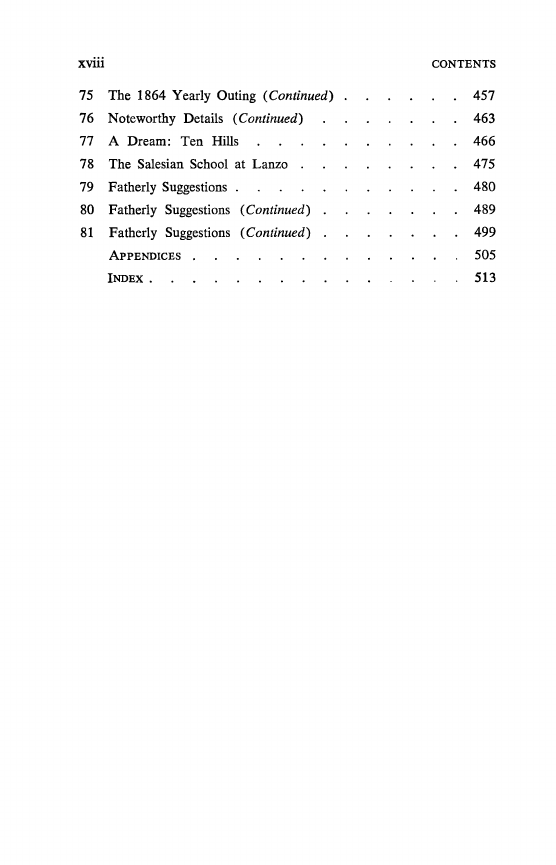
 |
3.5 Page 25 |
▲back to top |
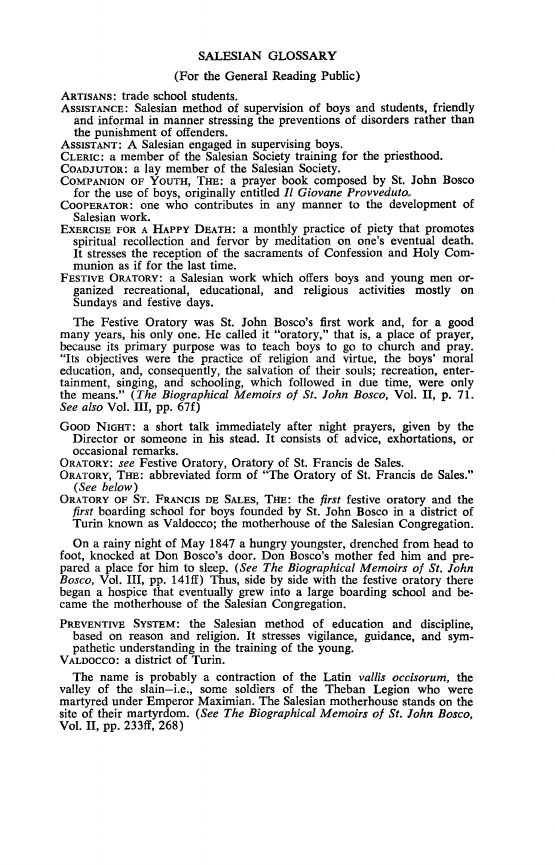
 |
3.6 Page 26 |
▲back to top |

 |
3.7 Page 27 |
▲back to top |

 |
3.8 Page 28 |
▲back to top |

 |
3.9 Page 29 |
▲back to top |
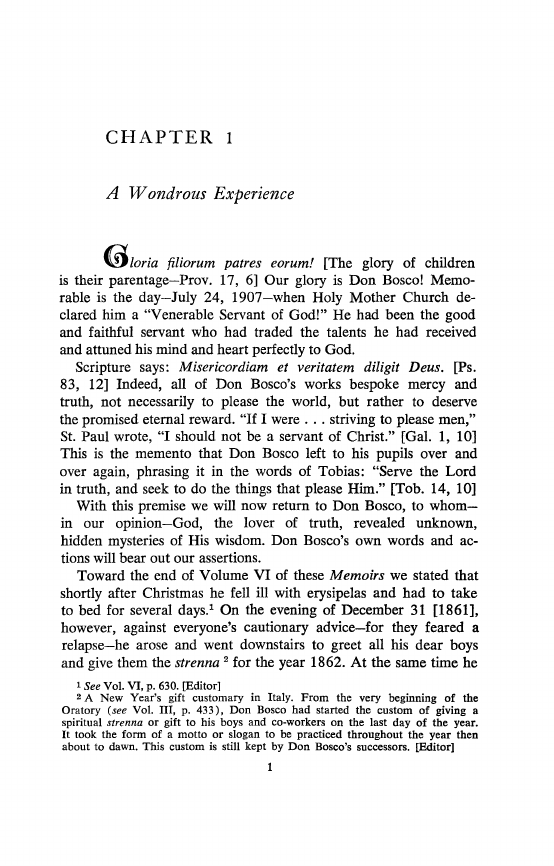
 |
3.10 Page 30 |
▲back to top |

 |
4 Pages 31-40 |
▲back to top |
 |
4.1 Page 31 |
▲back to top |

 |
4.2 Page 32 |
▲back to top |
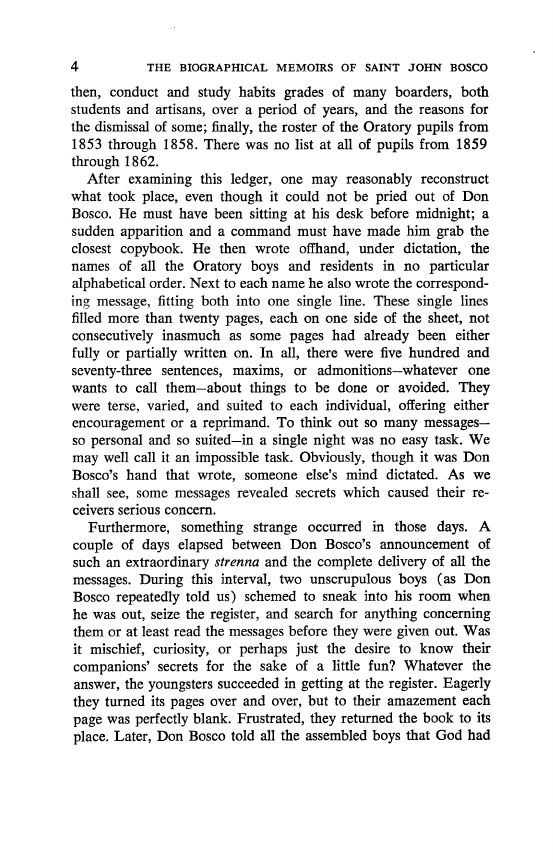
 |
4.3 Page 33 |
▲back to top |
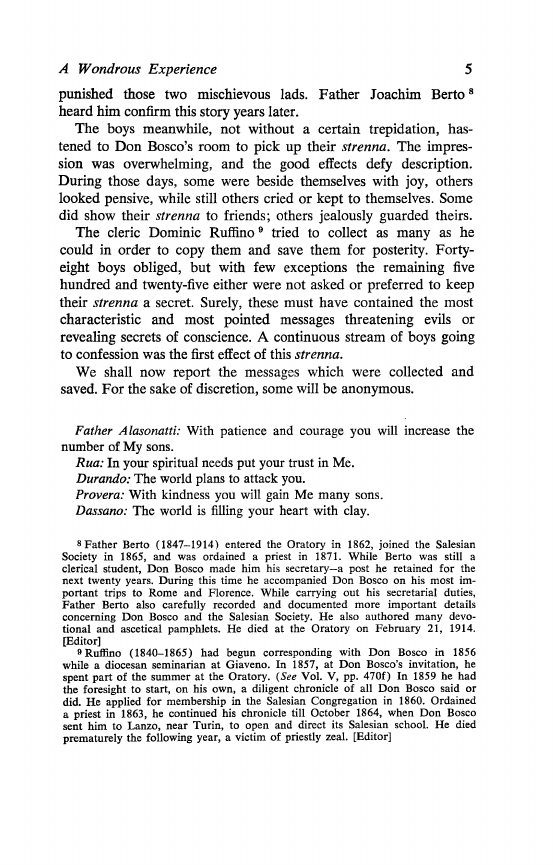
 |
4.4 Page 34 |
▲back to top |
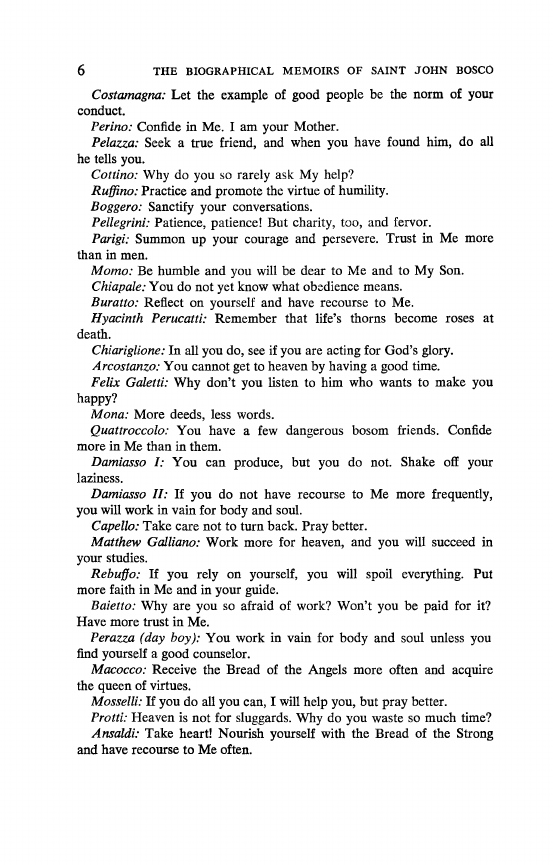
 |
4.5 Page 35 |
▲back to top |

 |
4.6 Page 36 |
▲back to top |
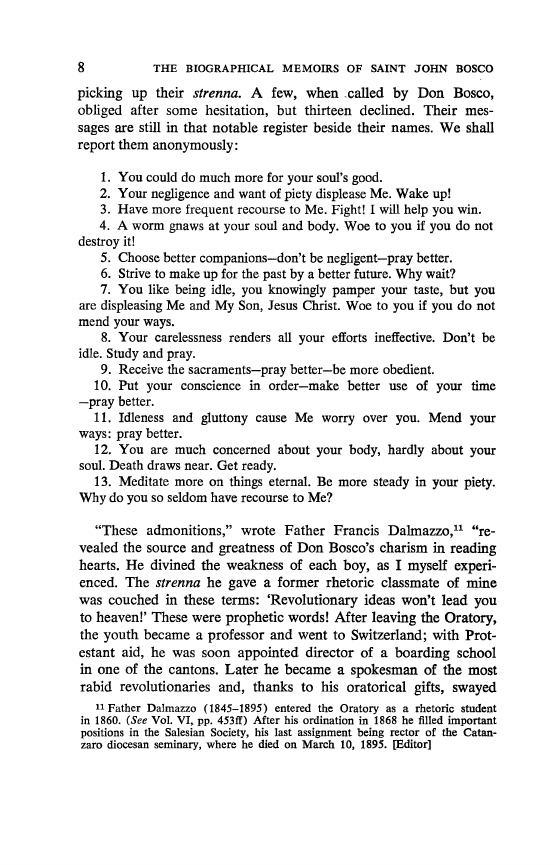
 |
4.7 Page 37 |
▲back to top |

 |
4.8 Page 38 |
▲back to top |

 |
4.9 Page 39 |
▲back to top |
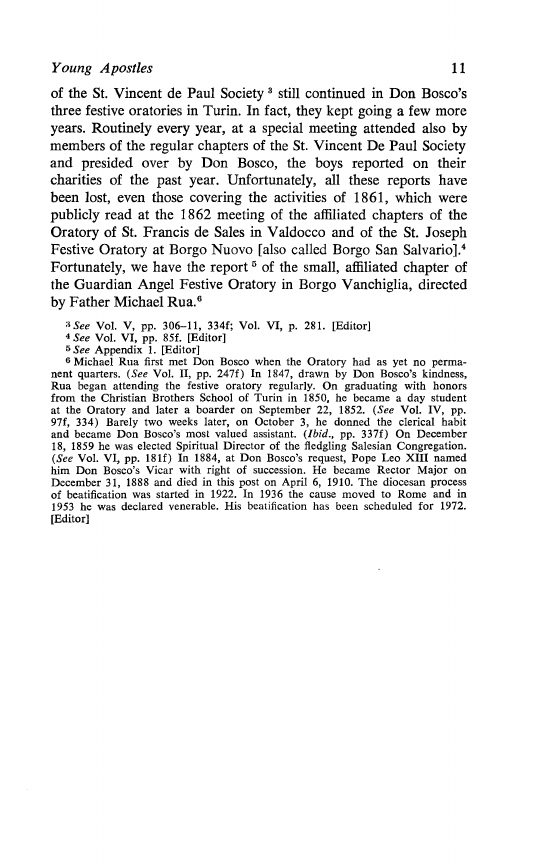
 |
4.10 Page 40 |
▲back to top |

 |
5 Pages 41-50 |
▲back to top |
 |
5.1 Page 41 |
▲back to top |
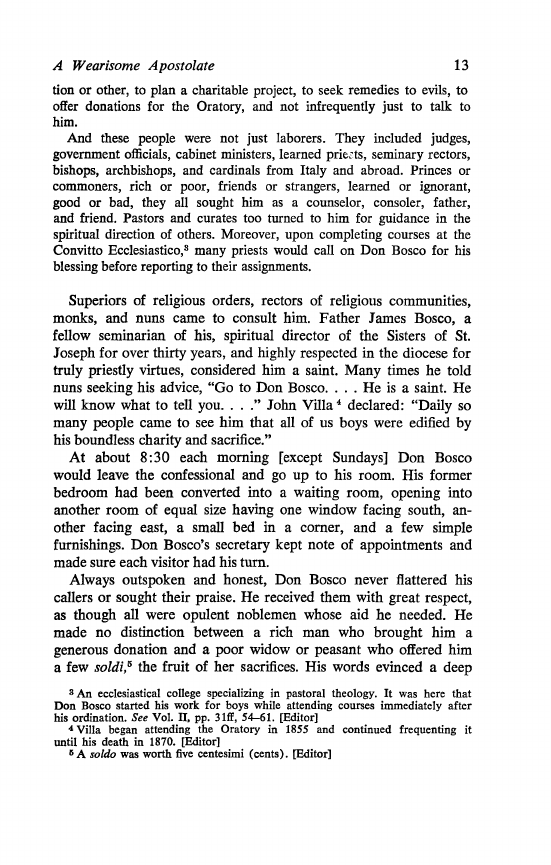
 |
5.2 Page 42 |
▲back to top |

 |
5.3 Page 43 |
▲back to top |

 |
5.4 Page 44 |
▲back to top |
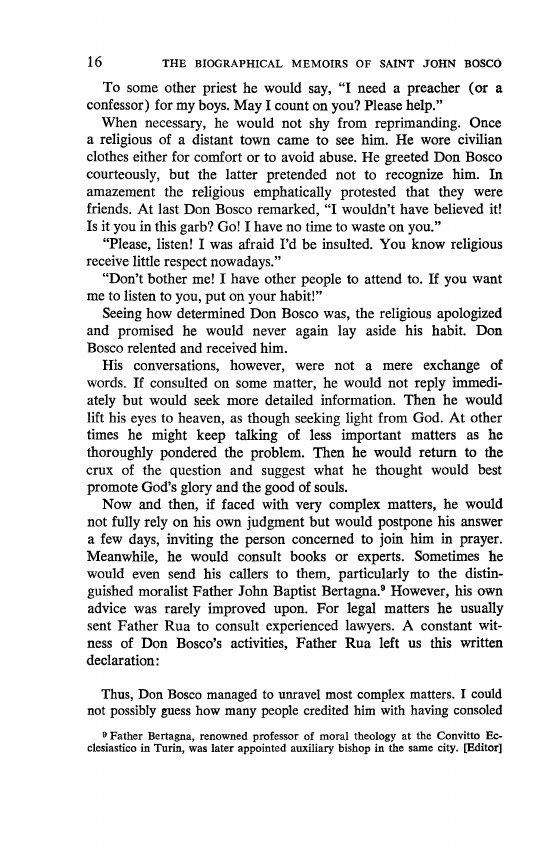
 |
5.5 Page 45 |
▲back to top |

 |
5.6 Page 46 |
▲back to top |

 |
5.7 Page 47 |
▲back to top |

 |
5.8 Page 48 |
▲back to top |

 |
5.9 Page 49 |
▲back to top |
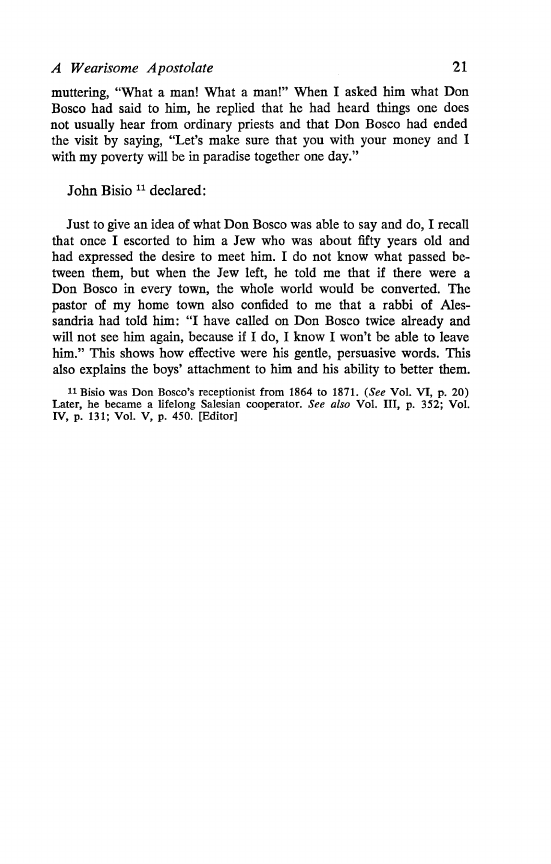
 |
5.10 Page 50 |
▲back to top |

 |
6 Pages 51-60 |
▲back to top |
 |
6.1 Page 51 |
▲back to top |

 |
6.2 Page 52 |
▲back to top |
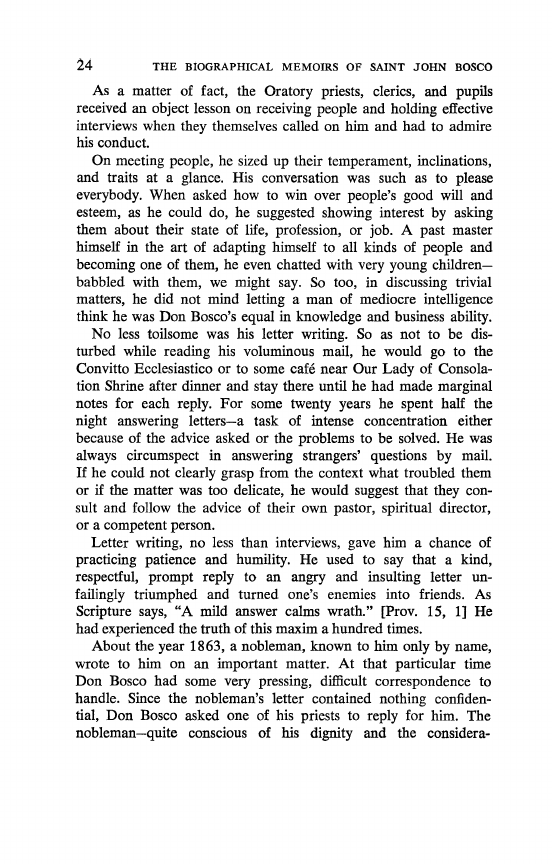
 |
6.3 Page 53 |
▲back to top |
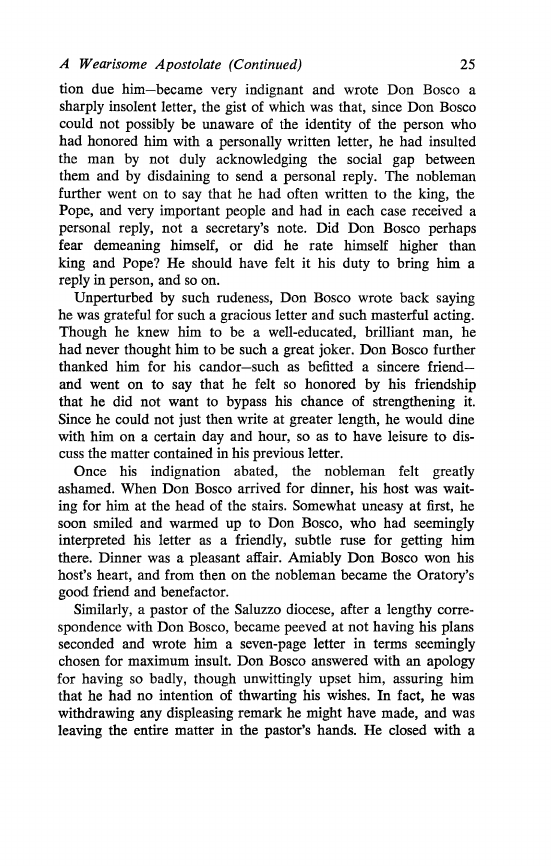
 |
6.4 Page 54 |
▲back to top |

 |
6.5 Page 55 |
▲back to top |
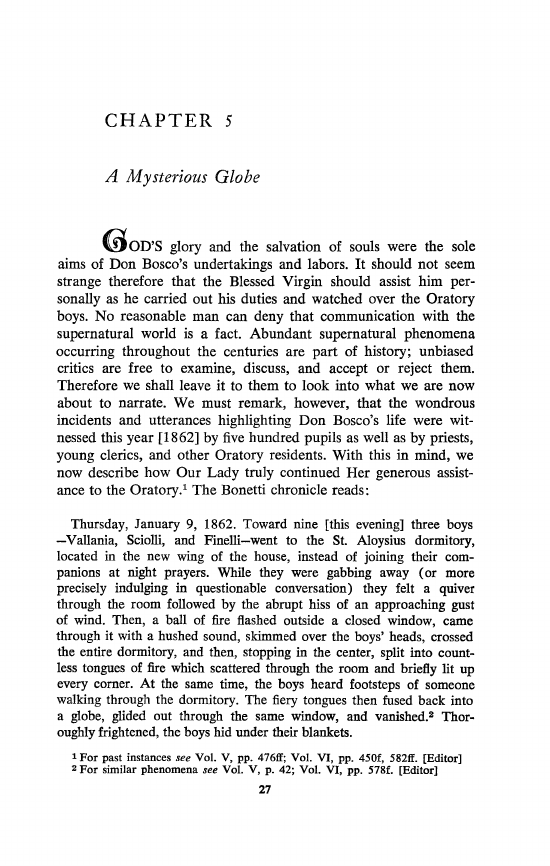
 |
6.6 Page 56 |
▲back to top |

 |
6.7 Page 57 |
▲back to top |

 |
6.8 Page 58 |
▲back to top |
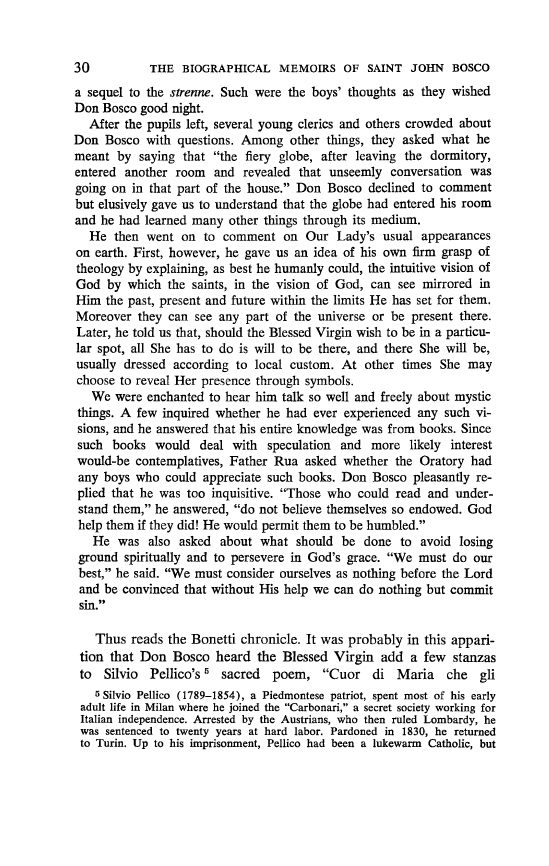
 |
6.9 Page 59 |
▲back to top |
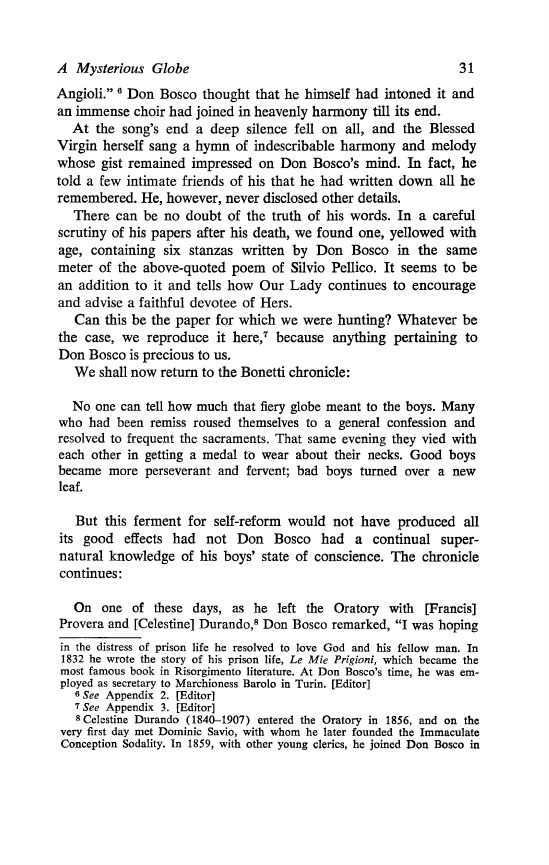
 |
6.10 Page 60 |
▲back to top |
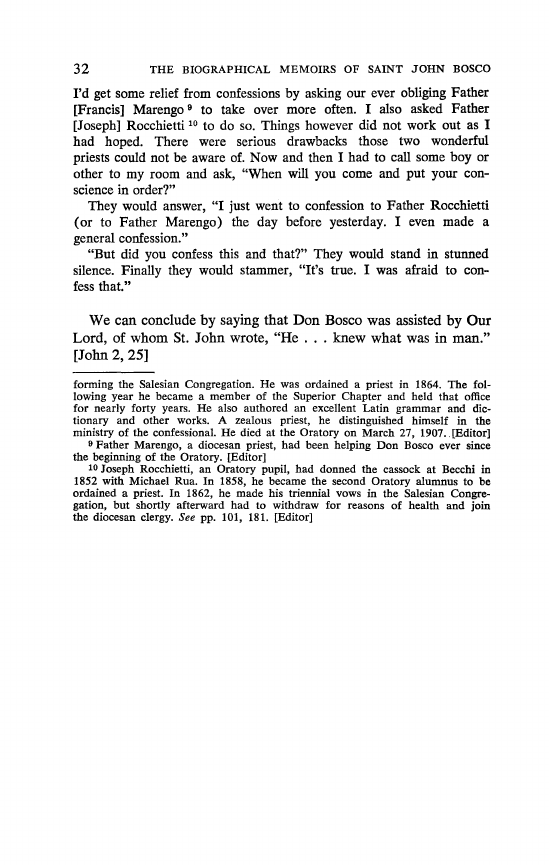
 |
7 Pages 61-70 |
▲back to top |
 |
7.1 Page 61 |
▲back to top |
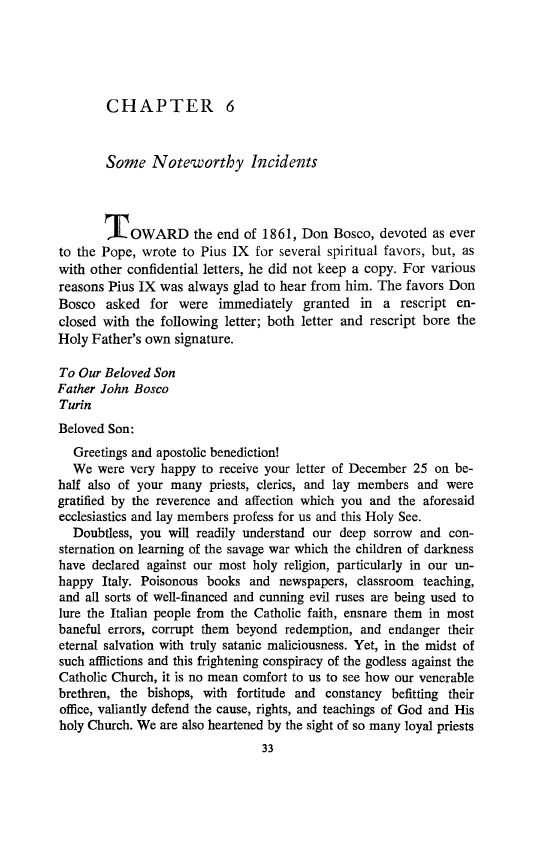
 |
7.2 Page 62 |
▲back to top |
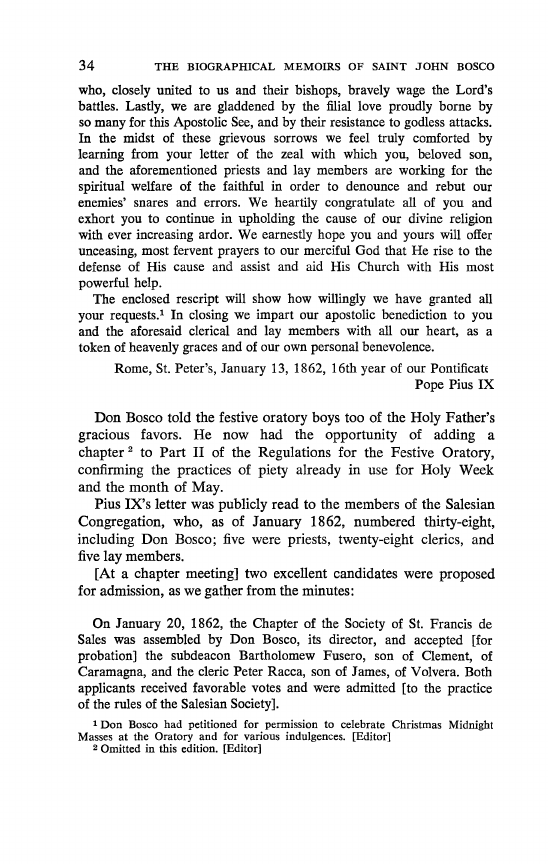
 |
7.3 Page 63 |
▲back to top |
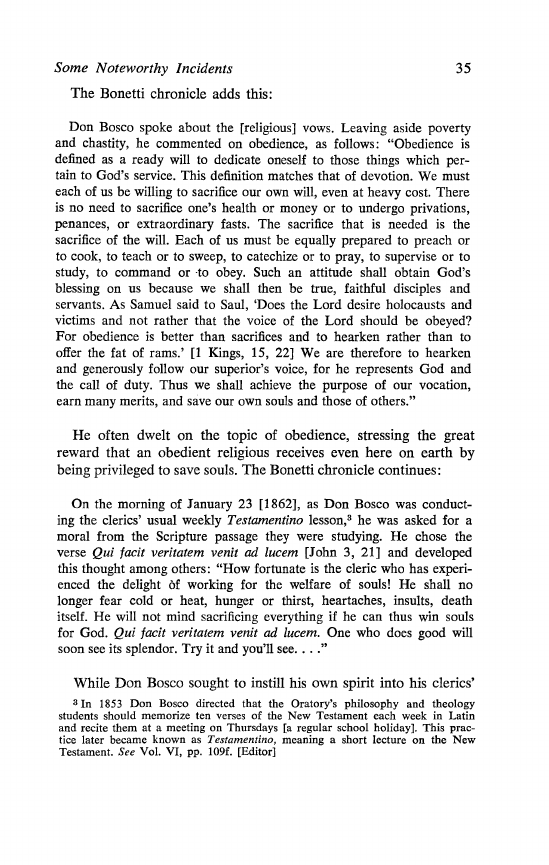
 |
7.4 Page 64 |
▲back to top |

 |
7.5 Page 65 |
▲back to top |

 |
7.6 Page 66 |
▲back to top |
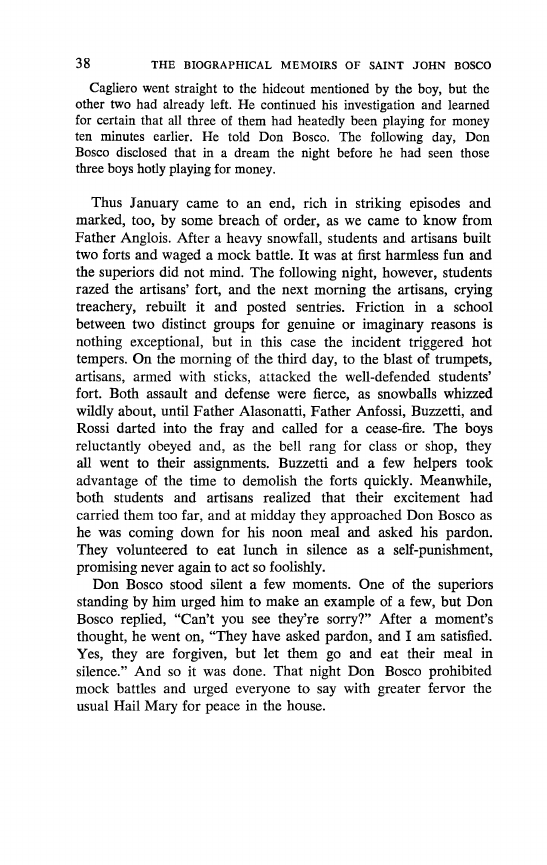
 |
7.7 Page 67 |
▲back to top |

 |
7.8 Page 68 |
▲back to top |

 |
7.9 Page 69 |
▲back to top |
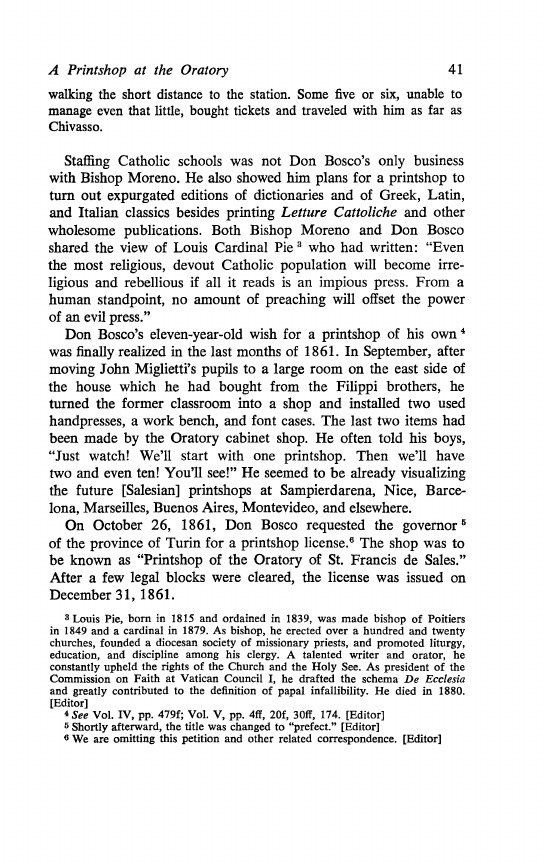
 |
7.10 Page 70 |
▲back to top |
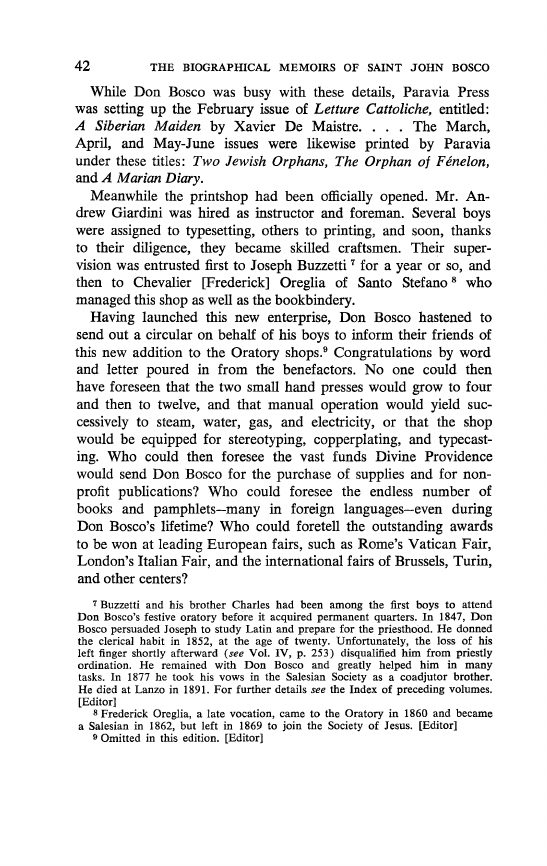
 |
8 Pages 71-80 |
▲back to top |
 |
8.1 Page 71 |
▲back to top |

 |
8.2 Page 72 |
▲back to top |
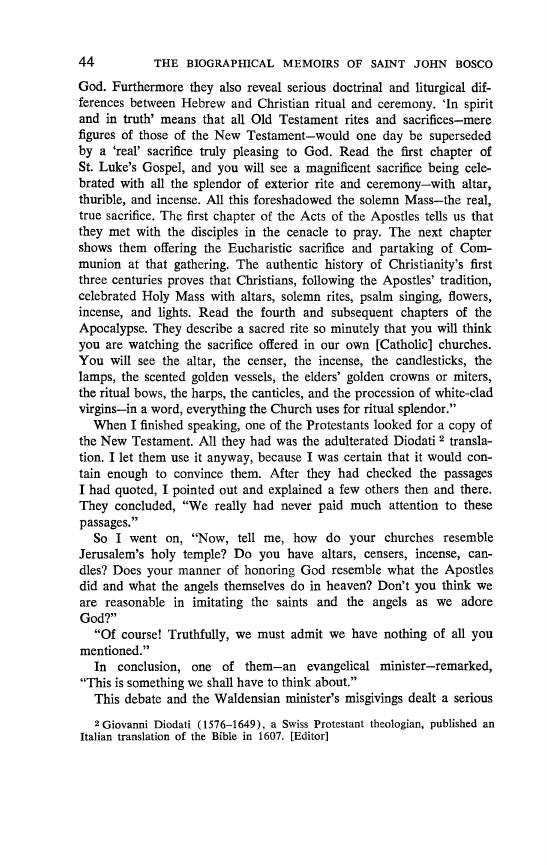
 |
8.3 Page 73 |
▲back to top |

 |
8.4 Page 74 |
▲back to top |

 |
8.5 Page 75 |
▲back to top |
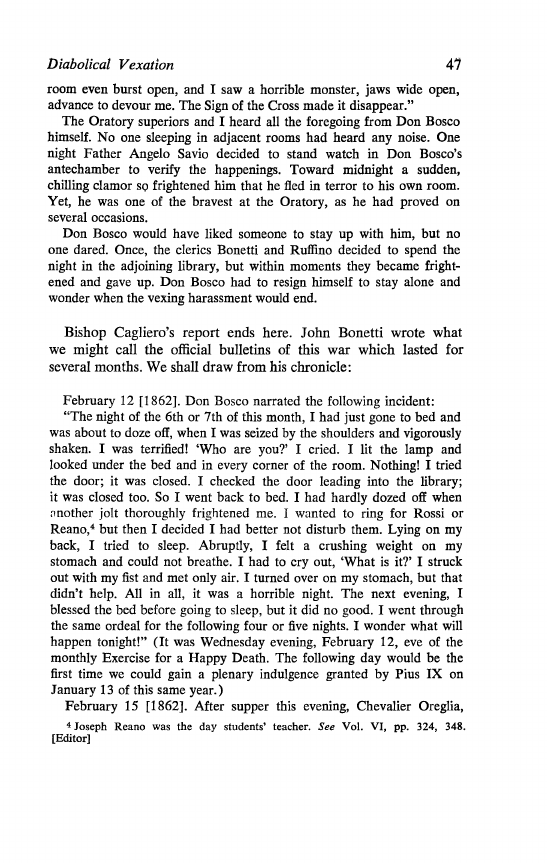
 |
8.6 Page 76 |
▲back to top |
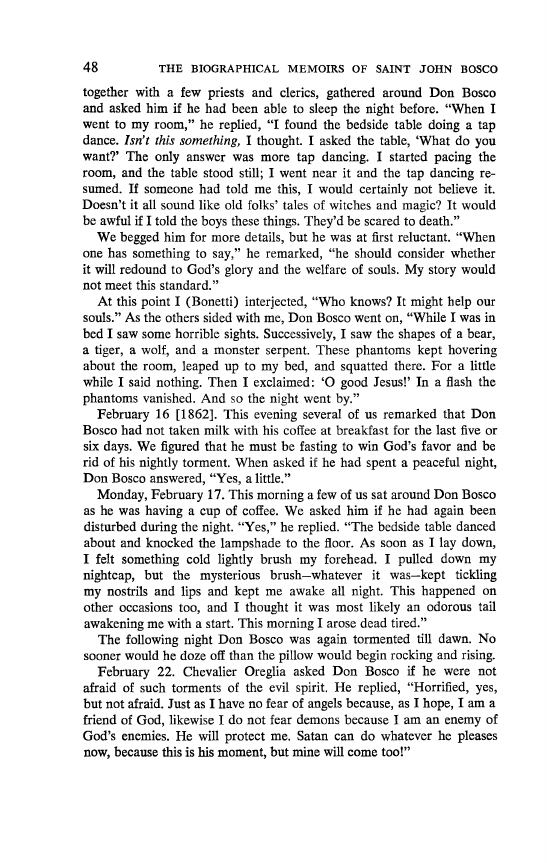
 |
8.7 Page 77 |
▲back to top |

 |
8.8 Page 78 |
▲back to top |

 |
8.9 Page 79 |
▲back to top |
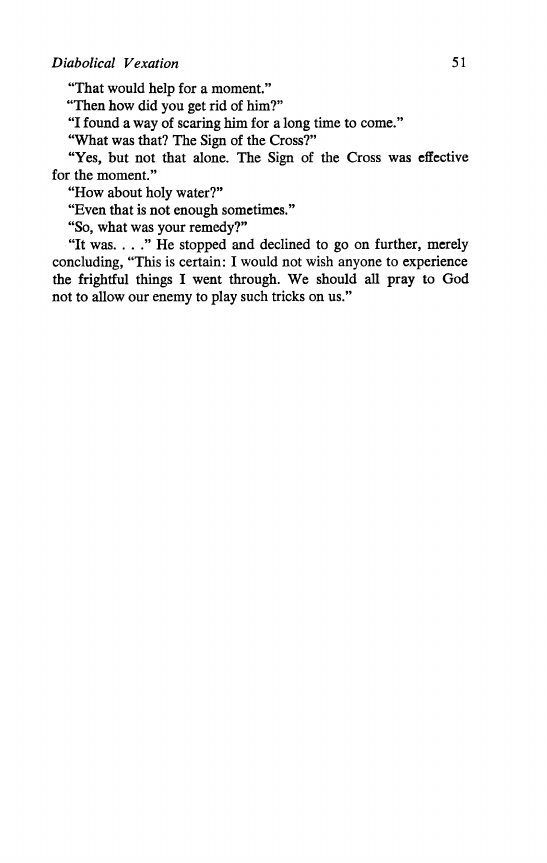
 |
8.10 Page 80 |
▲back to top |
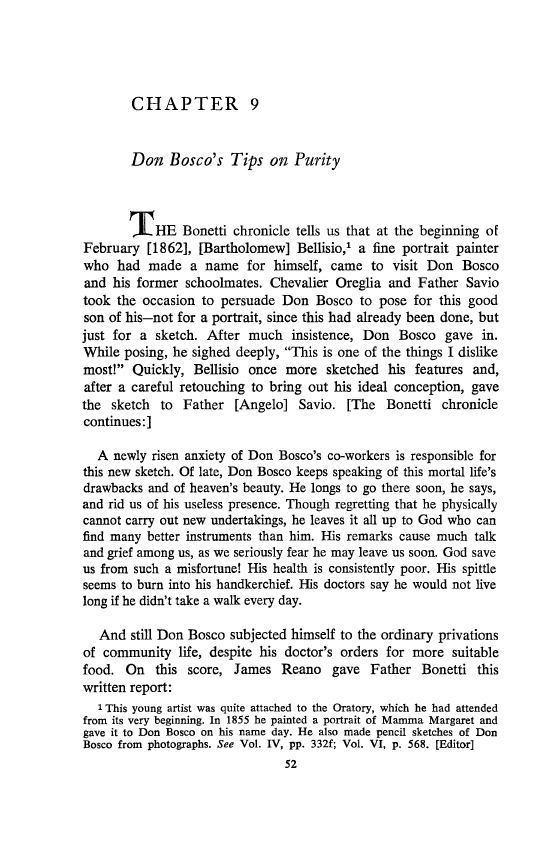
 |
9 Pages 81-90 |
▲back to top |
 |
9.1 Page 81 |
▲back to top |

 |
9.2 Page 82 |
▲back to top |
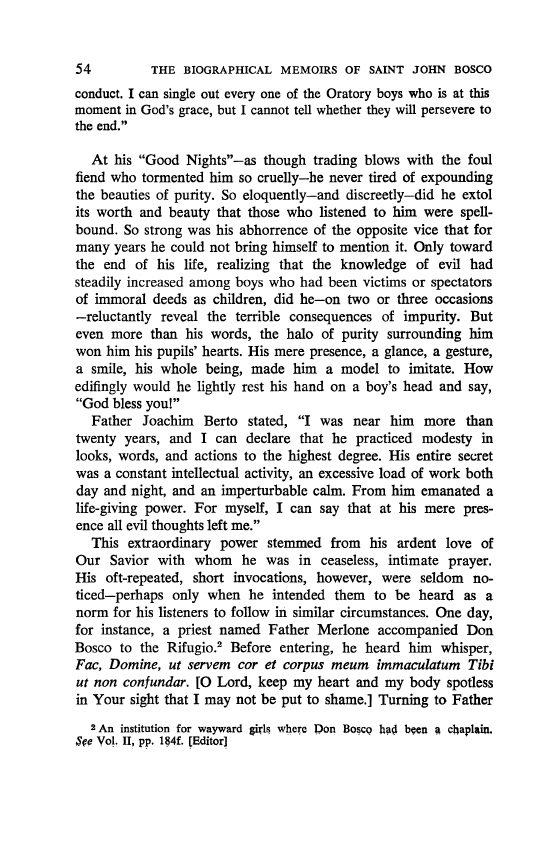
 |
9.3 Page 83 |
▲back to top |
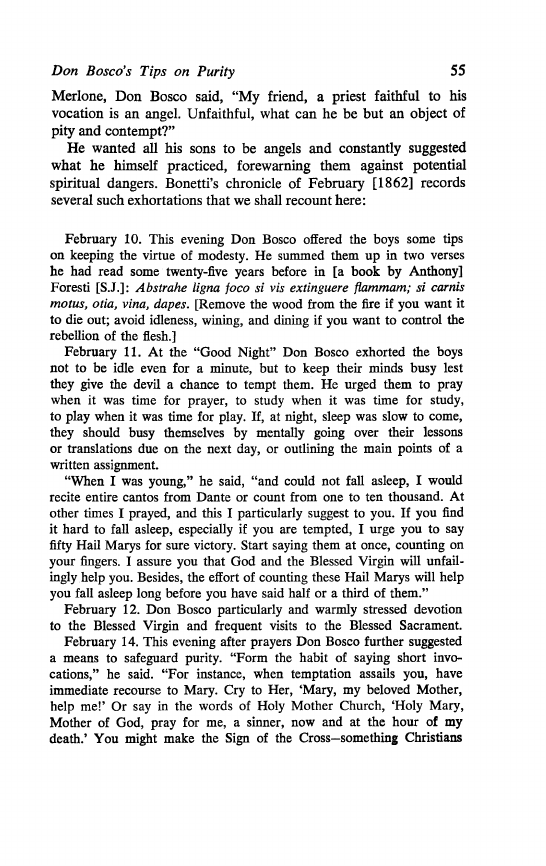
 |
9.4 Page 84 |
▲back to top |
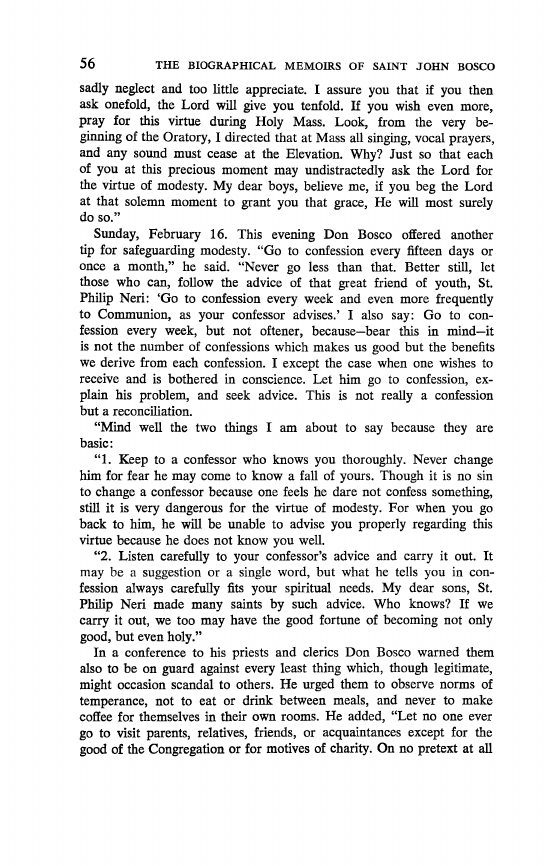
 |
9.5 Page 85 |
▲back to top |

 |
9.6 Page 86 |
▲back to top |
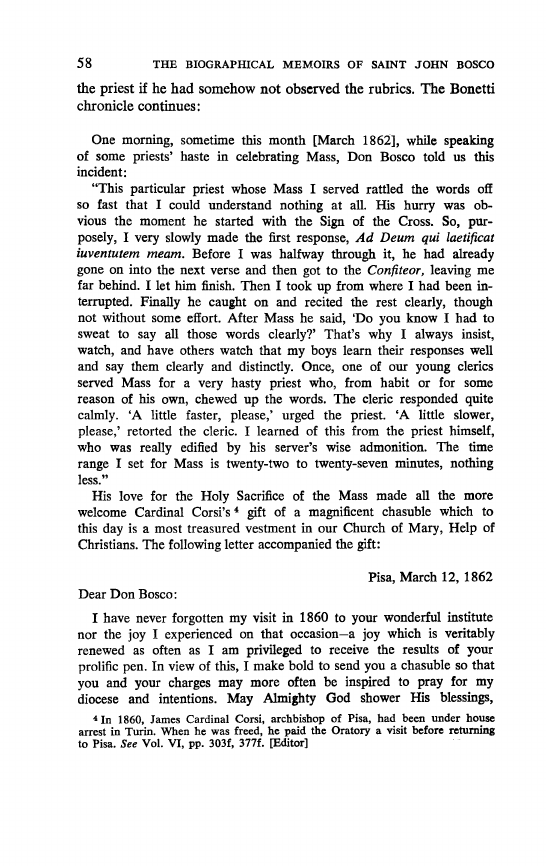
 |
9.7 Page 87 |
▲back to top |

 |
9.8 Page 88 |
▲back to top |
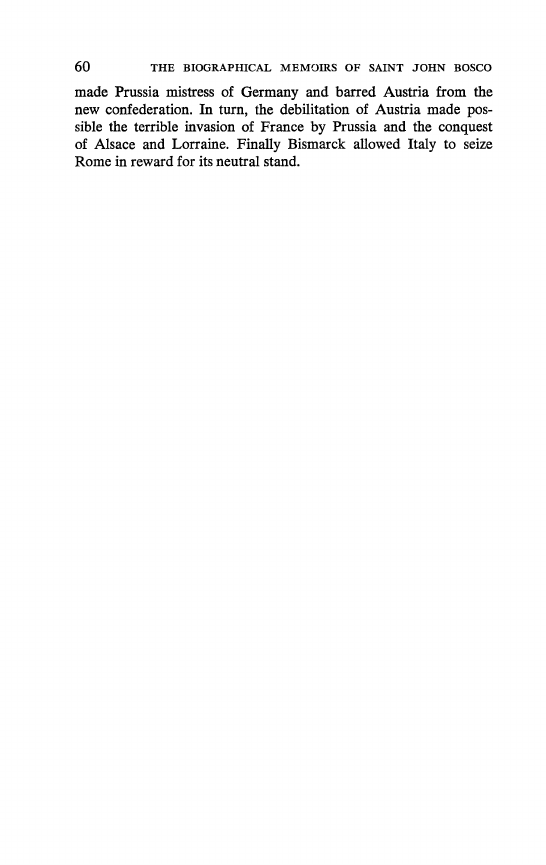
 |
9.9 Page 89 |
▲back to top |

 |
9.10 Page 90 |
▲back to top |
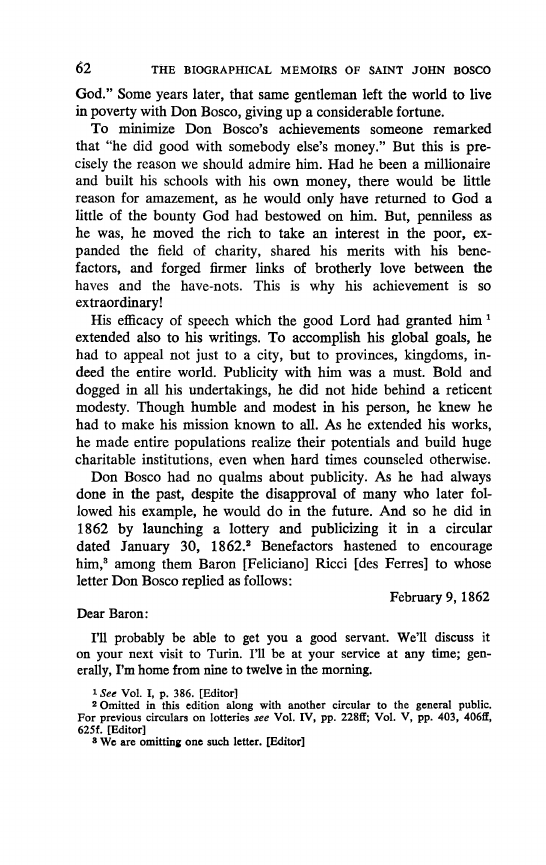
 |
10 Pages 91-100 |
▲back to top |
 |
10.1 Page 91 |
▲back to top |

 |
10.2 Page 92 |
▲back to top |
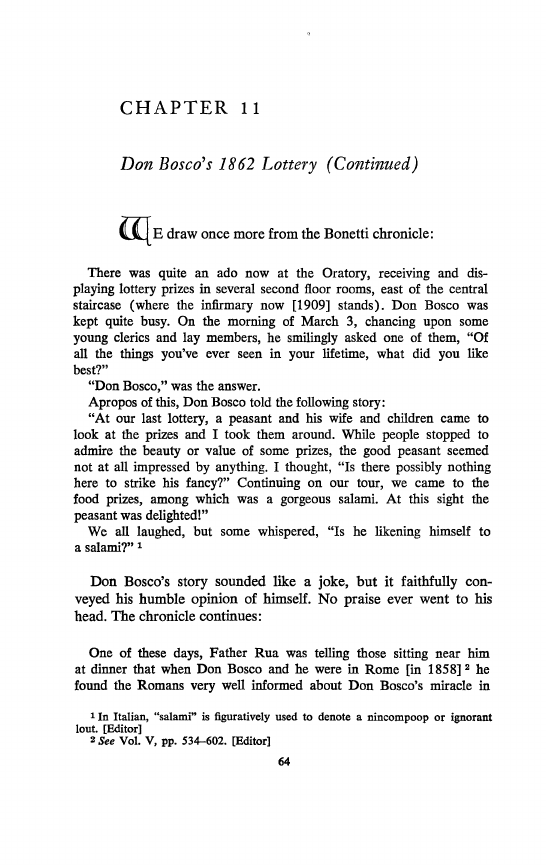
 |
10.3 Page 93 |
▲back to top |

 |
10.4 Page 94 |
▲back to top |
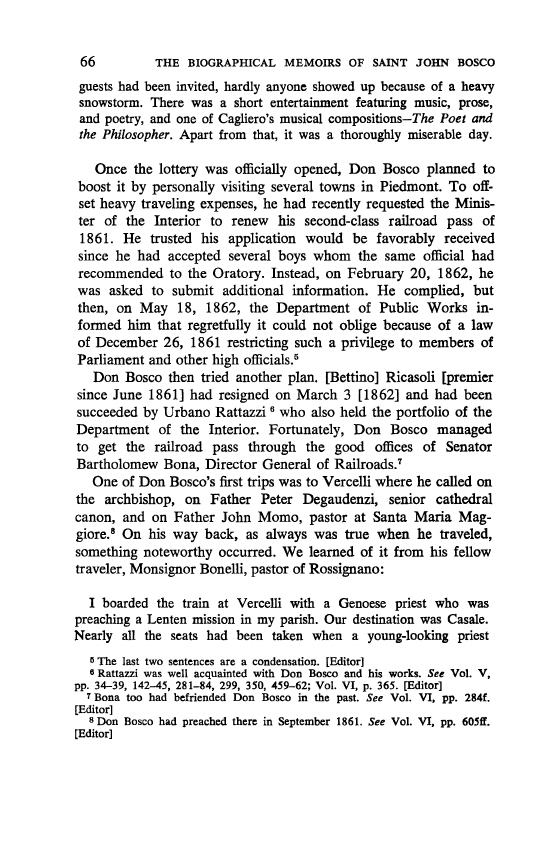
 |
10.5 Page 95 |
▲back to top |

 |
10.6 Page 96 |
▲back to top |

 |
10.7 Page 97 |
▲back to top |

 |
10.8 Page 98 |
▲back to top |

 |
10.9 Page 99 |
▲back to top |

 |
10.10 Page 100 |
▲back to top |

 |
11 Pages 101-110 |
▲back to top |
 |
11.1 Page 101 |
▲back to top |
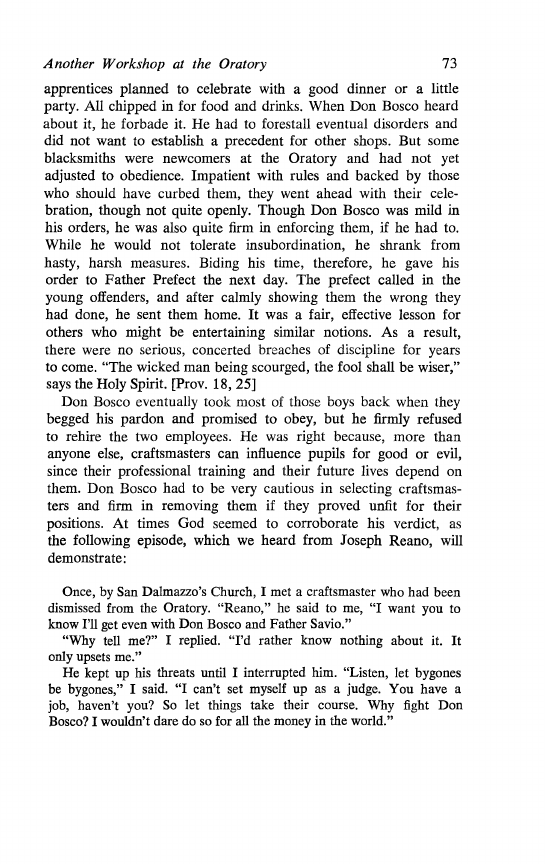
 |
11.2 Page 102 |
▲back to top |

 |
11.3 Page 103 |
▲back to top |

 |
11.4 Page 104 |
▲back to top |

 |
11.5 Page 105 |
▲back to top |

 |
11.6 Page 106 |
▲back to top |

 |
11.7 Page 107 |
▲back to top |
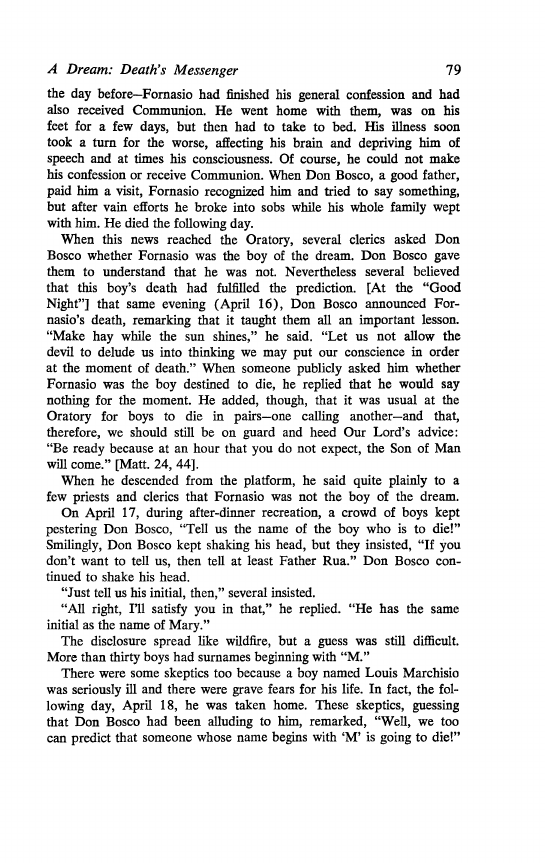
 |
11.8 Page 108 |
▲back to top |

 |
11.9 Page 109 |
▲back to top |

 |
11.10 Page 110 |
▲back to top |
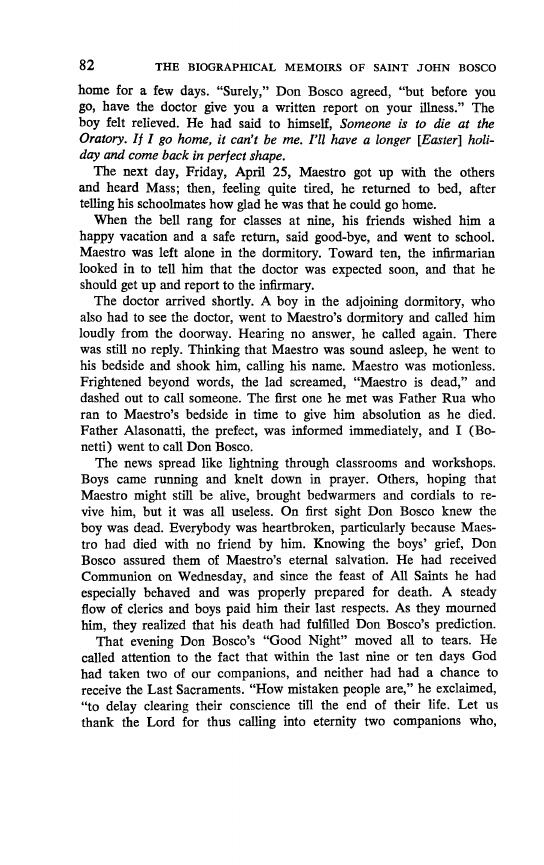
 |
12 Pages 111-120 |
▲back to top |
 |
12.1 Page 111 |
▲back to top |

 |
12.2 Page 112 |
▲back to top |

 |
12.3 Page 113 |
▲back to top |
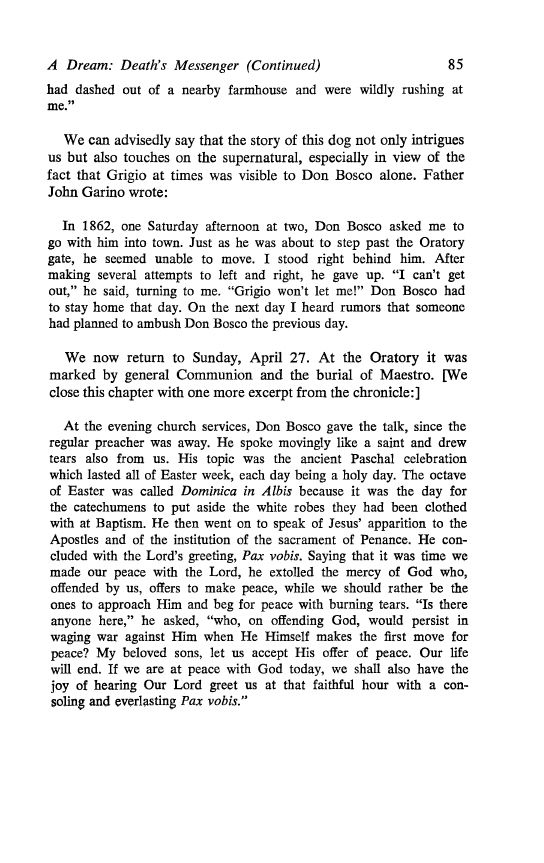
 |
12.4 Page 114 |
▲back to top |

 |
12.5 Page 115 |
▲back to top |

 |
12.6 Page 116 |
▲back to top |
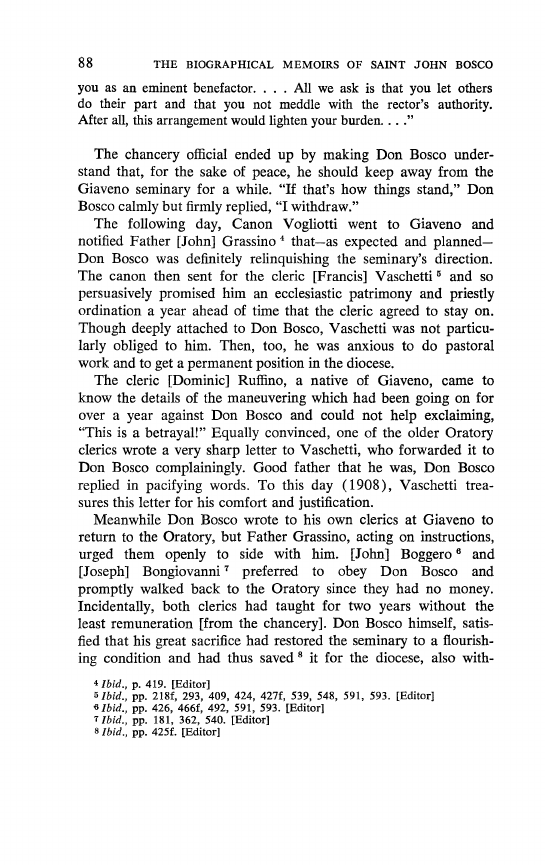
 |
12.7 Page 117 |
▲back to top |

 |
12.8 Page 118 |
▲back to top |
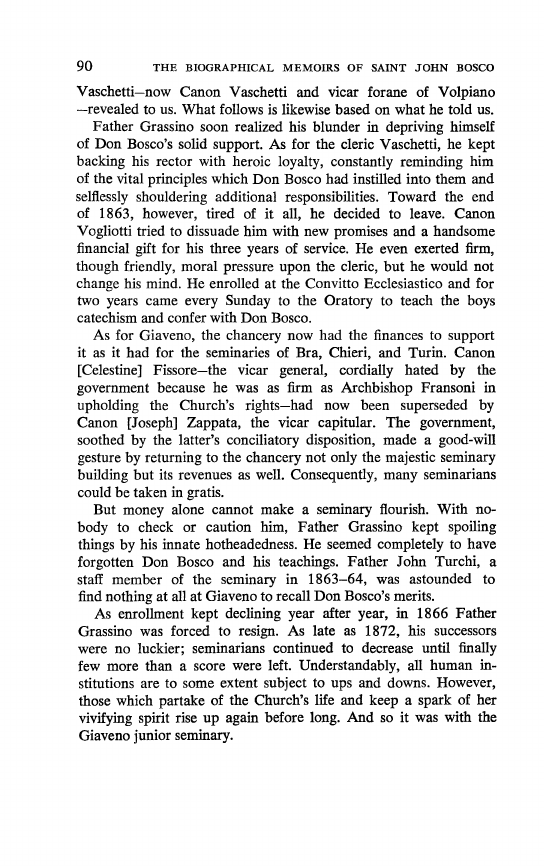
 |
12.9 Page 119 |
▲back to top |
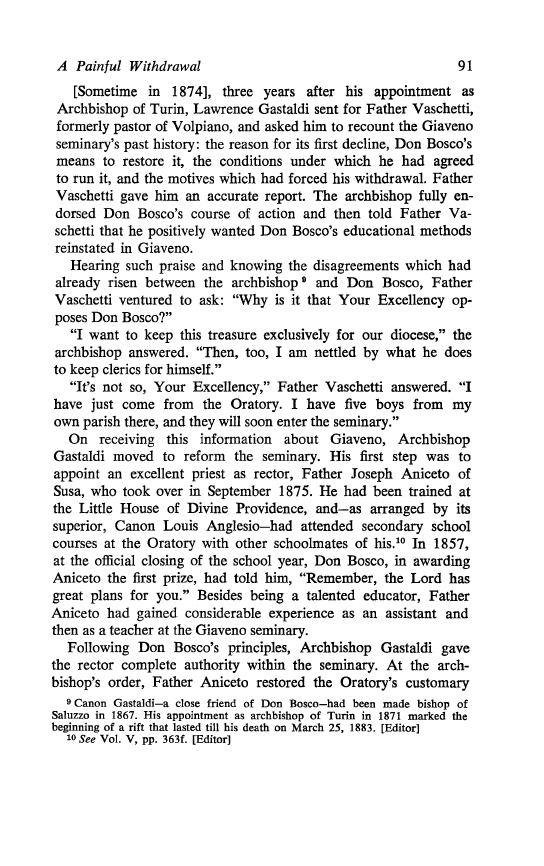
 |
12.10 Page 120 |
▲back to top |

 |
13 Pages 121-130 |
▲back to top |
 |
13.1 Page 121 |
▲back to top |

 |
13.2 Page 122 |
▲back to top |

 |
13.3 Page 123 |
▲back to top |

 |
13.4 Page 124 |
▲back to top |
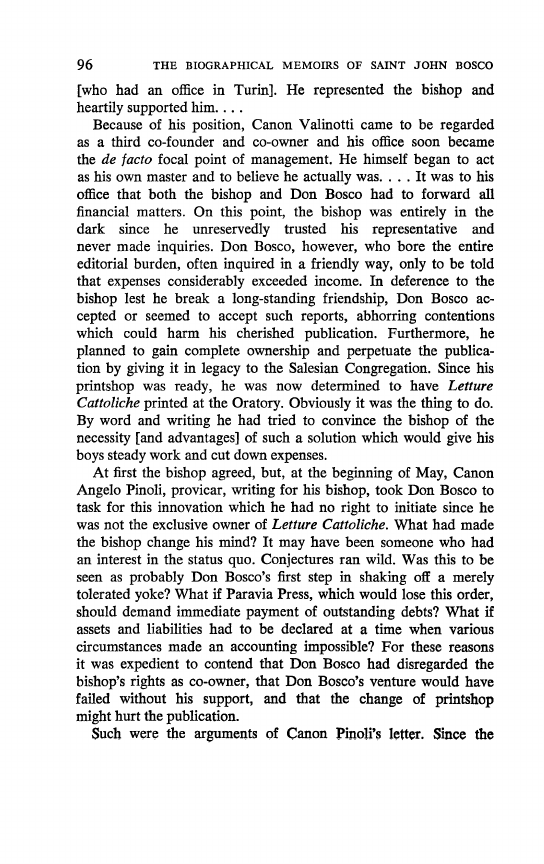
 |
13.5 Page 125 |
▲back to top |

 |
13.6 Page 126 |
▲back to top |

 |
13.7 Page 127 |
▲back to top |
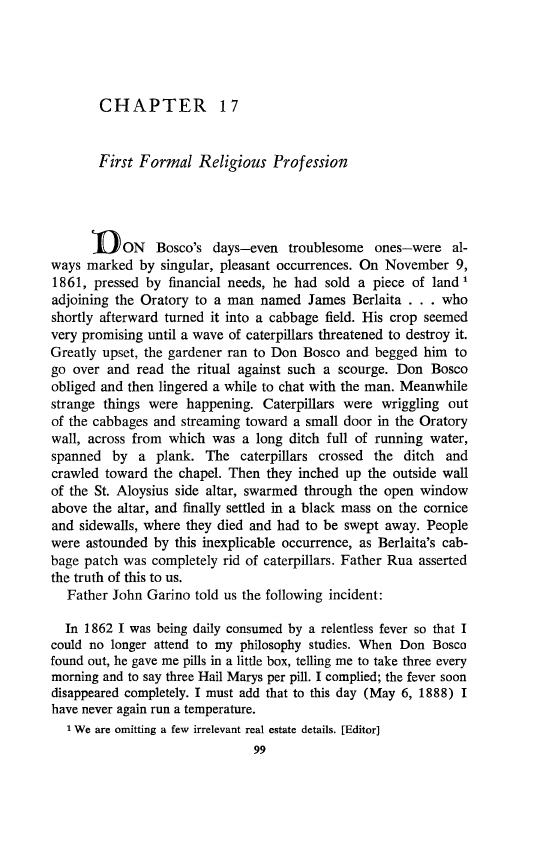
 |
13.8 Page 128 |
▲back to top |
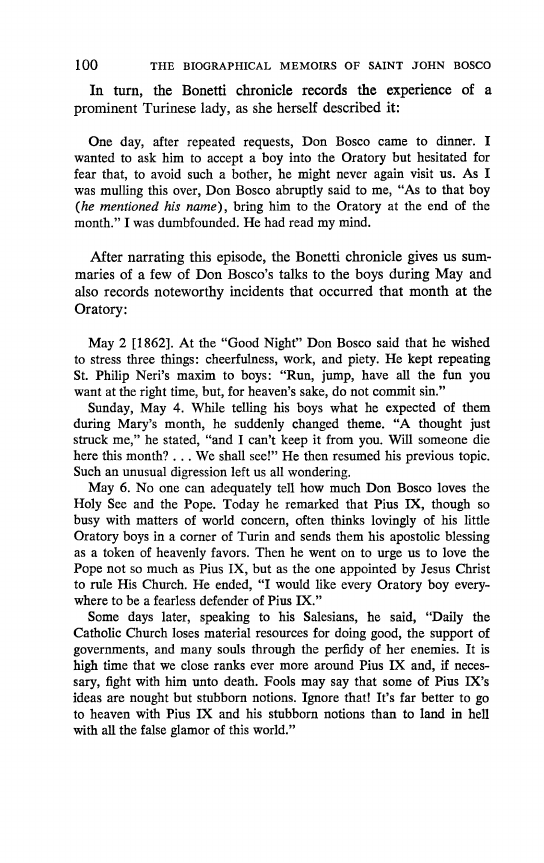
 |
13.9 Page 129 |
▲back to top |

 |
13.10 Page 130 |
▲back to top |
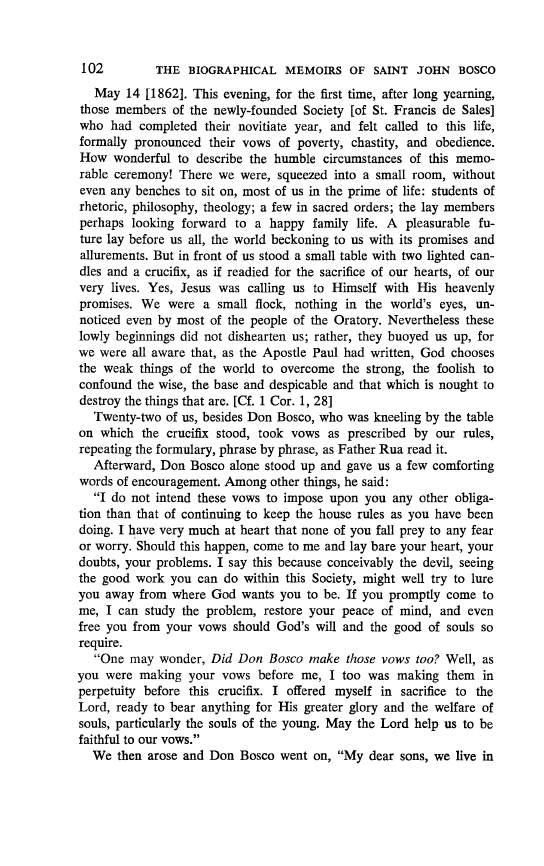
 |
14 Pages 131-140 |
▲back to top |
 |
14.1 Page 131 |
▲back to top |
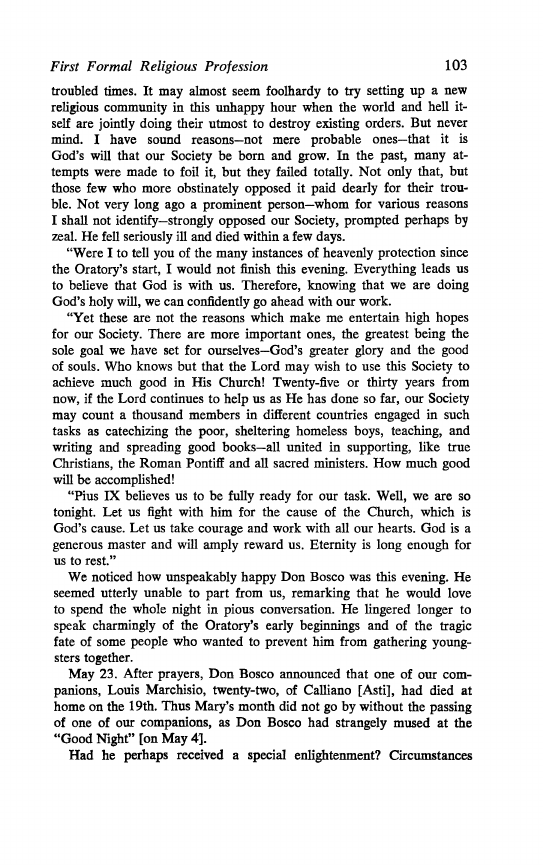
 |
14.2 Page 132 |
▲back to top |

 |
14.3 Page 133 |
▲back to top |

 |
14.4 Page 134 |
▲back to top |
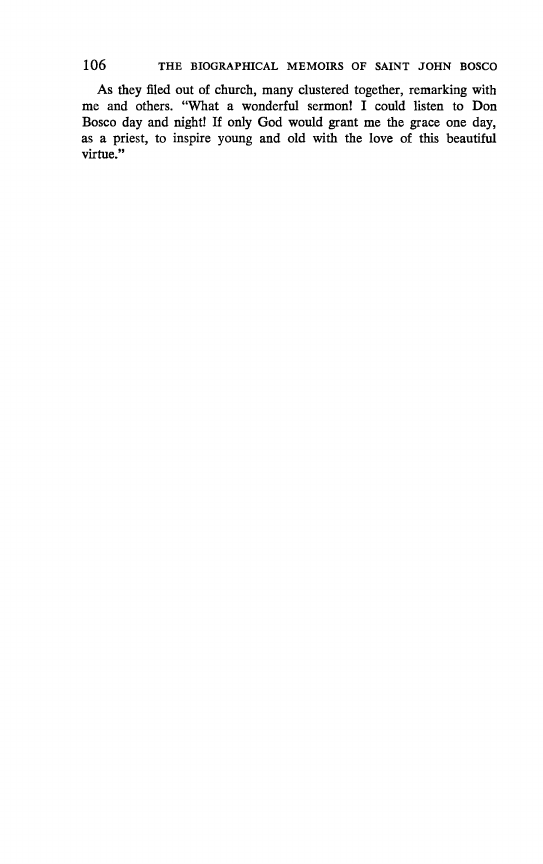
 |
14.5 Page 135 |
▲back to top |

 |
14.6 Page 136 |
▲back to top |

 |
14.7 Page 137 |
▲back to top |

 |
14.8 Page 138 |
▲back to top |

 |
14.9 Page 139 |
▲back to top |

 |
14.10 Page 140 |
▲back to top |

 |
15 Pages 141-150 |
▲back to top |
 |
15.1 Page 141 |
▲back to top |

 |
15.2 Page 142 |
▲back to top |

 |
15.3 Page 143 |
▲back to top |

 |
15.4 Page 144 |
▲back to top |

 |
15.5 Page 145 |
▲back to top |

 |
15.6 Page 146 |
▲back to top |

 |
15.7 Page 147 |
▲back to top |

 |
15.8 Page 148 |
▲back to top |
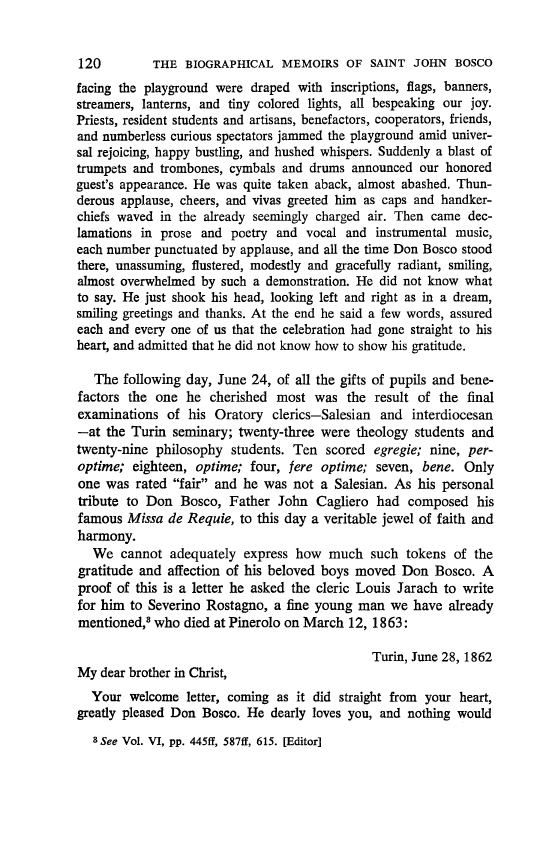
 |
15.9 Page 149 |
▲back to top |
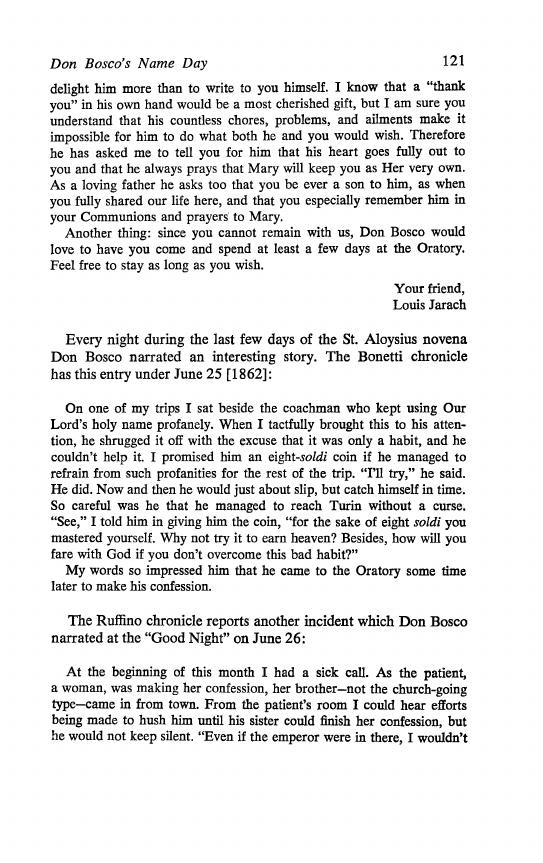
 |
15.10 Page 150 |
▲back to top |

 |
16 Pages 151-160 |
▲back to top |
 |
16.1 Page 151 |
▲back to top |
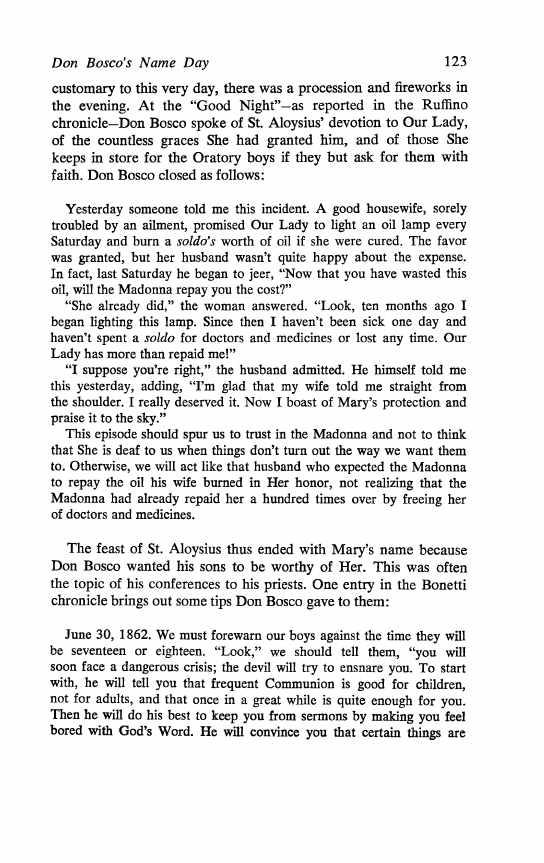
 |
16.2 Page 152 |
▲back to top |
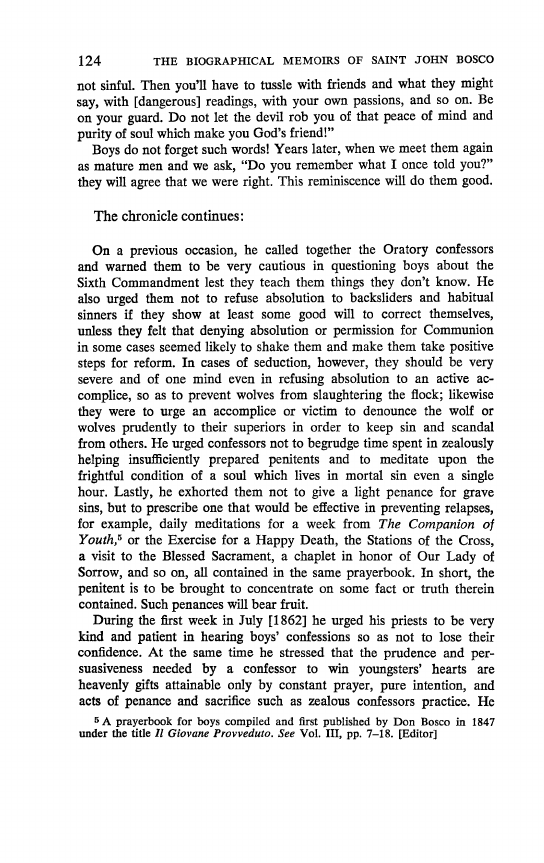
 |
16.3 Page 153 |
▲back to top |

 |
16.4 Page 154 |
▲back to top |

 |
16.5 Page 155 |
▲back to top |
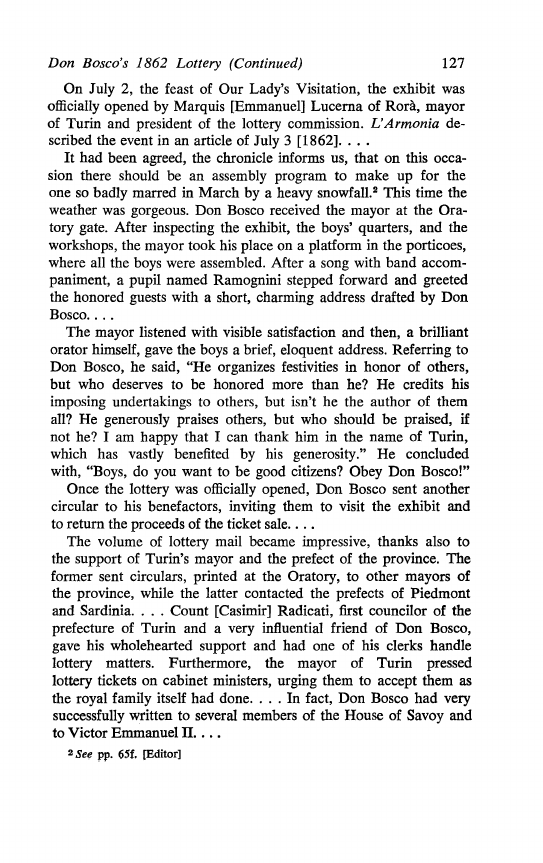
 |
16.6 Page 156 |
▲back to top |

 |
16.7 Page 157 |
▲back to top |

 |
16.8 Page 158 |
▲back to top |
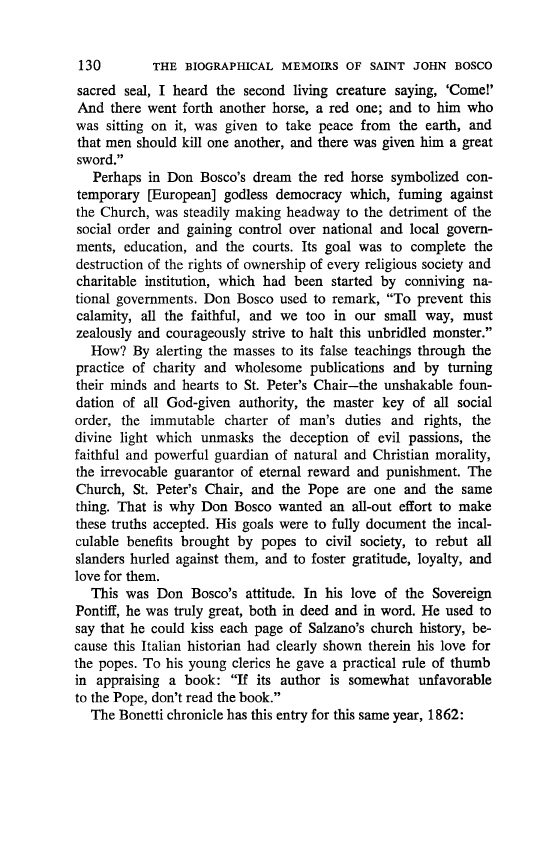
 |
16.9 Page 159 |
▲back to top |
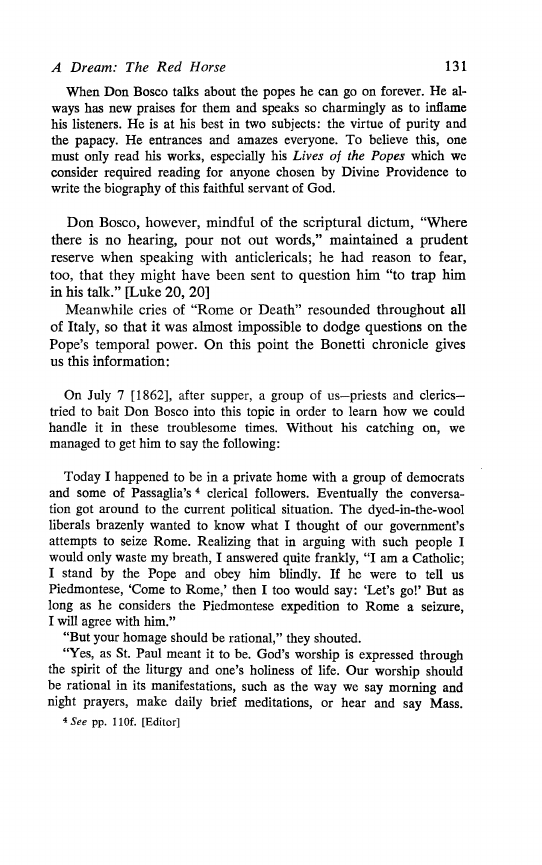
 |
16.10 Page 160 |
▲back to top |
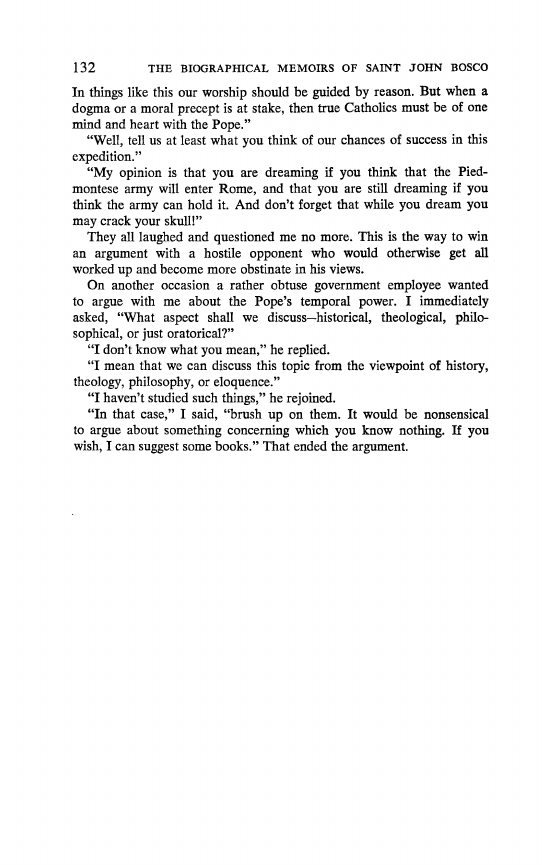
 |
17 Pages 161-170 |
▲back to top |
 |
17.1 Page 161 |
▲back to top |
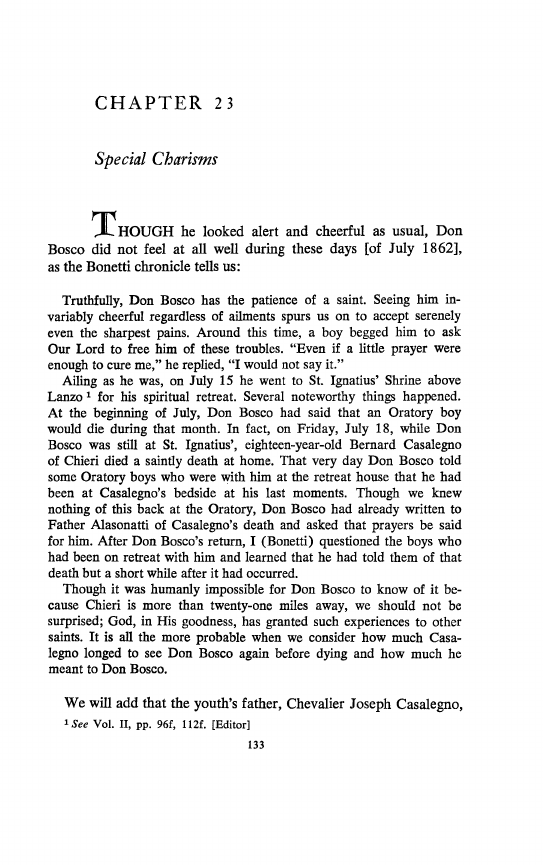
 |
17.2 Page 162 |
▲back to top |
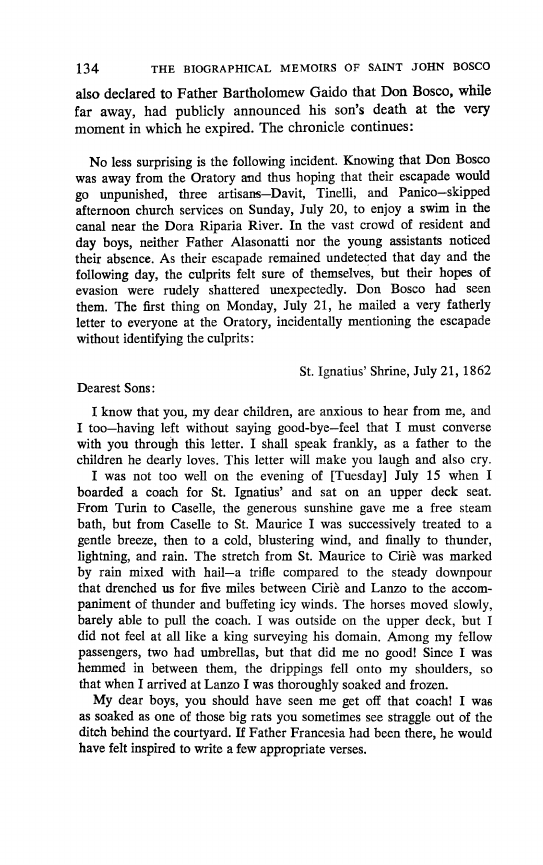
 |
17.3 Page 163 |
▲back to top |

 |
17.4 Page 164 |
▲back to top |
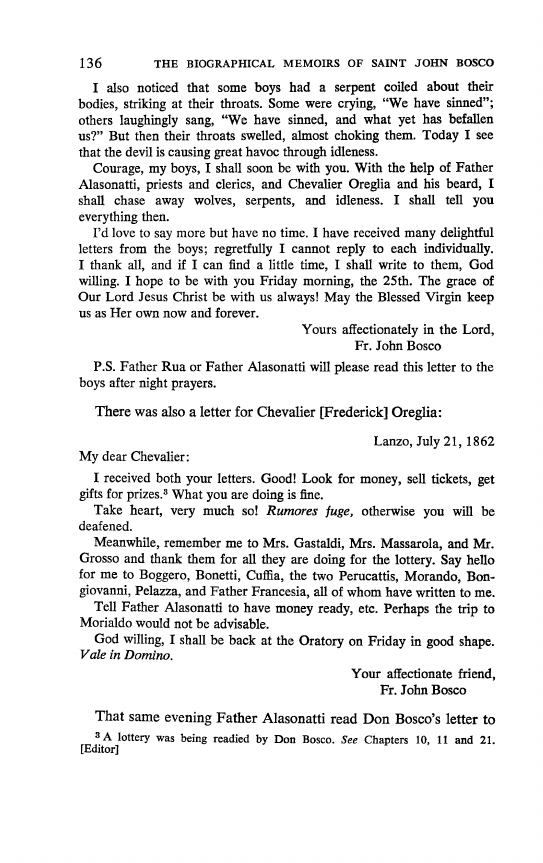
 |
17.5 Page 165 |
▲back to top |
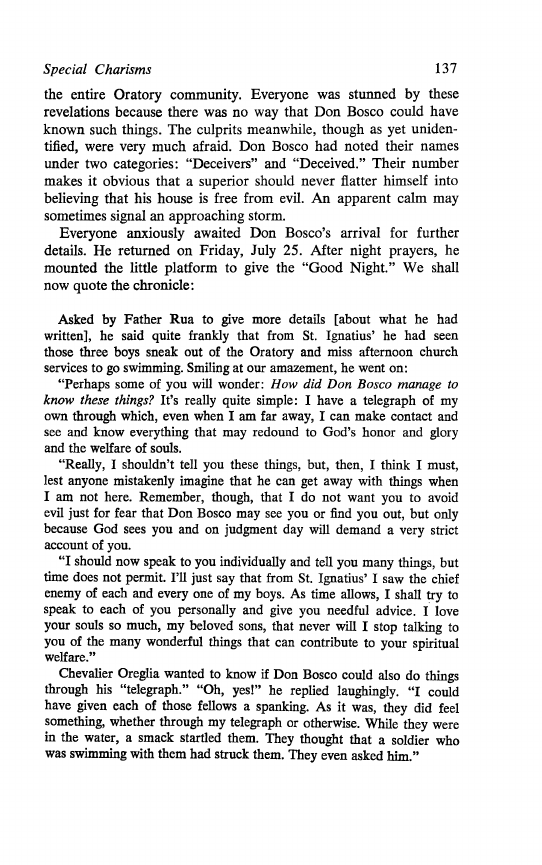
 |
17.6 Page 166 |
▲back to top |
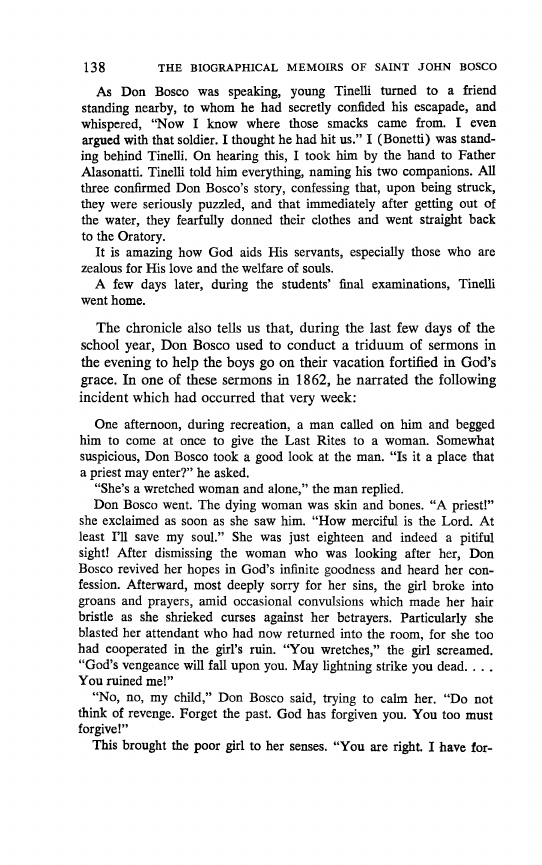
 |
17.7 Page 167 |
▲back to top |

 |
17.8 Page 168 |
▲back to top |

 |
17.9 Page 169 |
▲back to top |

 |
17.10 Page 170 |
▲back to top |

 |
18 Pages 171-180 |
▲back to top |
 |
18.1 Page 171 |
▲back to top |
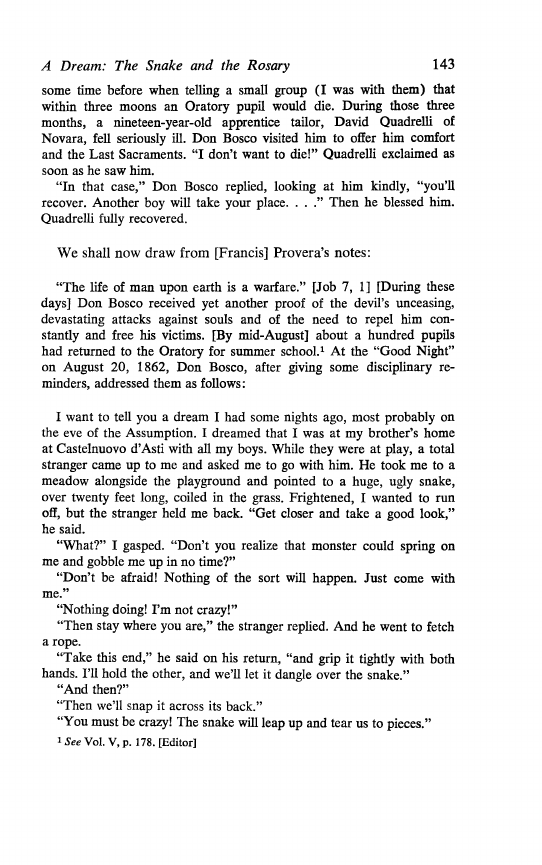
 |
18.2 Page 172 |
▲back to top |
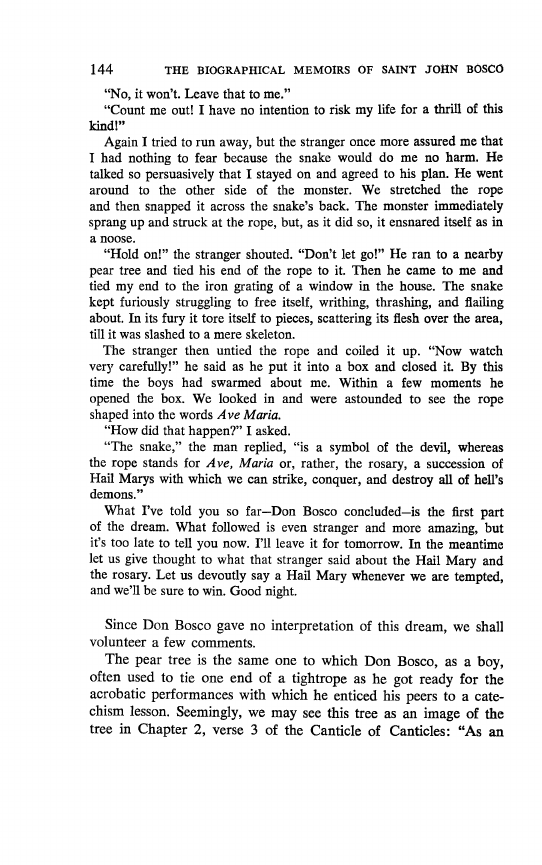
 |
18.3 Page 173 |
▲back to top |
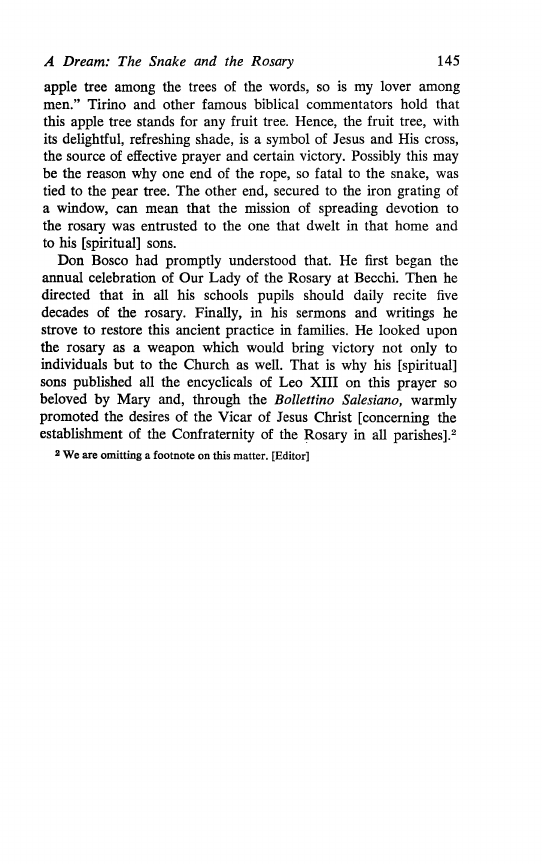
 |
18.4 Page 174 |
▲back to top |

 |
18.5 Page 175 |
▲back to top |

 |
18.6 Page 176 |
▲back to top |

 |
18.7 Page 177 |
▲back to top |

 |
18.8 Page 178 |
▲back to top |

 |
18.9 Page 179 |
▲back to top |

 |
18.10 Page 180 |
▲back to top |

 |
19 Pages 181-190 |
▲back to top |
 |
19.1 Page 181 |
▲back to top |
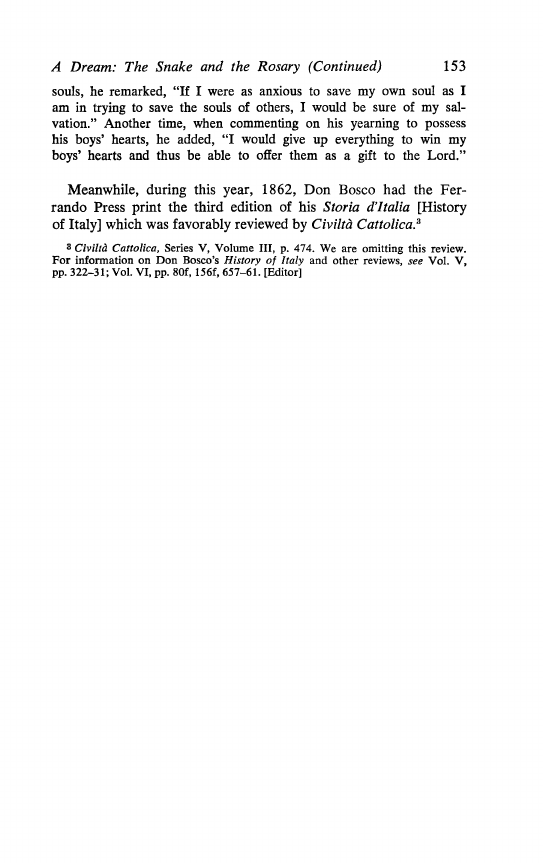
 |
19.2 Page 182 |
▲back to top |
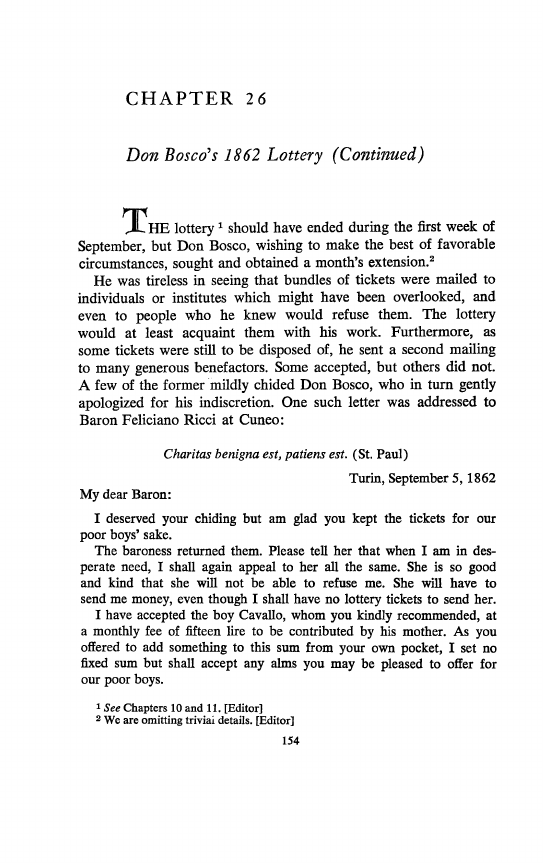
 |
19.3 Page 183 |
▲back to top |
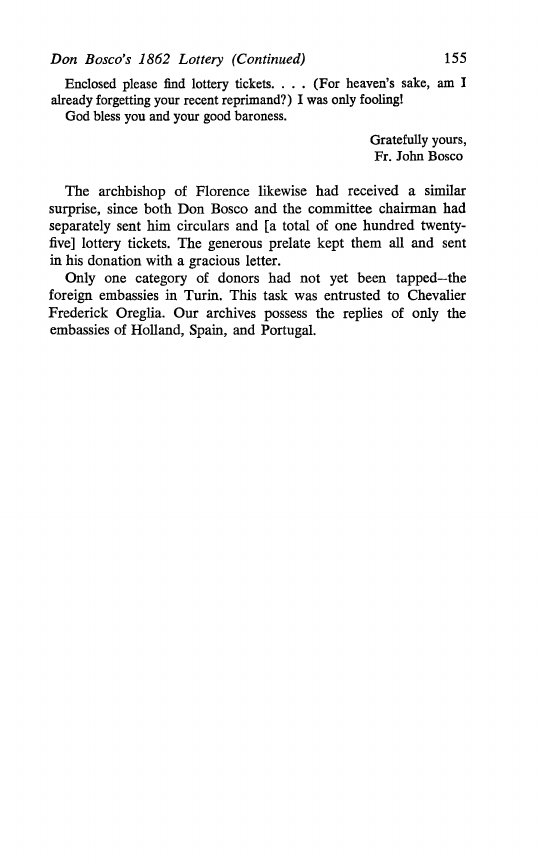
 |
19.4 Page 184 |
▲back to top |

 |
19.5 Page 185 |
▲back to top |
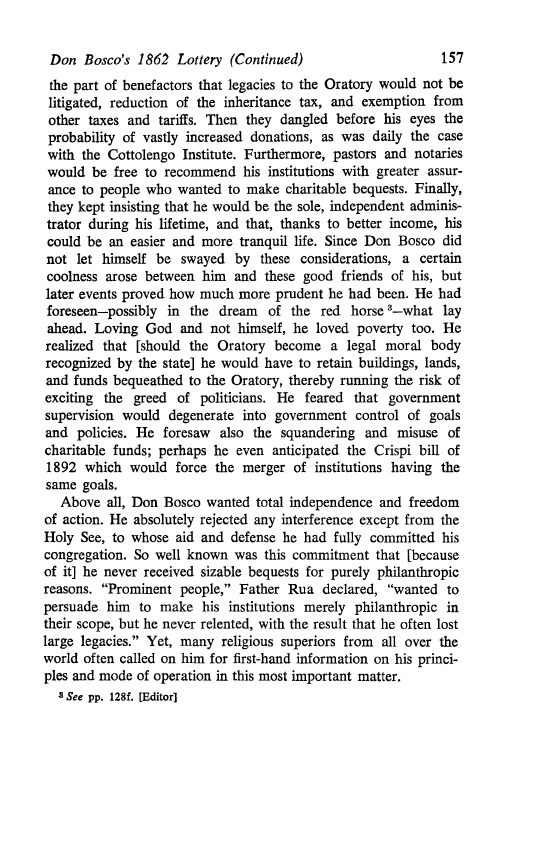
 |
19.6 Page 186 |
▲back to top |

 |
19.7 Page 187 |
▲back to top |

 |
19.8 Page 188 |
▲back to top |
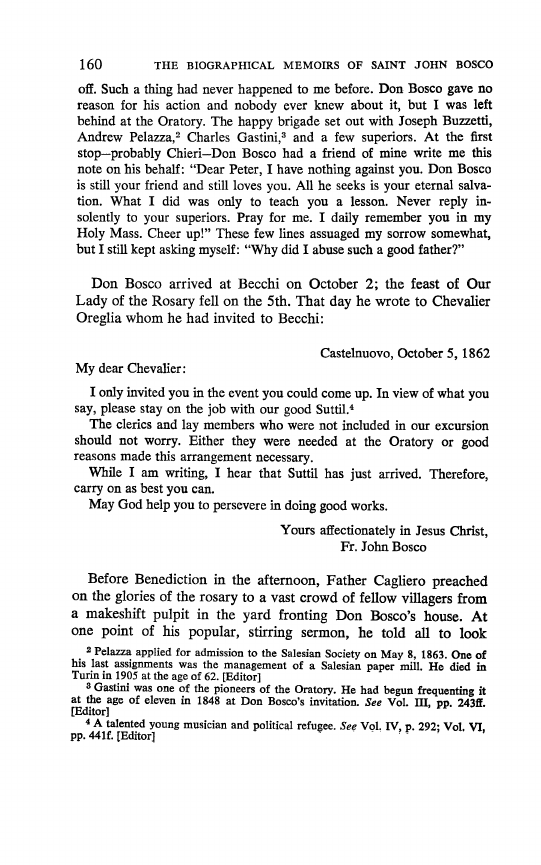
 |
19.9 Page 189 |
▲back to top |

 |
19.10 Page 190 |
▲back to top |

 |
20 Pages 191-200 |
▲back to top |
 |
20.1 Page 191 |
▲back to top |
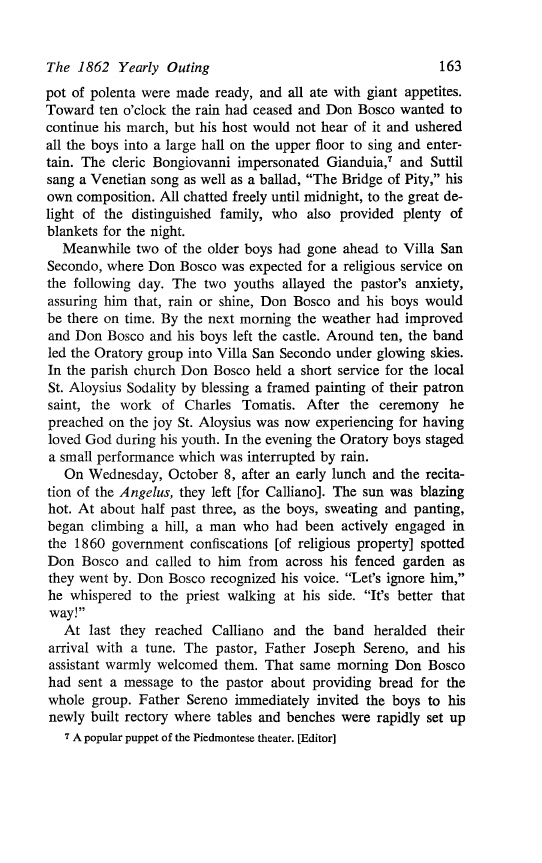
 |
20.2 Page 192 |
▲back to top |
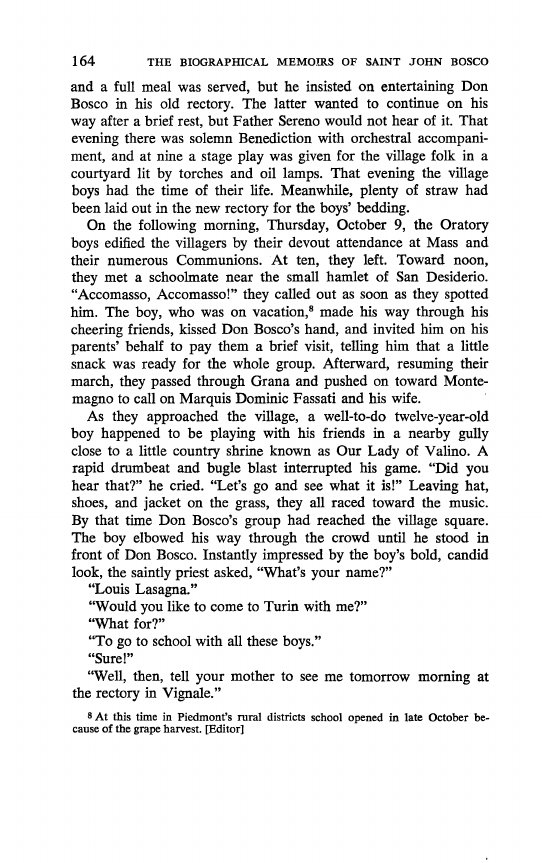
 |
20.3 Page 193 |
▲back to top |
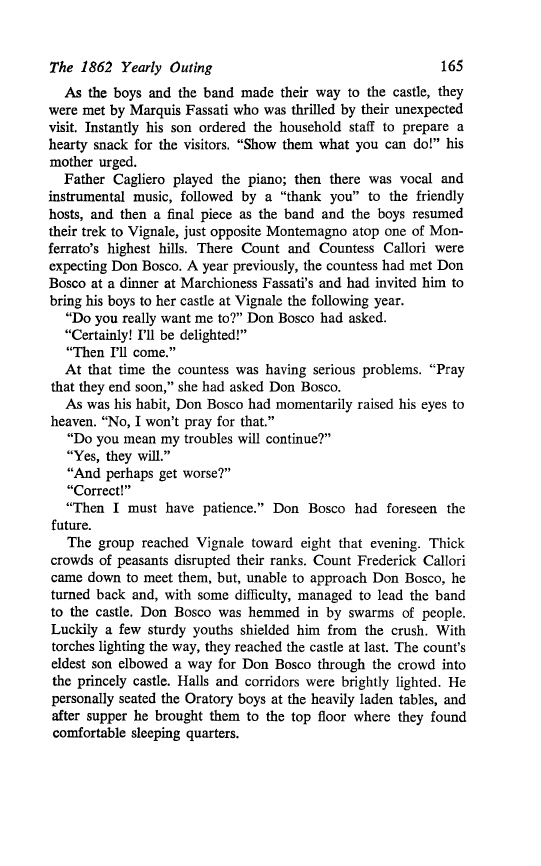
 |
20.4 Page 194 |
▲back to top |
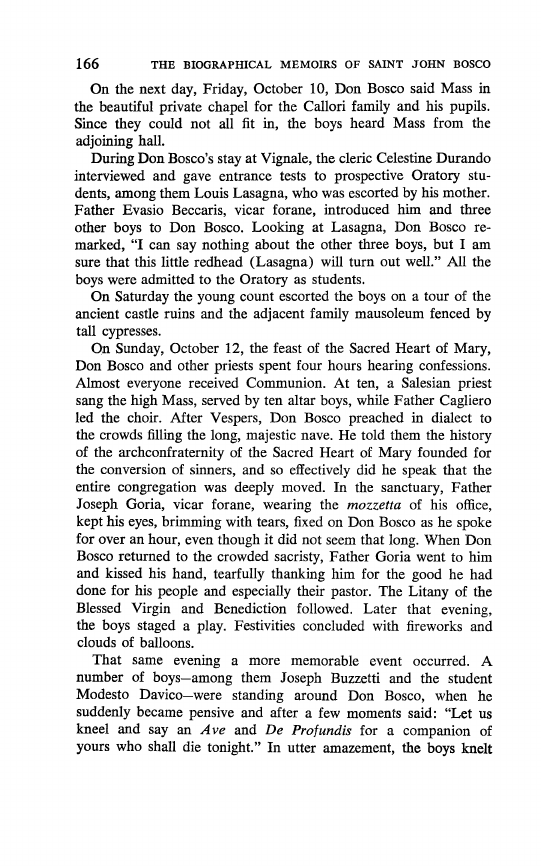
 |
20.5 Page 195 |
▲back to top |
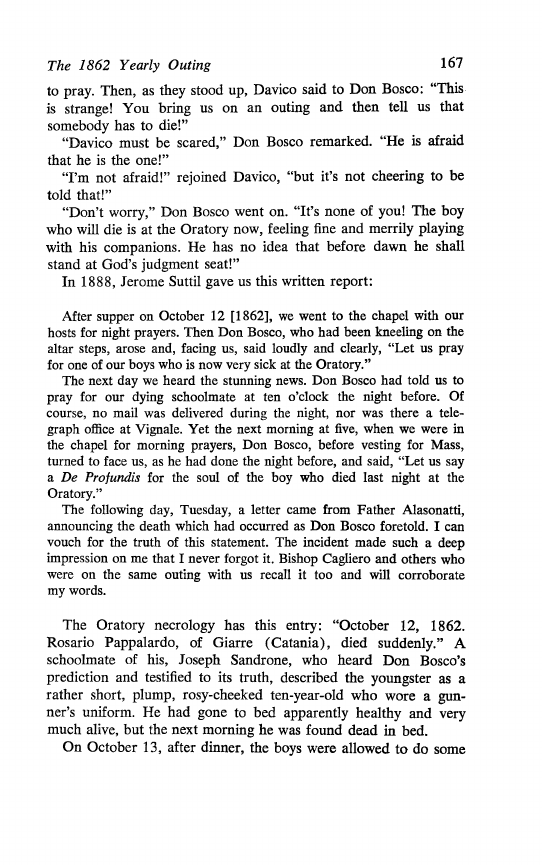
 |
20.6 Page 196 |
▲back to top |

 |
20.7 Page 197 |
▲back to top |

 |
20.8 Page 198 |
▲back to top |

 |
20.9 Page 199 |
▲back to top |
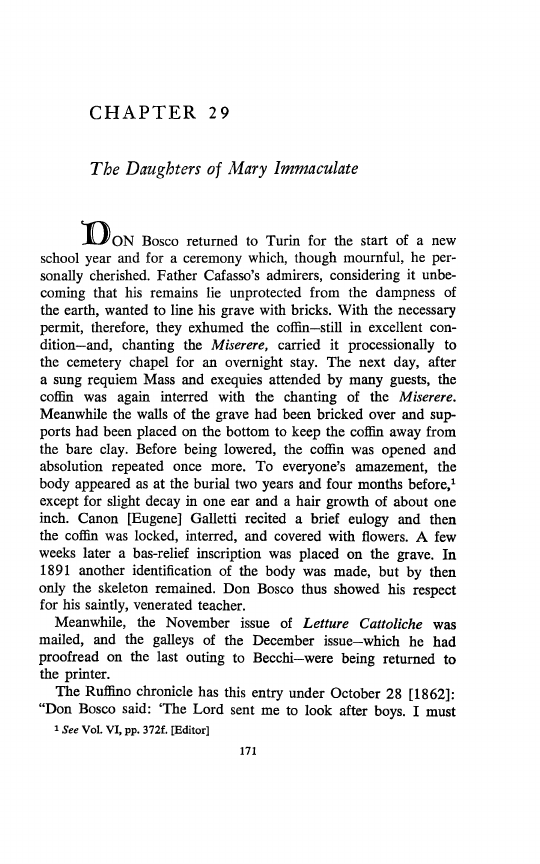
 |
20.10 Page 200 |
▲back to top |
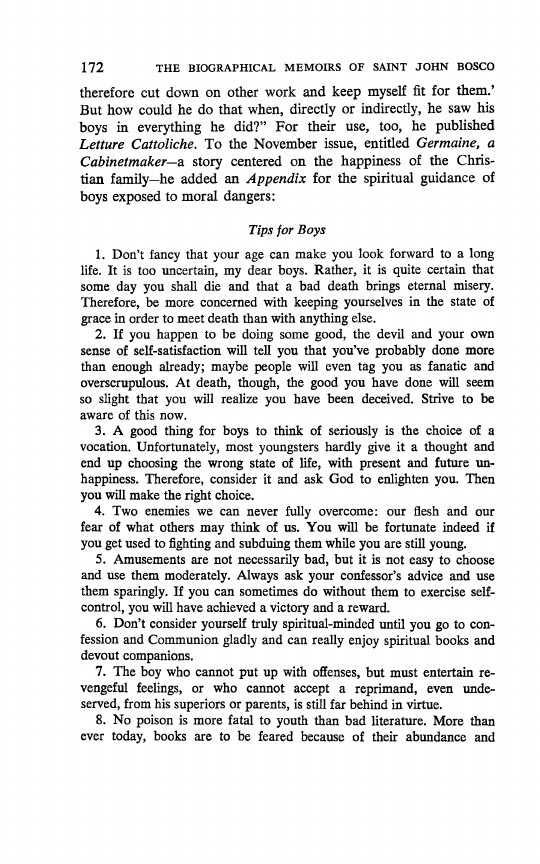
 |
21 Pages 201-210 |
▲back to top |
 |
21.1 Page 201 |
▲back to top |

 |
21.2 Page 202 |
▲back to top |

 |
21.3 Page 203 |
▲back to top |

 |
21.4 Page 204 |
▲back to top |
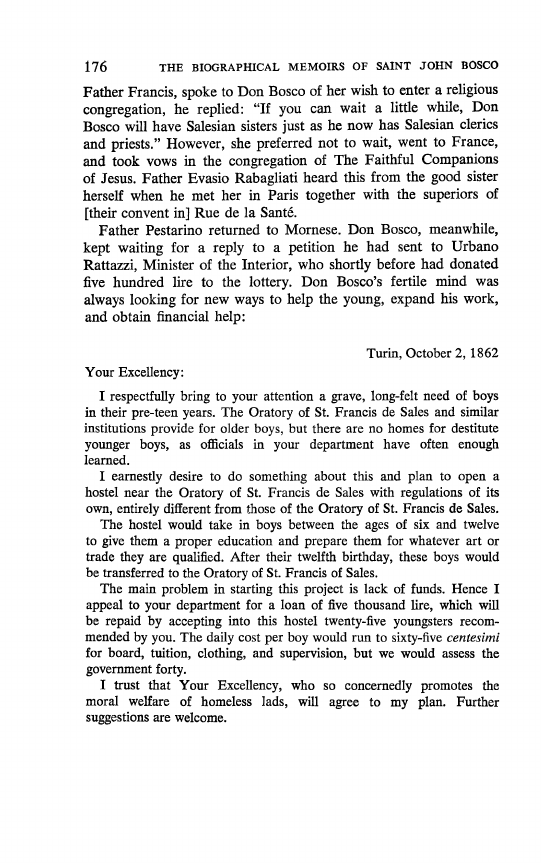
 |
21.5 Page 205 |
▲back to top |
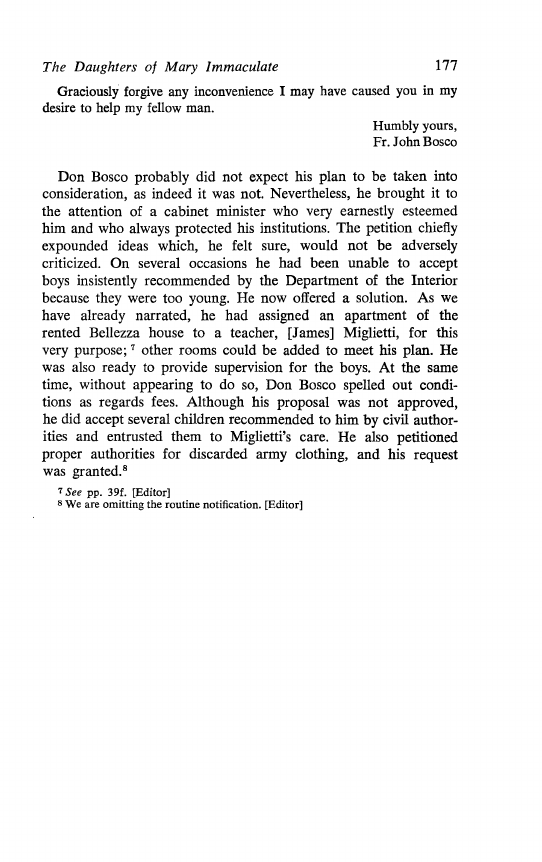
 |
21.6 Page 206 |
▲back to top |

 |
21.7 Page 207 |
▲back to top |

 |
21.8 Page 208 |
▲back to top |

 |
21.9 Page 209 |
▲back to top |
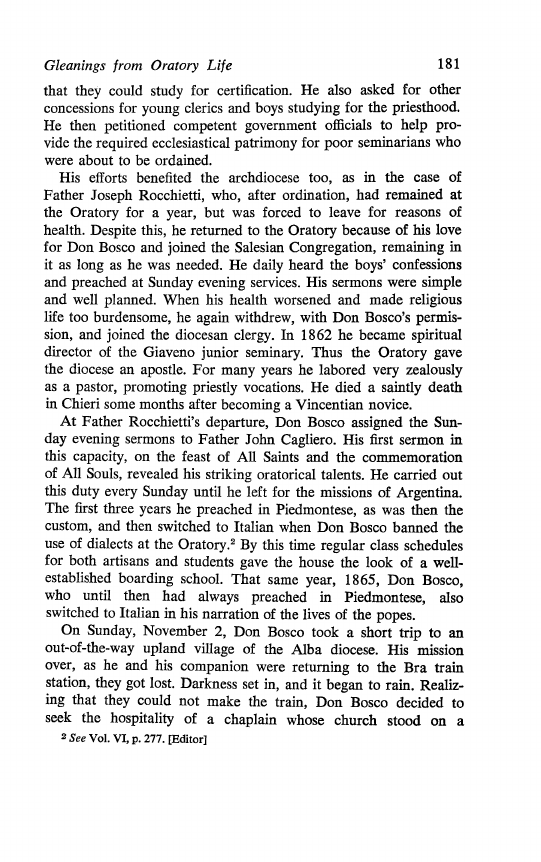
 |
21.10 Page 210 |
▲back to top |
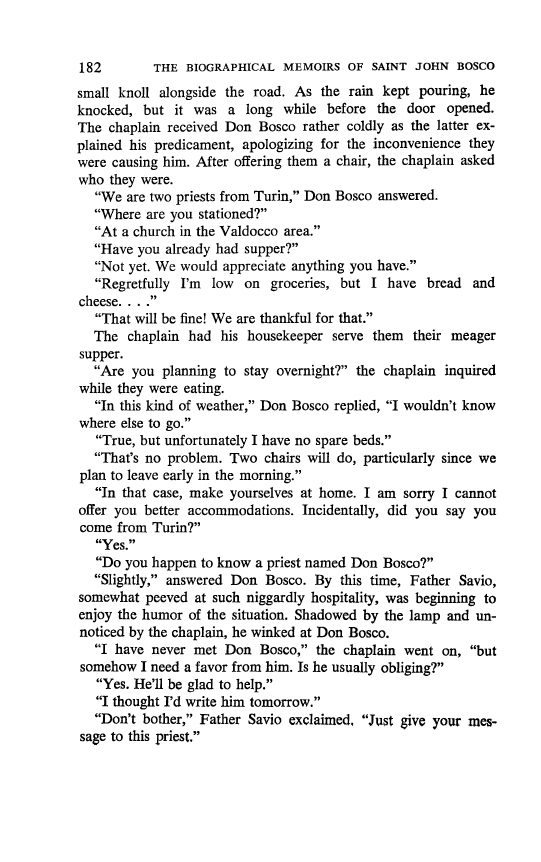
 |
22 Pages 211-220 |
▲back to top |
 |
22.1 Page 211 |
▲back to top |
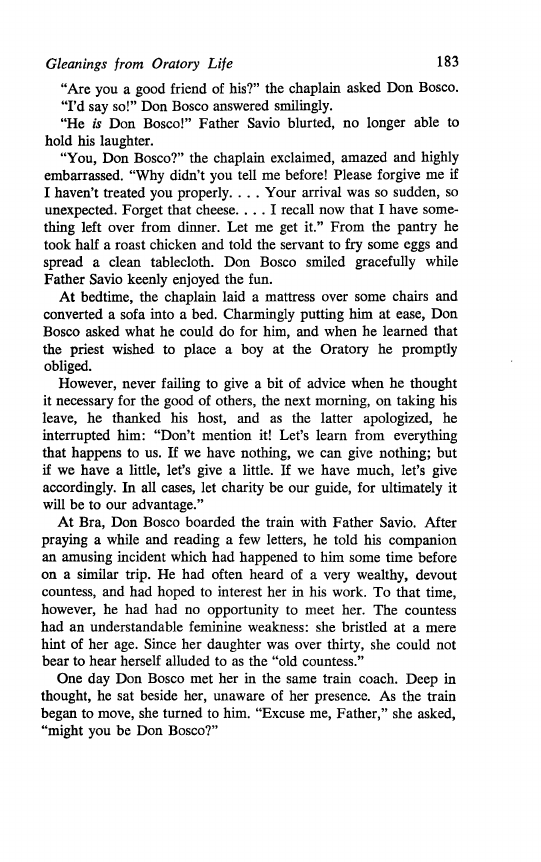
 |
22.2 Page 212 |
▲back to top |

 |
22.3 Page 213 |
▲back to top |
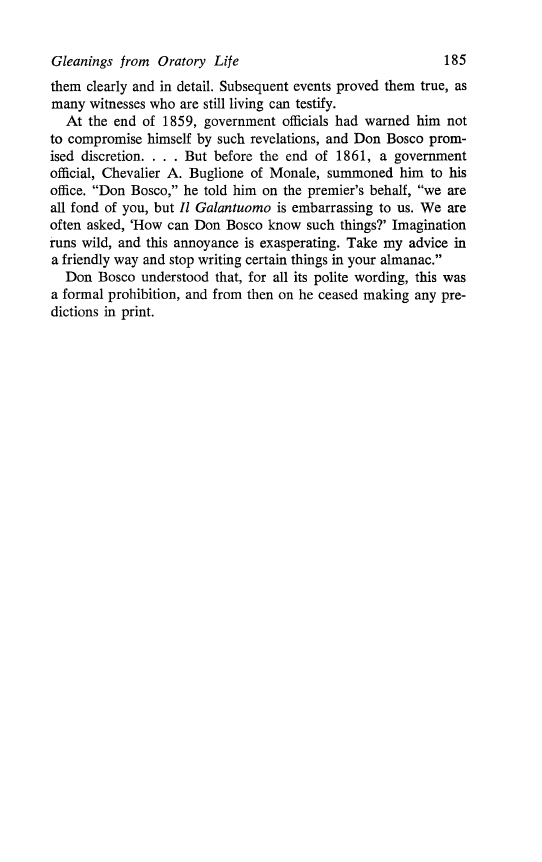
 |
22.4 Page 214 |
▲back to top |

 |
22.5 Page 215 |
▲back to top |

 |
22.6 Page 216 |
▲back to top |
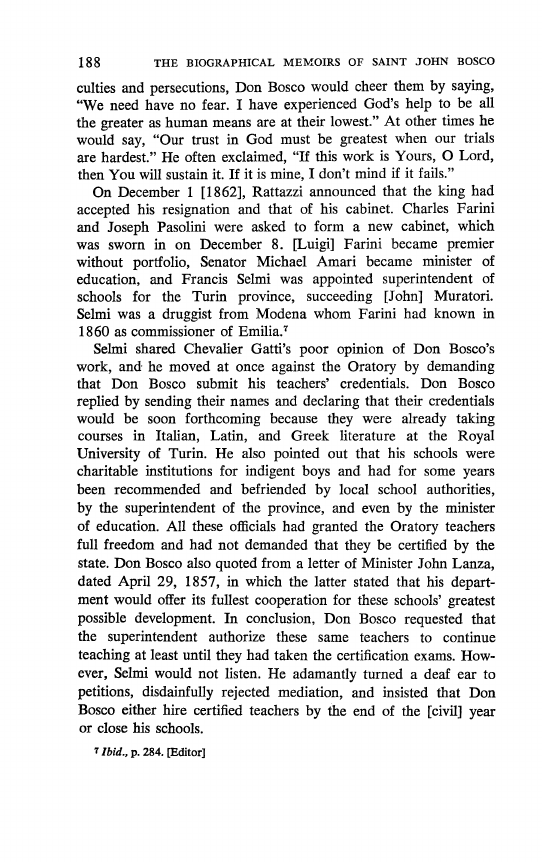
 |
22.7 Page 217 |
▲back to top |
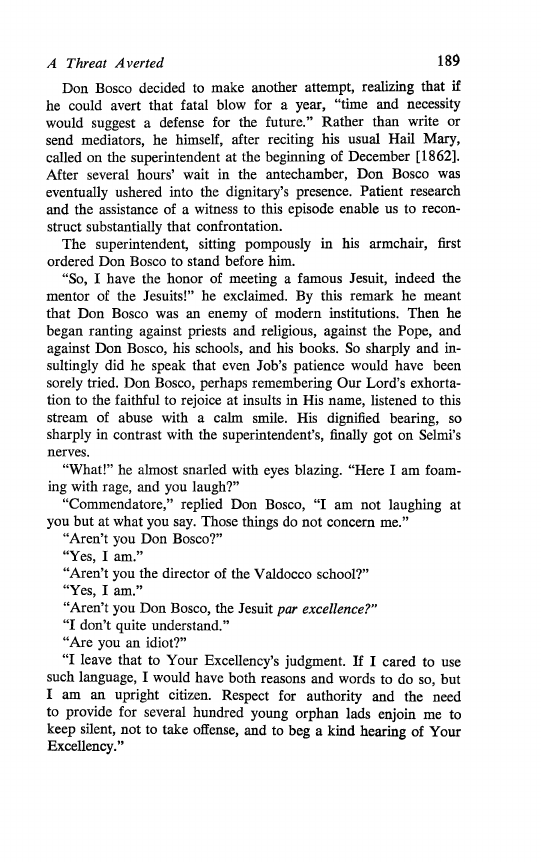
 |
22.8 Page 218 |
▲back to top |
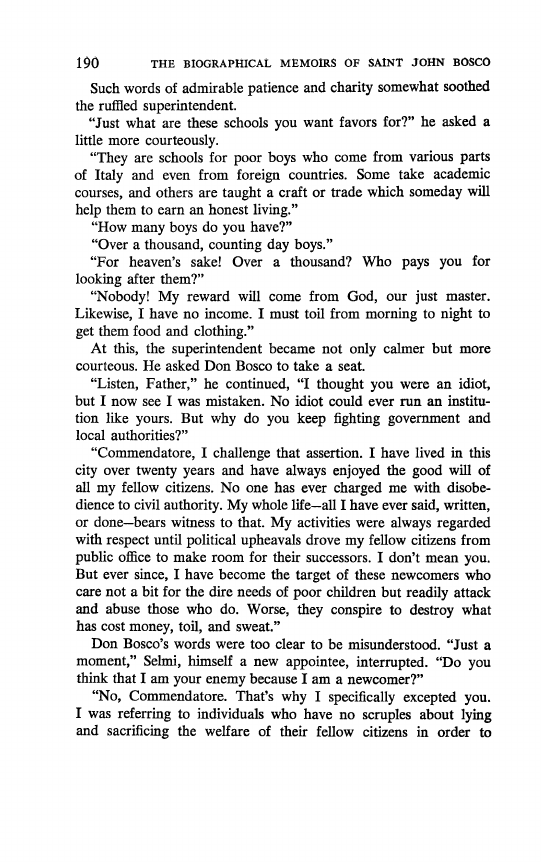
 |
22.9 Page 219 |
▲back to top |

 |
22.10 Page 220 |
▲back to top |

 |
23 Pages 221-230 |
▲back to top |
 |
23.1 Page 221 |
▲back to top |

 |
23.2 Page 222 |
▲back to top |

 |
23.3 Page 223 |
▲back to top |
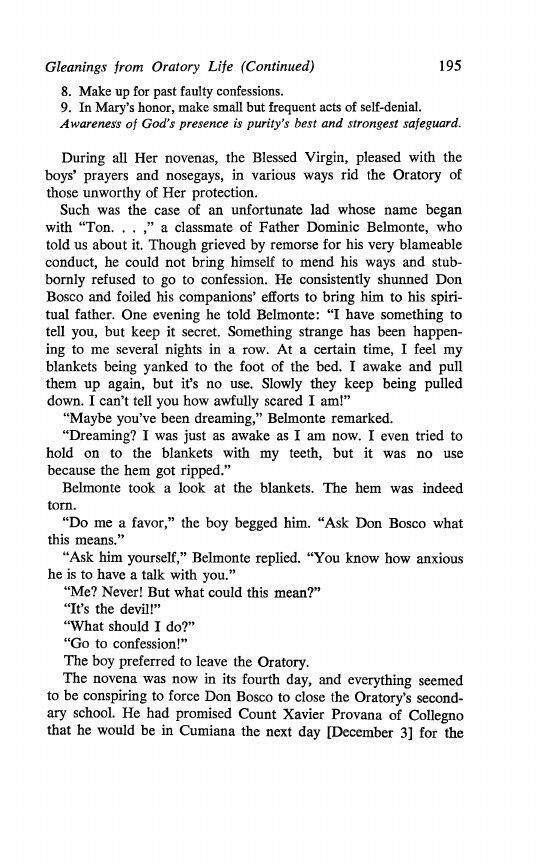
 |
23.4 Page 224 |
▲back to top |
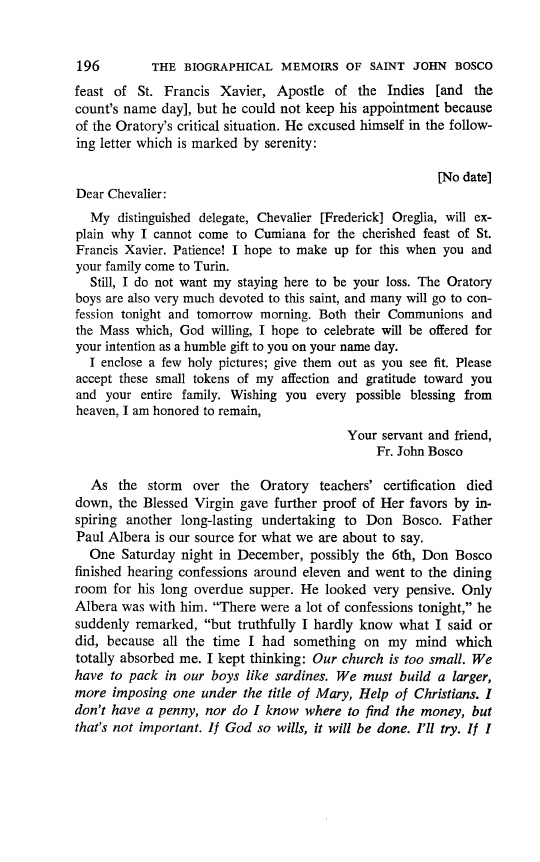
 |
23.5 Page 225 |
▲back to top |
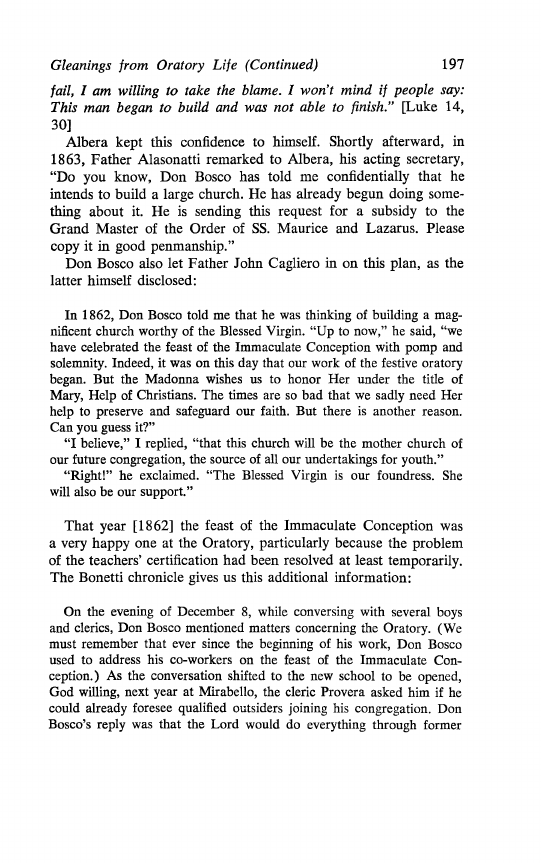
 |
23.6 Page 226 |
▲back to top |
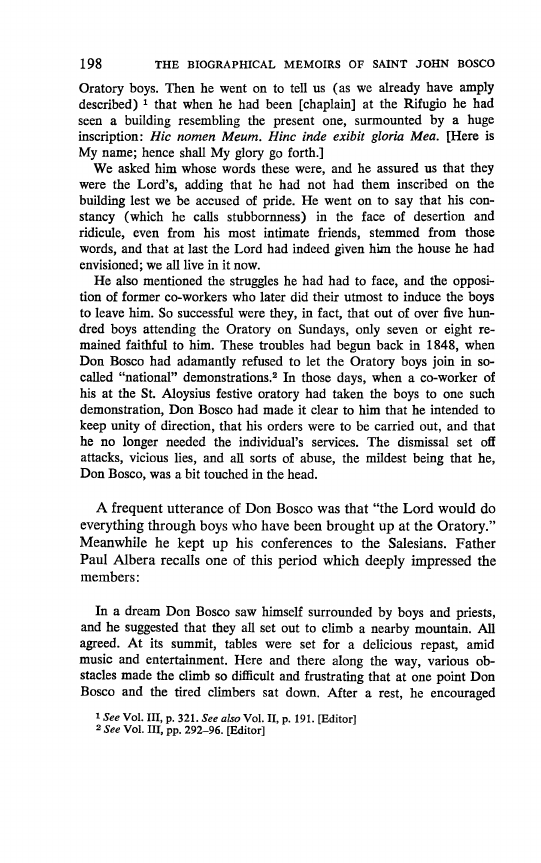
 |
23.7 Page 227 |
▲back to top |

 |
23.8 Page 228 |
▲back to top |
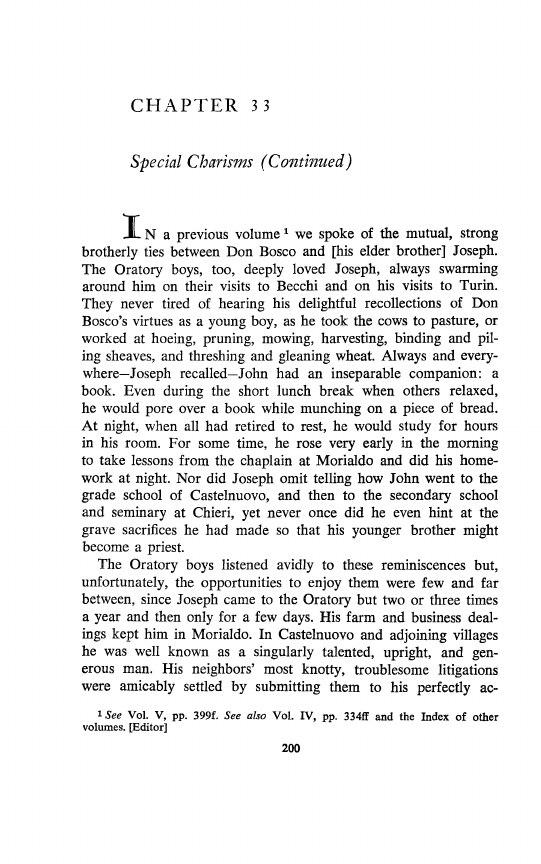
 |
23.9 Page 229 |
▲back to top |
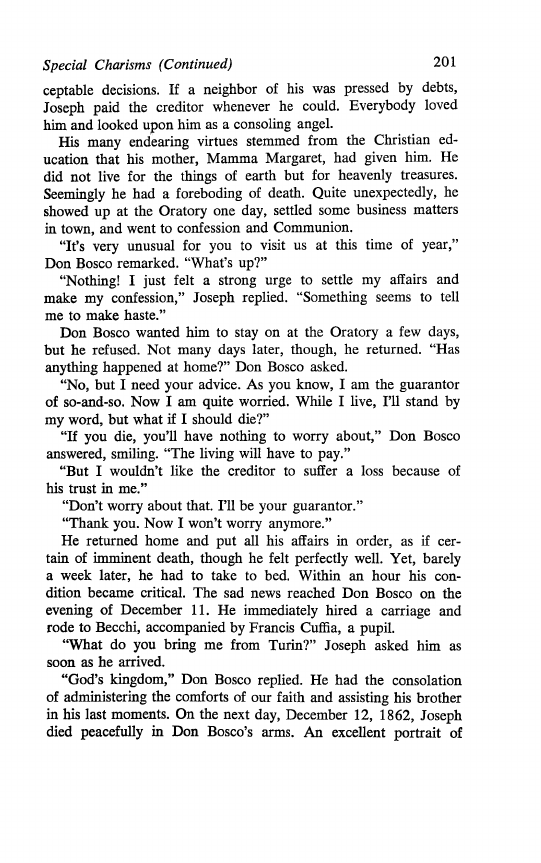
 |
23.10 Page 230 |
▲back to top |

 |
24 Pages 231-240 |
▲back to top |
 |
24.1 Page 231 |
▲back to top |
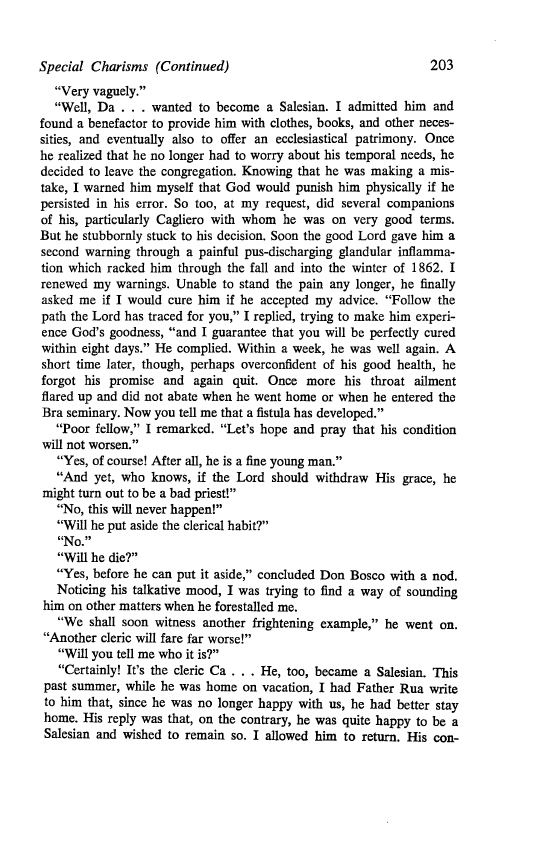
 |
24.2 Page 232 |
▲back to top |

 |
24.3 Page 233 |
▲back to top |

 |
24.4 Page 234 |
▲back to top |
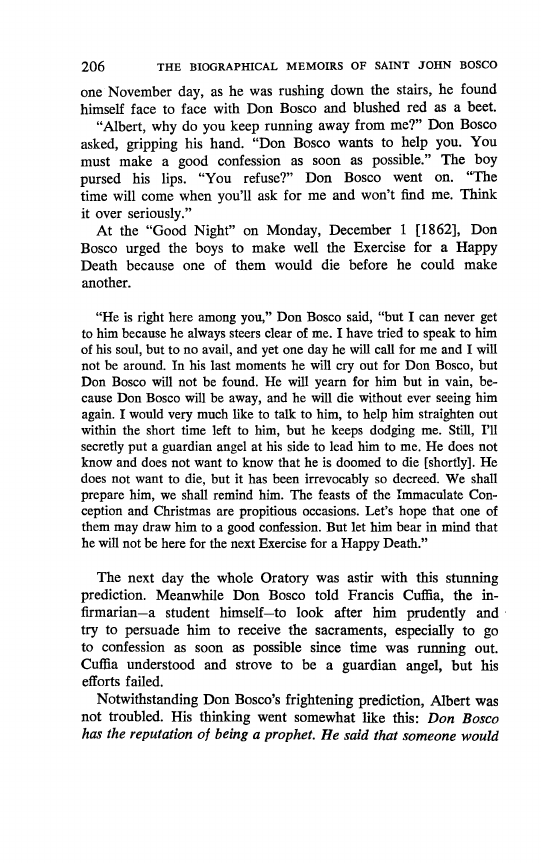
 |
24.5 Page 235 |
▲back to top |
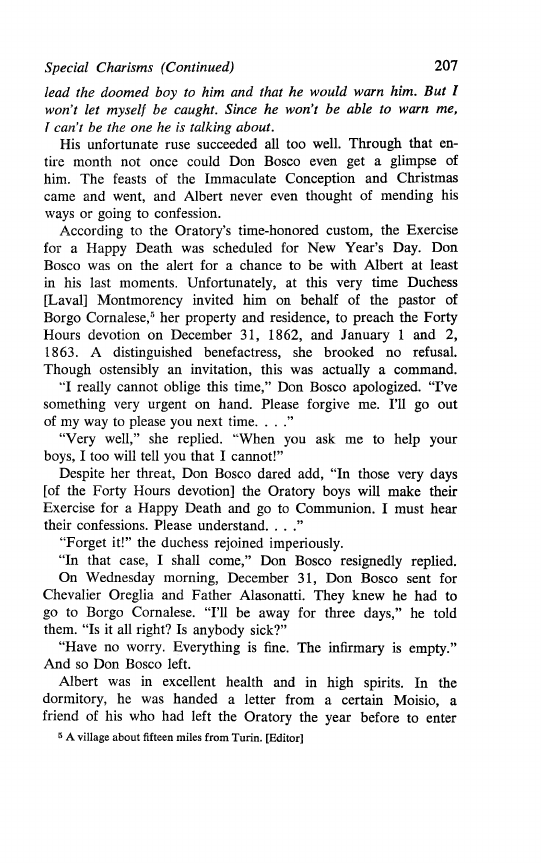
 |
24.6 Page 236 |
▲back to top |
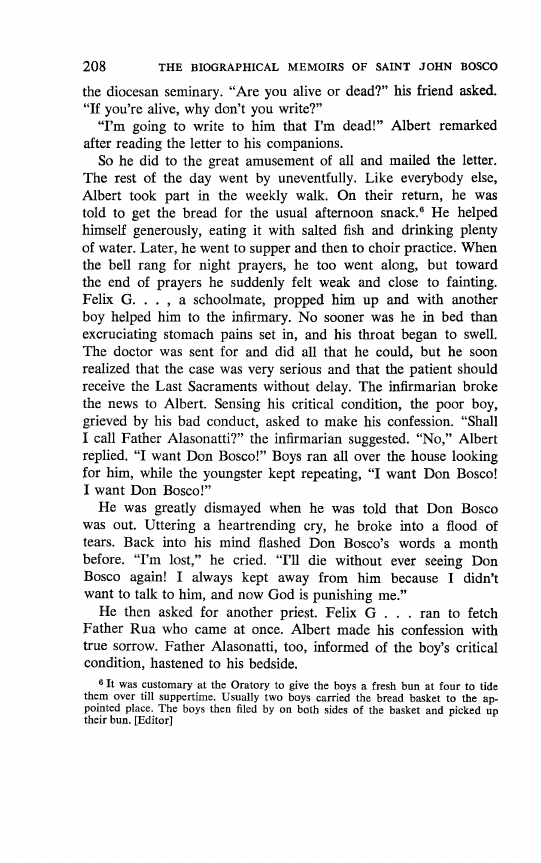
 |
24.7 Page 237 |
▲back to top |

 |
24.8 Page 238 |
▲back to top |
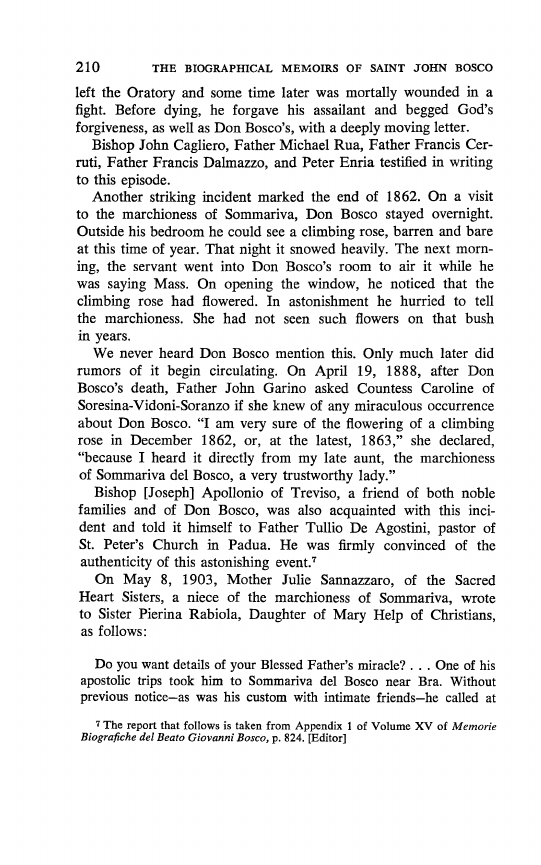
 |
24.9 Page 239 |
▲back to top |

 |
24.10 Page 240 |
▲back to top |

 |
25 Pages 241-250 |
▲back to top |
 |
25.1 Page 241 |
▲back to top |

 |
25.2 Page 242 |
▲back to top |
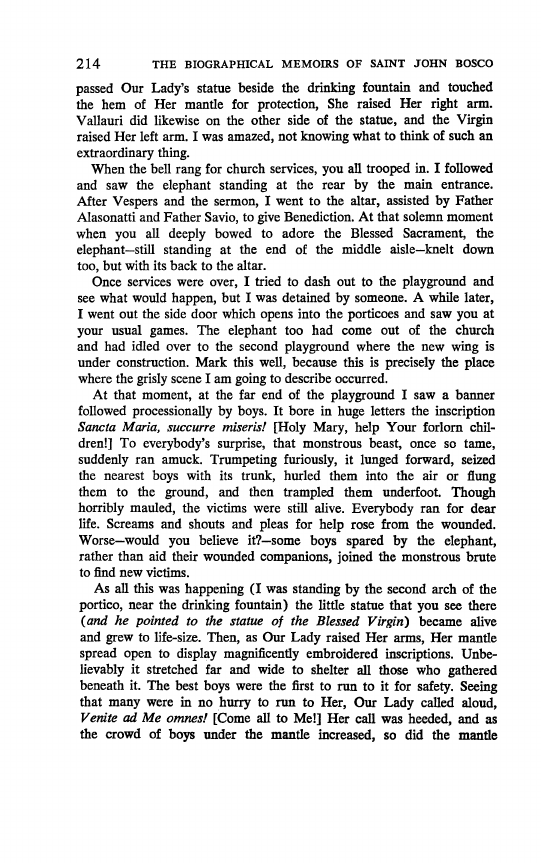
 |
25.3 Page 243 |
▲back to top |
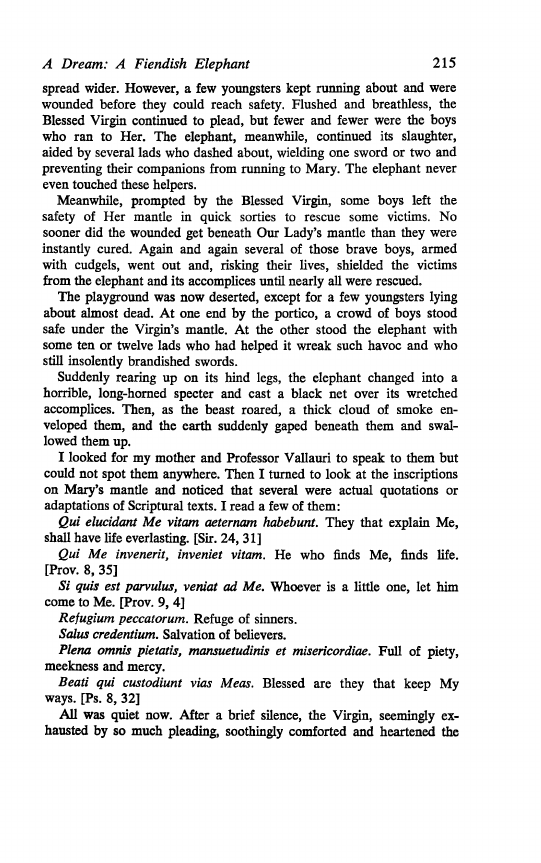
 |
25.4 Page 244 |
▲back to top |

 |
25.5 Page 245 |
▲back to top |
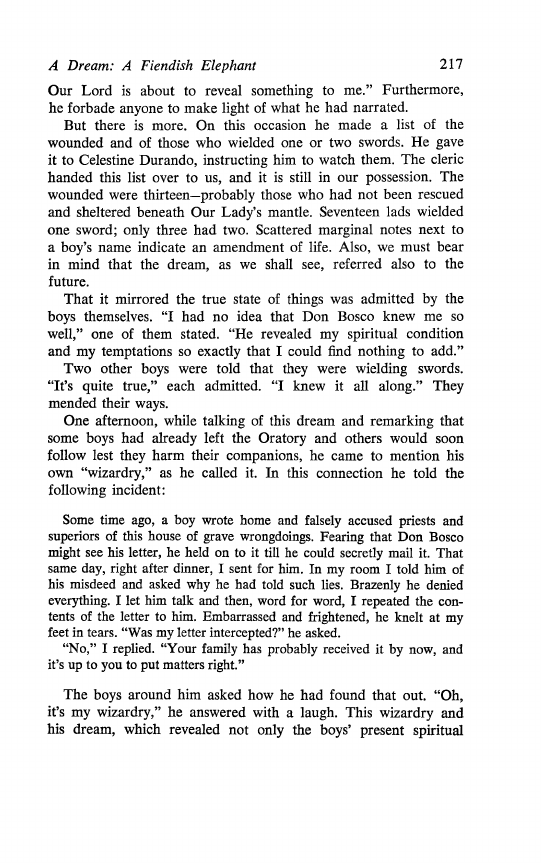
 |
25.6 Page 246 |
▲back to top |
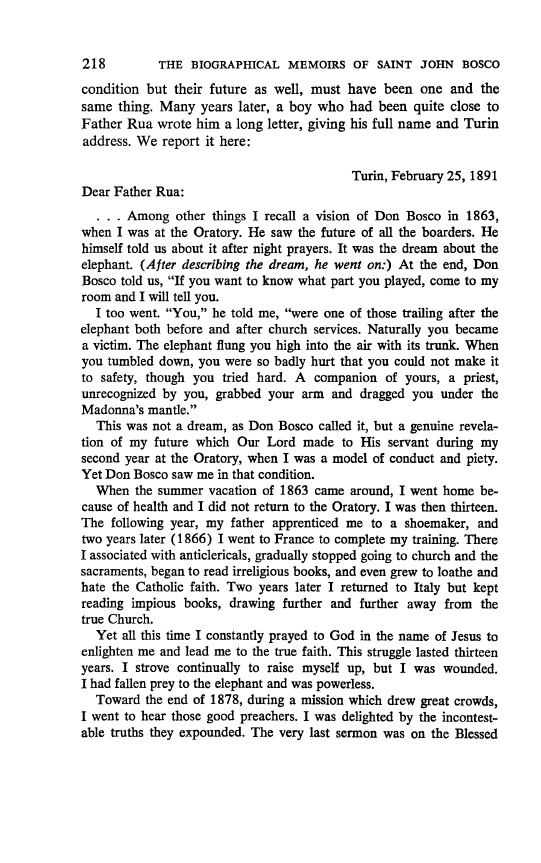
 |
25.7 Page 247 |
▲back to top |
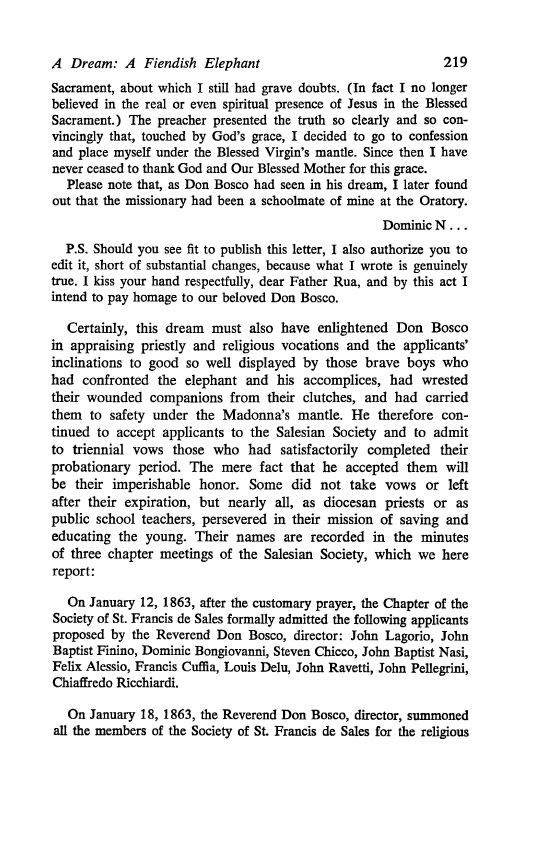
 |
25.8 Page 248 |
▲back to top |

 |
25.9 Page 249 |
▲back to top |

 |
25.10 Page 250 |
▲back to top |
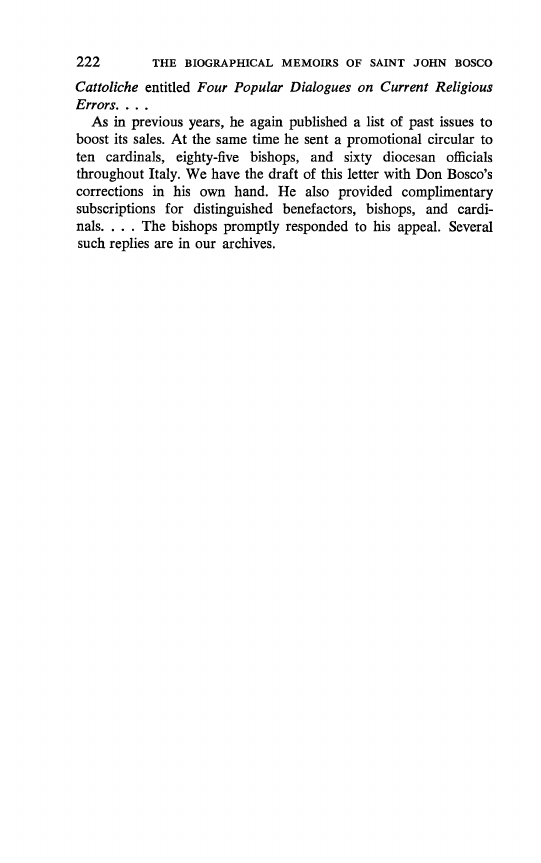
 |
26 Pages 251-260 |
▲back to top |
 |
26.1 Page 251 |
▲back to top |
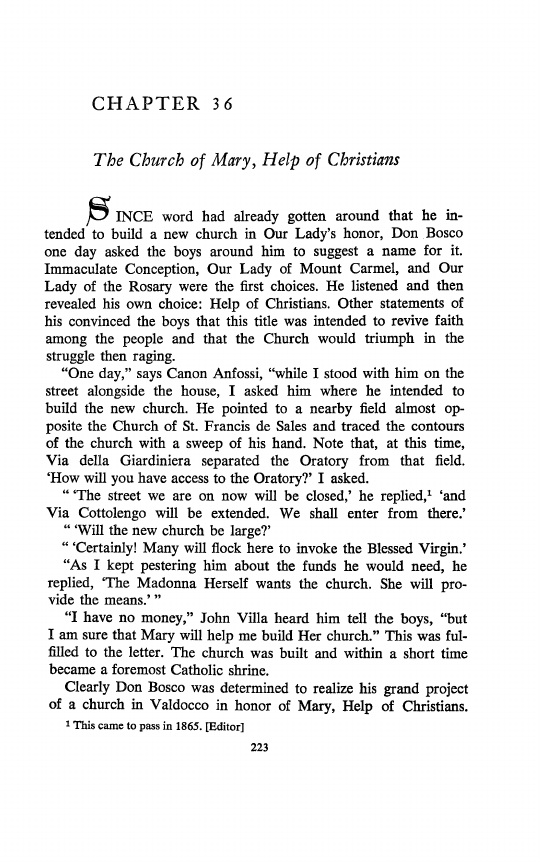
 |
26.2 Page 252 |
▲back to top |

 |
26.3 Page 253 |
▲back to top |
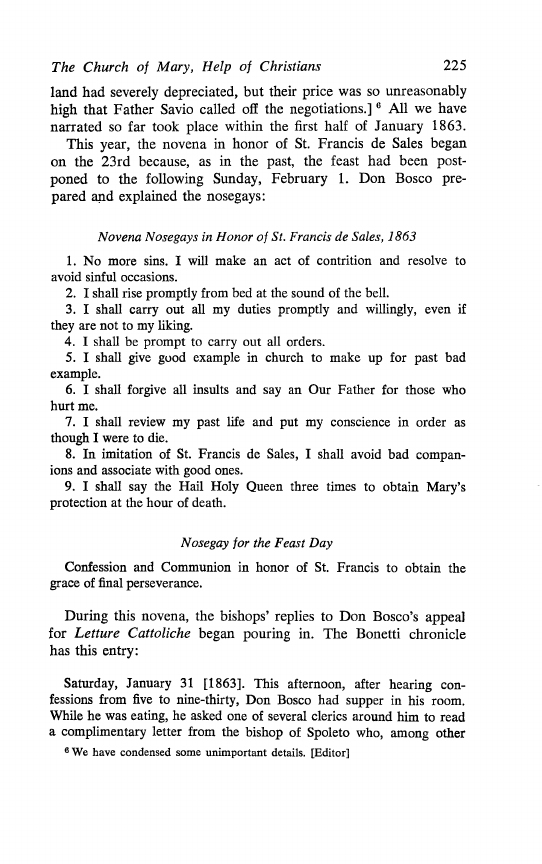
 |
26.4 Page 254 |
▲back to top |

 |
26.5 Page 255 |
▲back to top |

 |
26.6 Page 256 |
▲back to top |

 |
26.7 Page 257 |
▲back to top |

 |
26.8 Page 258 |
▲back to top |
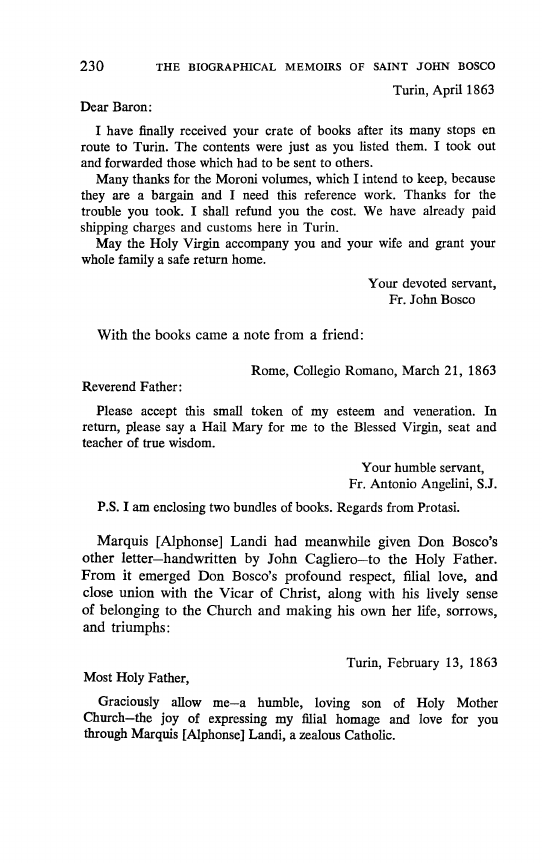
 |
26.9 Page 259 |
▲back to top |
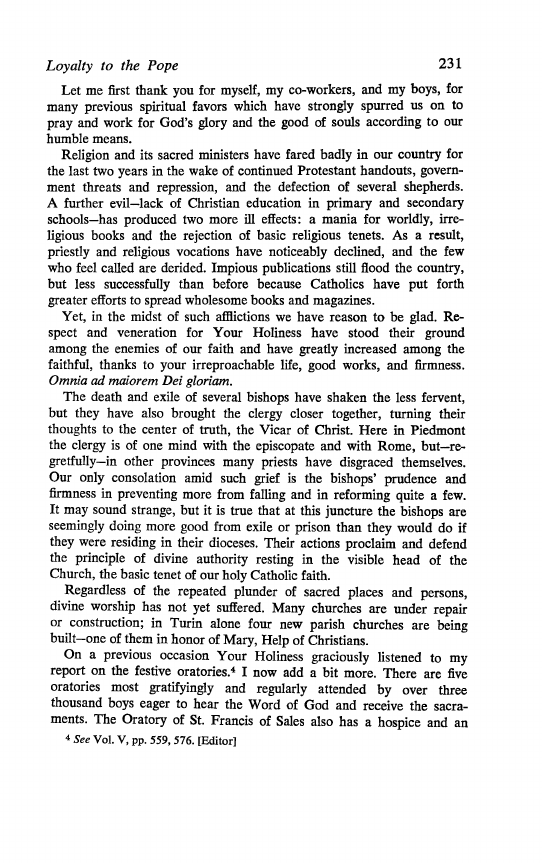
 |
26.10 Page 260 |
▲back to top |
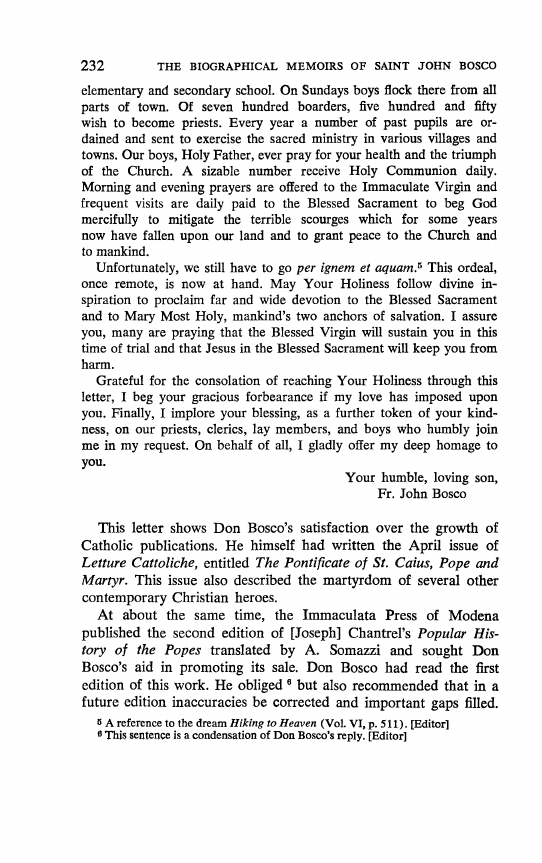
 |
27 Pages 261-270 |
▲back to top |
 |
27.1 Page 261 |
▲back to top |
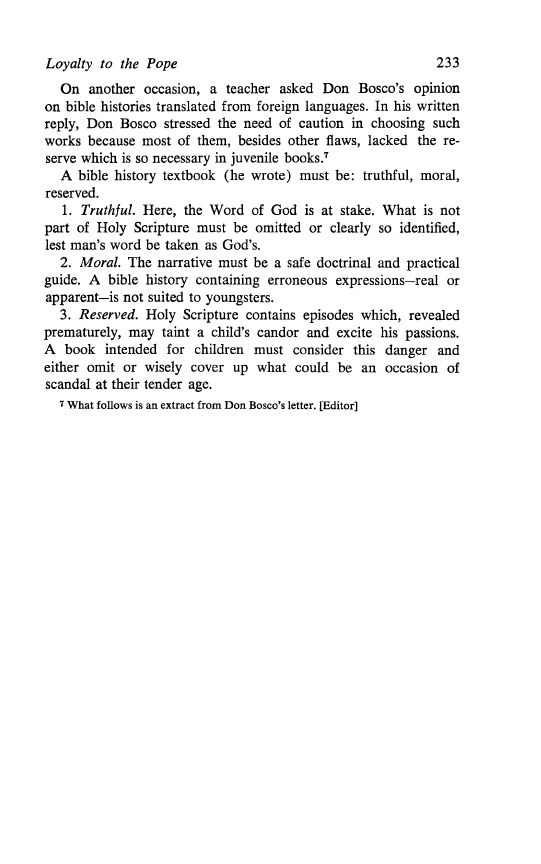
 |
27.2 Page 262 |
▲back to top |
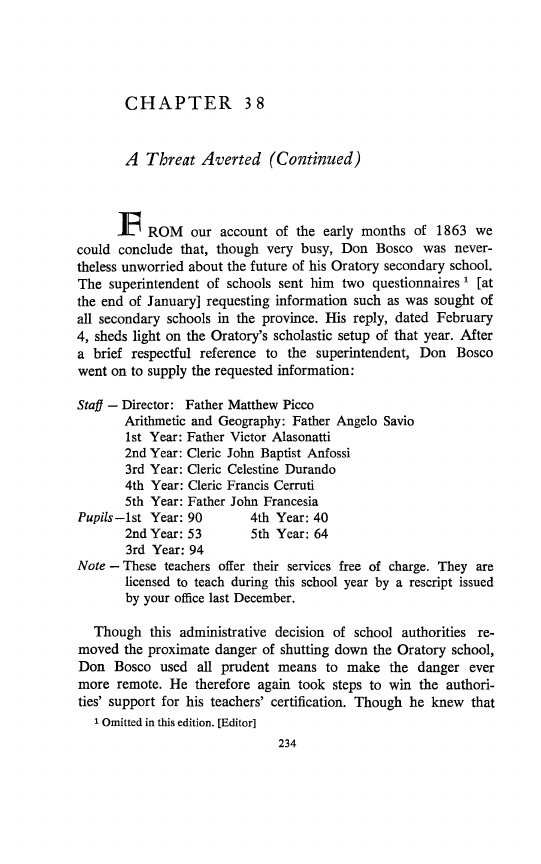
 |
27.3 Page 263 |
▲back to top |
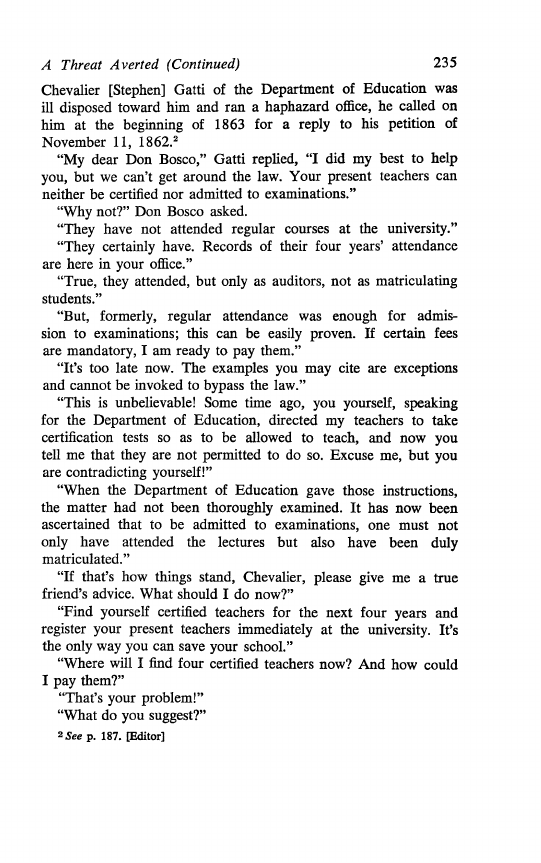
 |
27.4 Page 264 |
▲back to top |
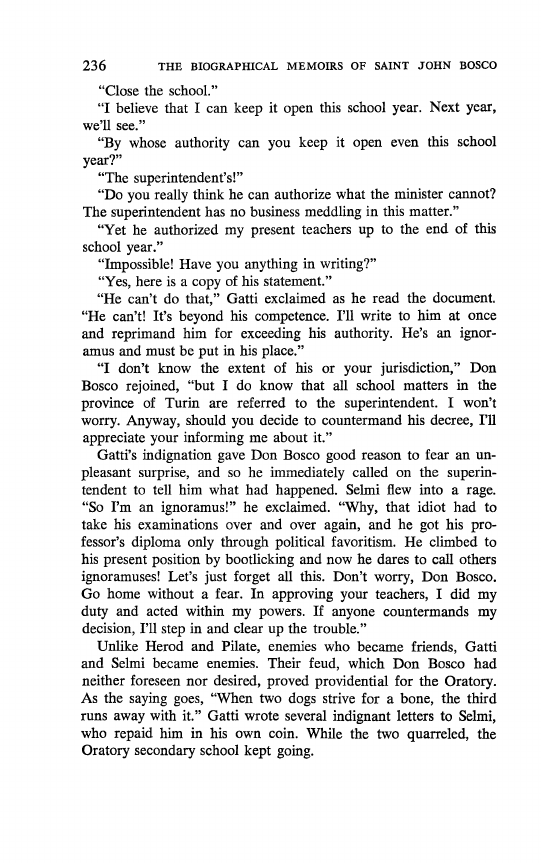
 |
27.5 Page 265 |
▲back to top |

 |
27.6 Page 266 |
▲back to top |

 |
27.7 Page 267 |
▲back to top |

 |
27.8 Page 268 |
▲back to top |
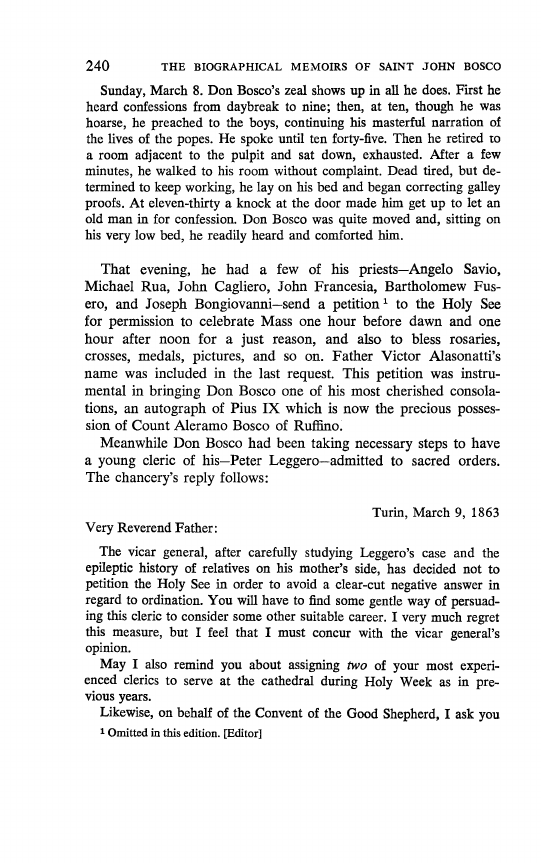
 |
27.9 Page 269 |
▲back to top |

 |
27.10 Page 270 |
▲back to top |

 |
28 Pages 271-280 |
▲back to top |
 |
28.1 Page 271 |
▲back to top |

 |
28.2 Page 272 |
▲back to top |
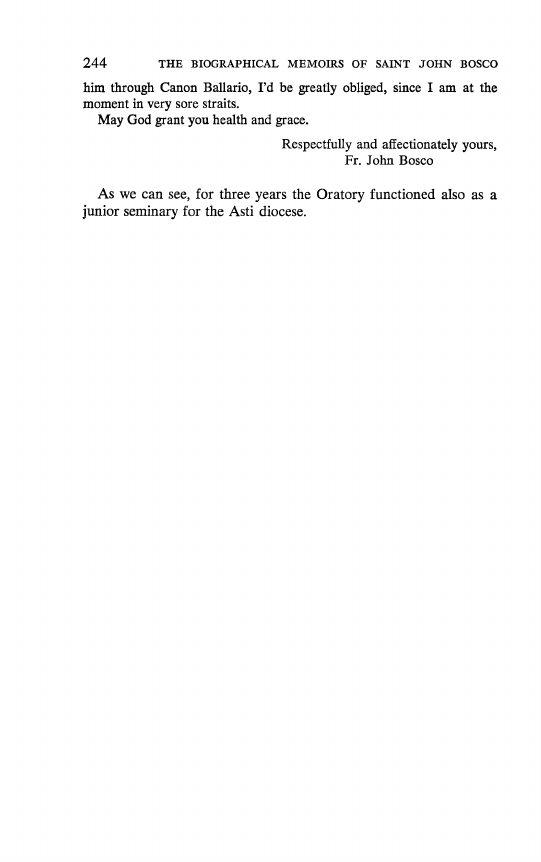
 |
28.3 Page 273 |
▲back to top |

 |
28.4 Page 274 |
▲back to top |

 |
28.5 Page 275 |
▲back to top |
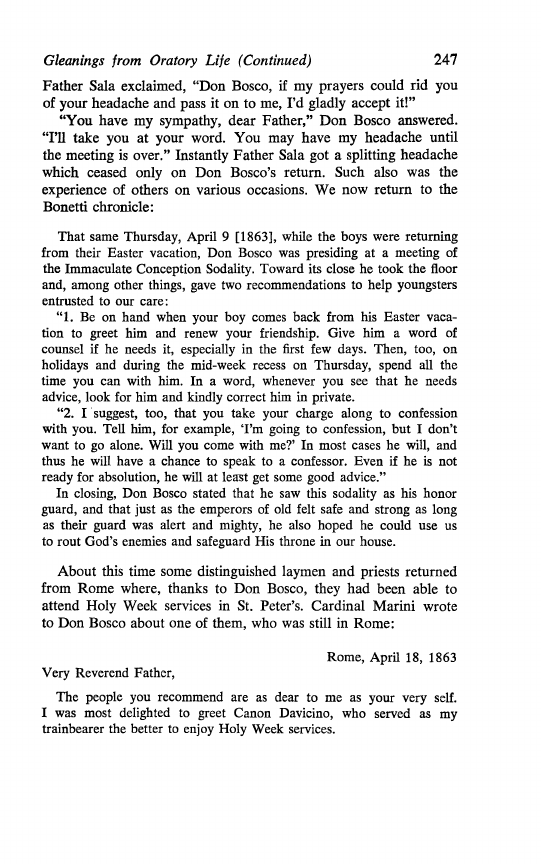
 |
28.6 Page 276 |
▲back to top |

 |
28.7 Page 277 |
▲back to top |

 |
28.8 Page 278 |
▲back to top |

 |
28.9 Page 279 |
▲back to top |

 |
28.10 Page 280 |
▲back to top |
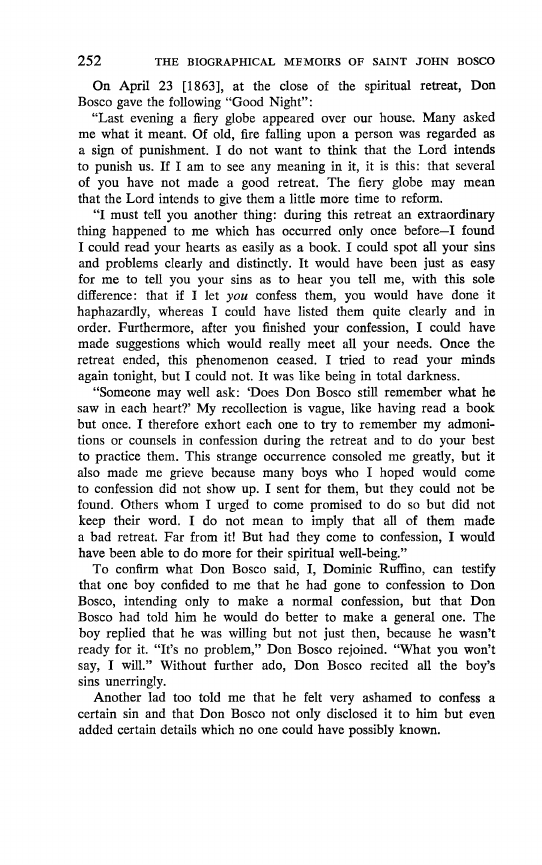
 |
29 Pages 281-290 |
▲back to top |
 |
29.1 Page 281 |
▲back to top |
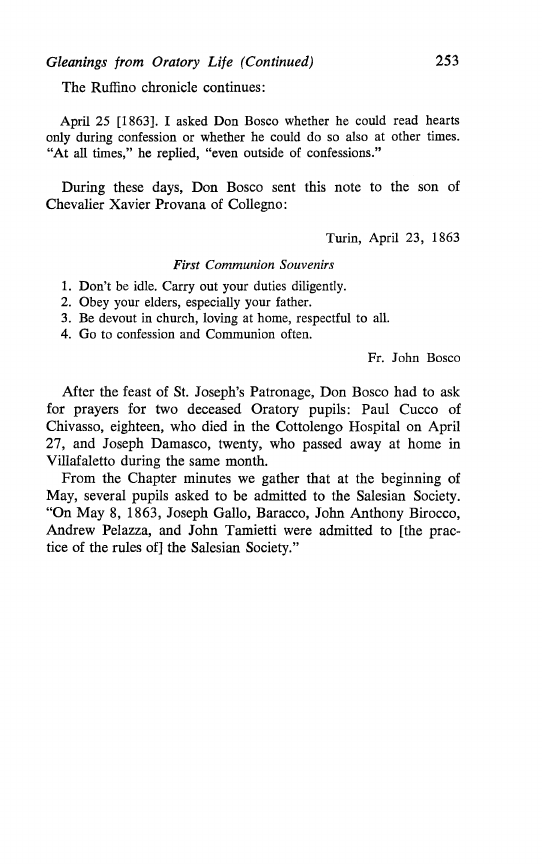
 |
29.2 Page 282 |
▲back to top |

 |
29.3 Page 283 |
▲back to top |

 |
29.4 Page 284 |
▲back to top |
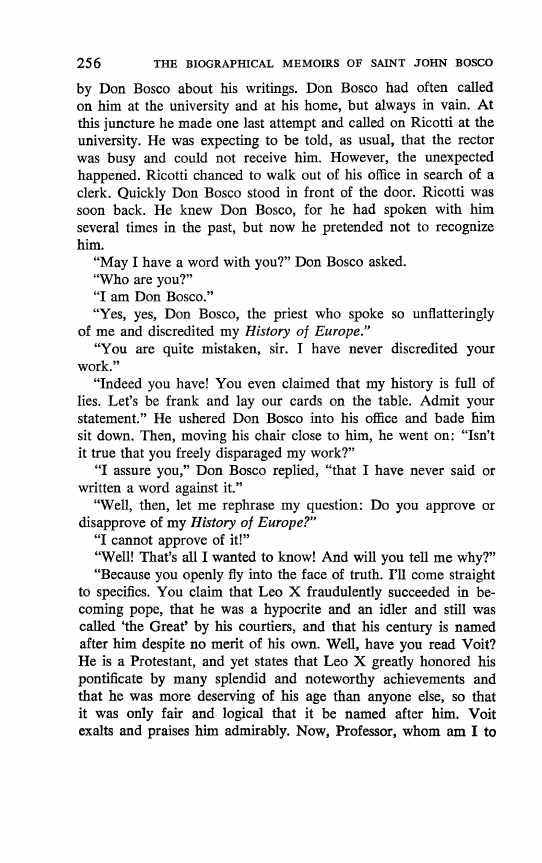
 |
29.5 Page 285 |
▲back to top |

 |
29.6 Page 286 |
▲back to top |

 |
29.7 Page 287 |
▲back to top |
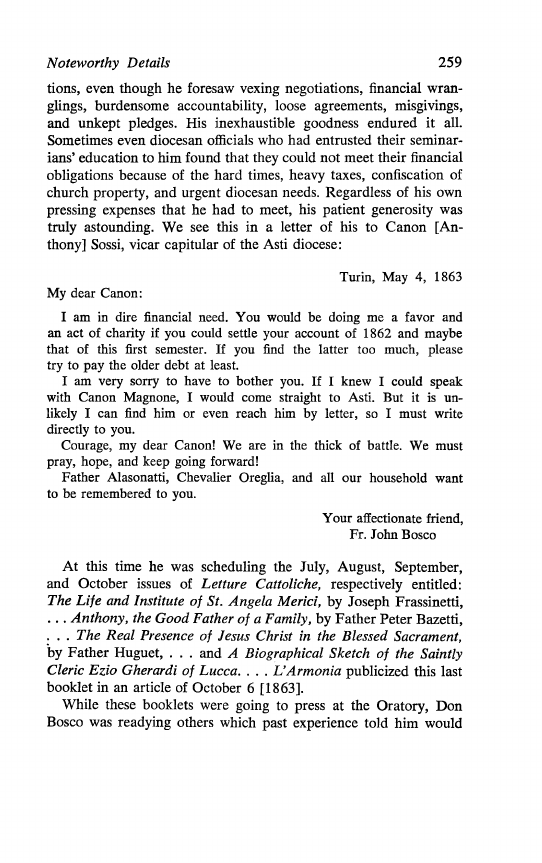
 |
29.8 Page 288 |
▲back to top |

 |
29.9 Page 289 |
▲back to top |
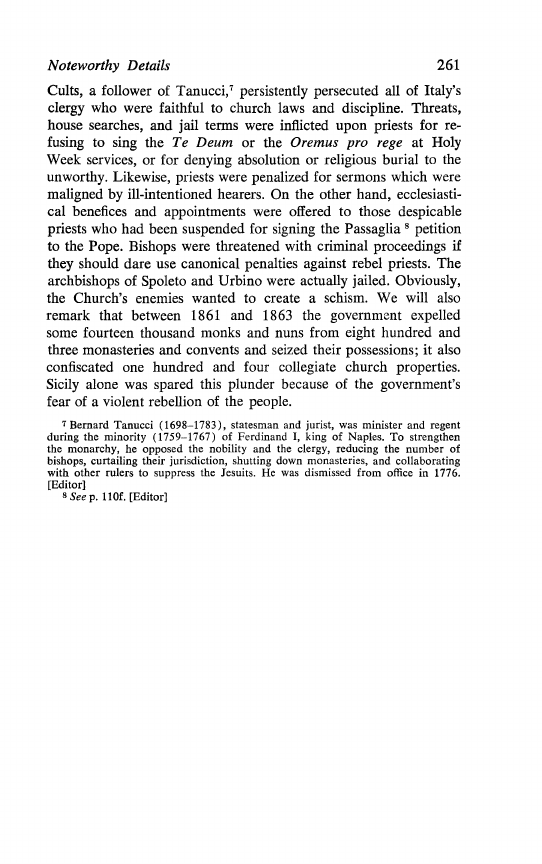
 |
29.10 Page 290 |
▲back to top |
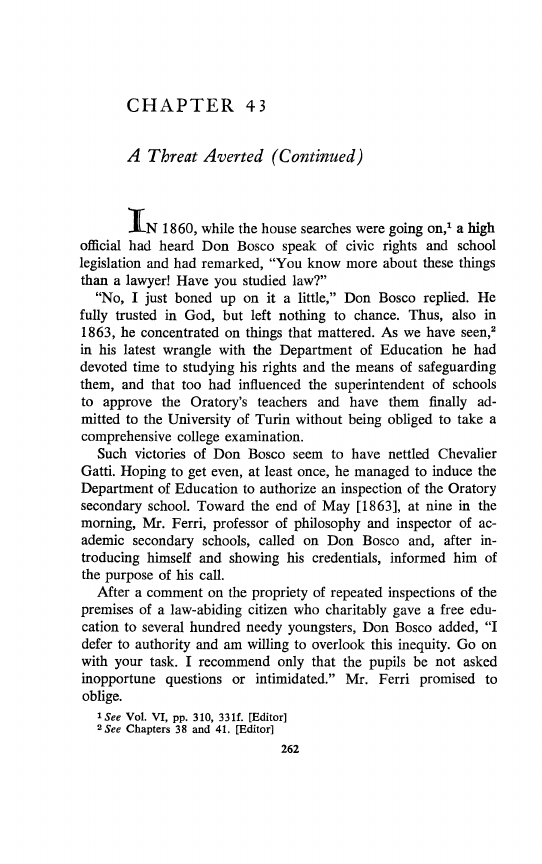
 |
30 Pages 291-300 |
▲back to top |
 |
30.1 Page 291 |
▲back to top |

 |
30.2 Page 292 |
▲back to top |
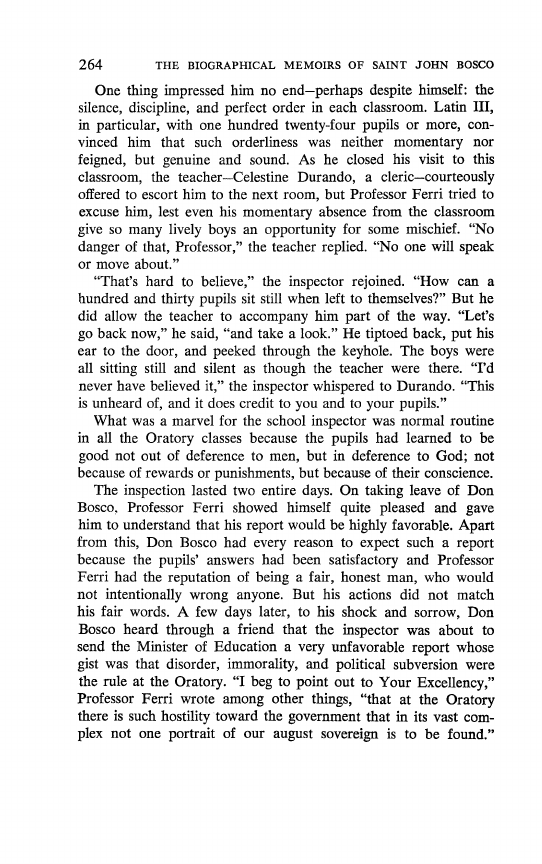
 |
30.3 Page 293 |
▲back to top |
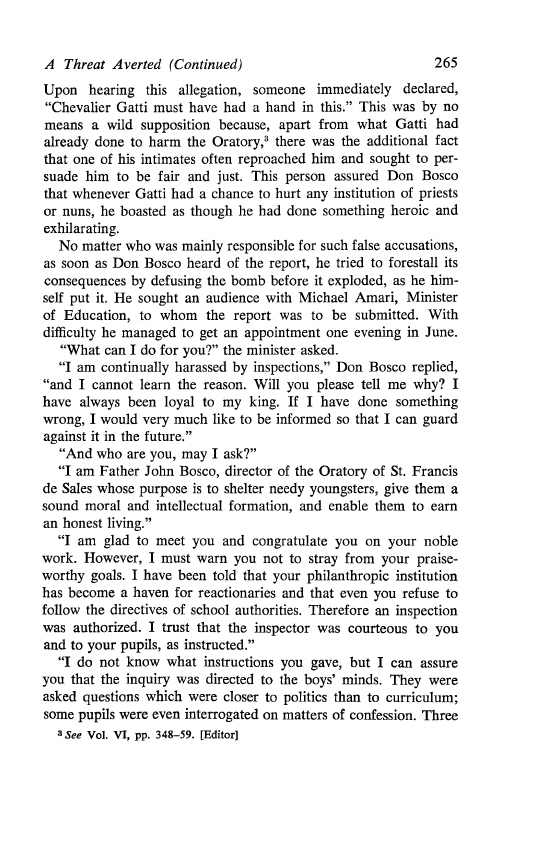
 |
30.4 Page 294 |
▲back to top |

 |
30.5 Page 295 |
▲back to top |

 |
30.6 Page 296 |
▲back to top |
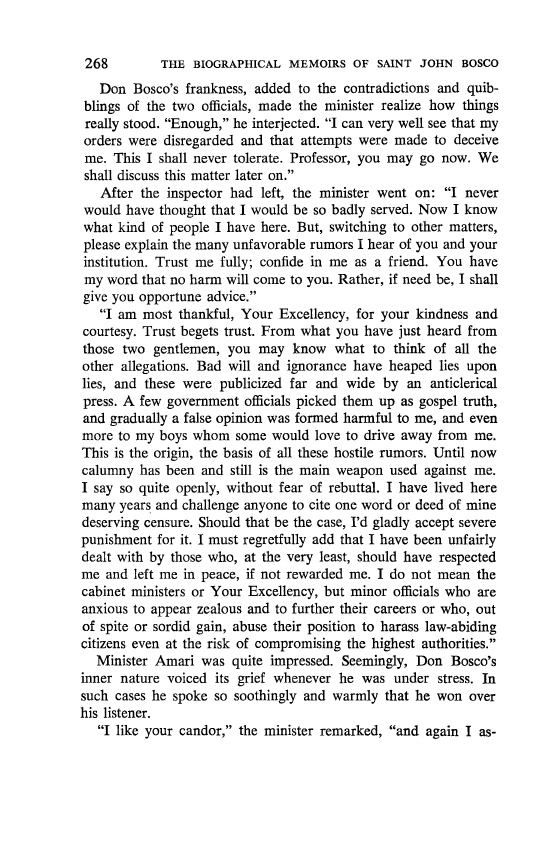
 |
30.7 Page 297 |
▲back to top |

 |
30.8 Page 298 |
▲back to top |
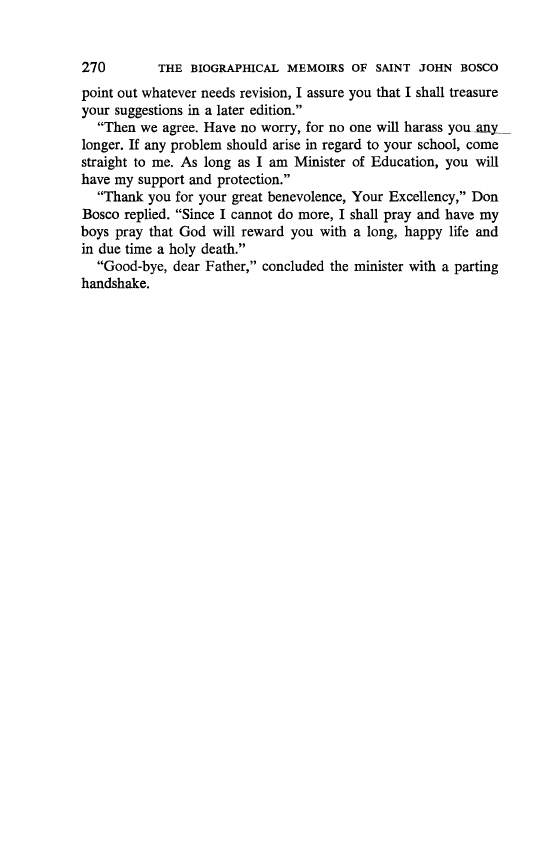
 |
30.9 Page 299 |
▲back to top |
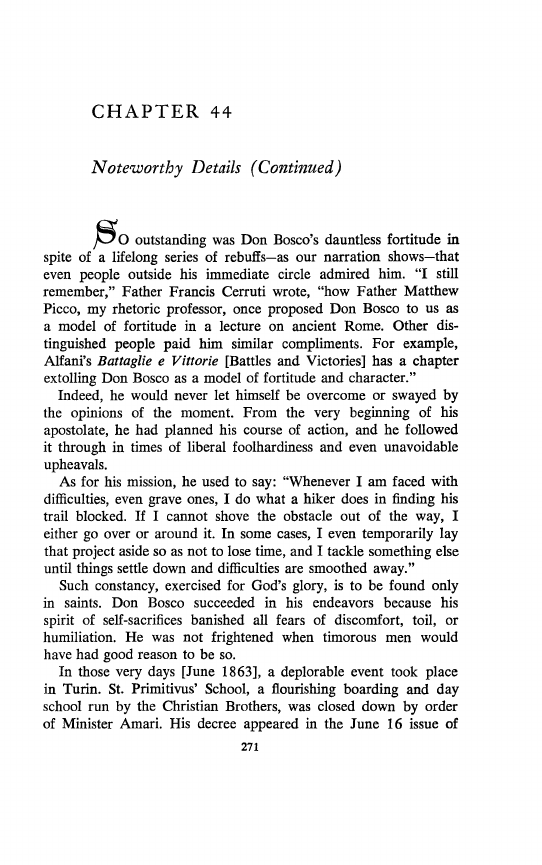
 |
30.10 Page 300 |
▲back to top |
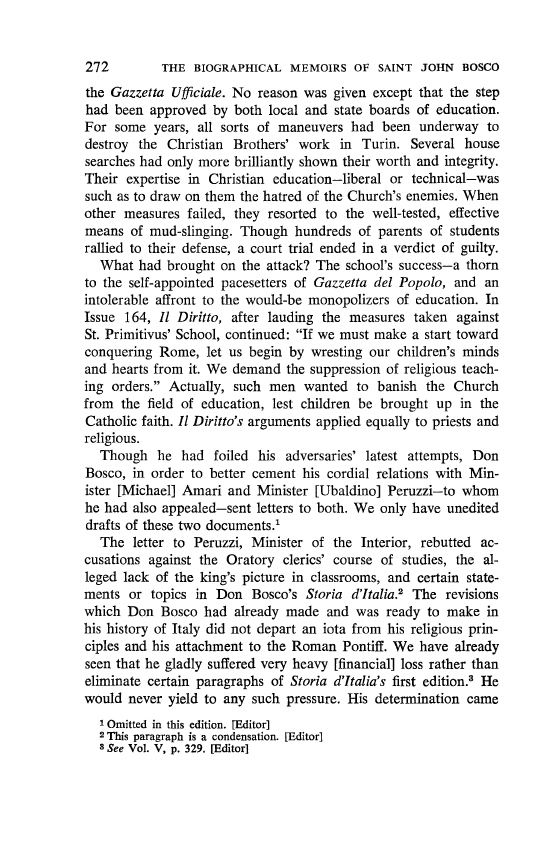
 |
31 Pages 301-310 |
▲back to top |
 |
31.1 Page 301 |
▲back to top |

 |
31.2 Page 302 |
▲back to top |

 |
31.3 Page 303 |
▲back to top |

 |
31.4 Page 304 |
▲back to top |
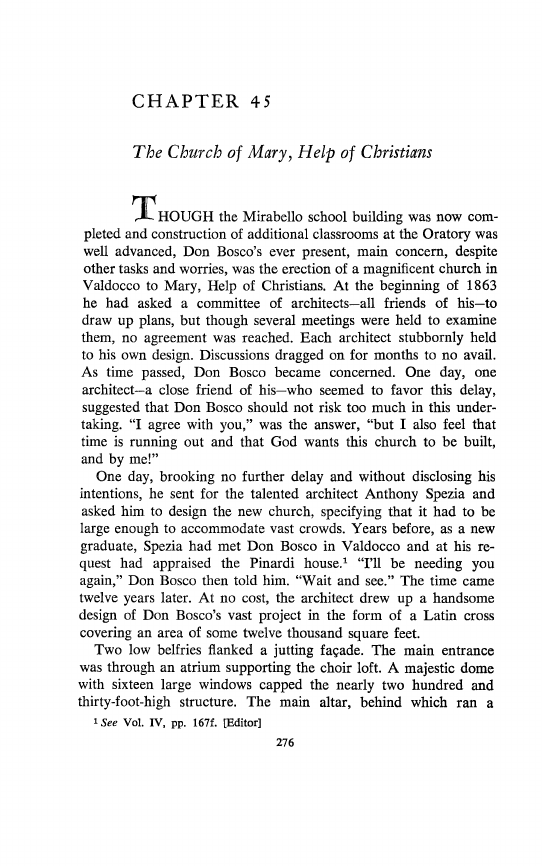
 |
31.5 Page 305 |
▲back to top |
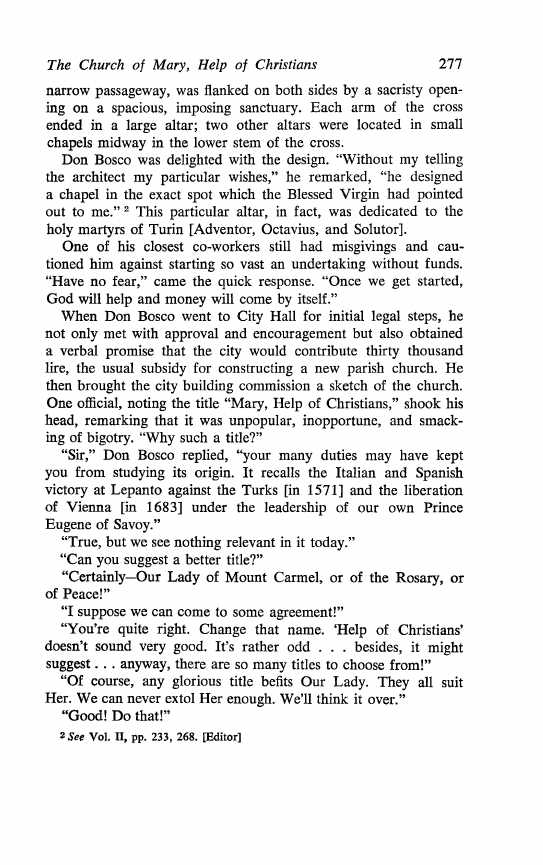
 |
31.6 Page 306 |
▲back to top |
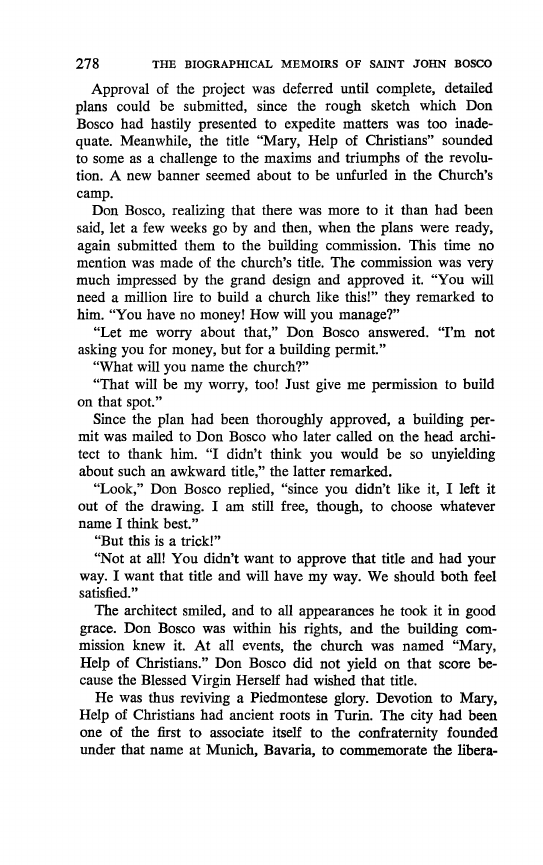
 |
31.7 Page 307 |
▲back to top |

 |
31.8 Page 308 |
▲back to top |

 |
31.9 Page 309 |
▲back to top |

 |
31.10 Page 310 |
▲back to top |
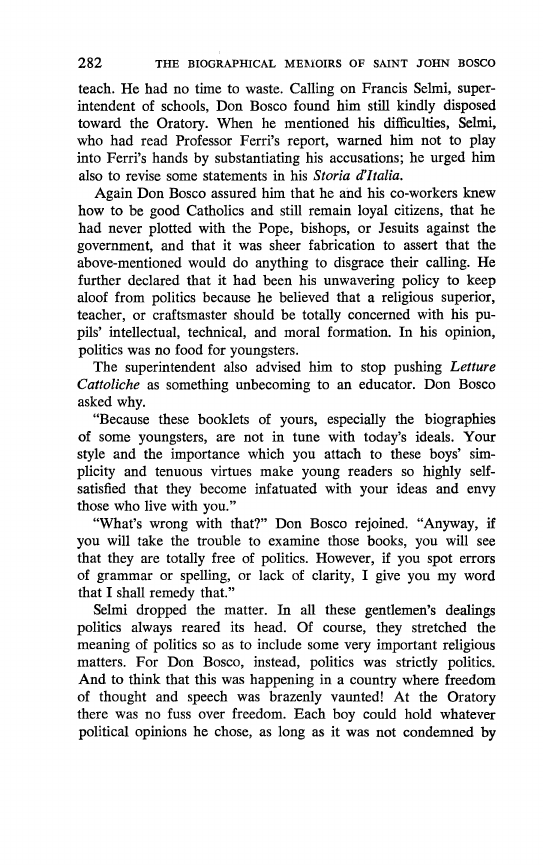
 |
32 Pages 311-320 |
▲back to top |
 |
32.1 Page 311 |
▲back to top |
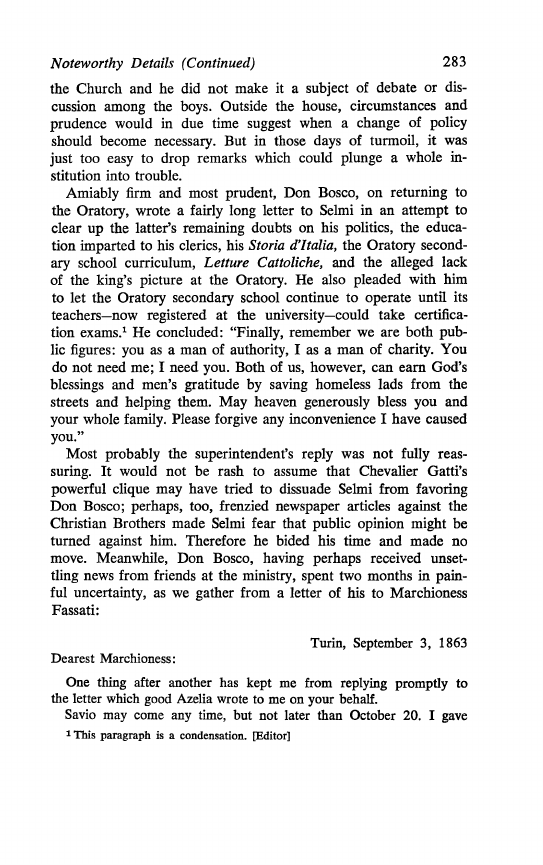
 |
32.2 Page 312 |
▲back to top |

 |
32.3 Page 313 |
▲back to top |
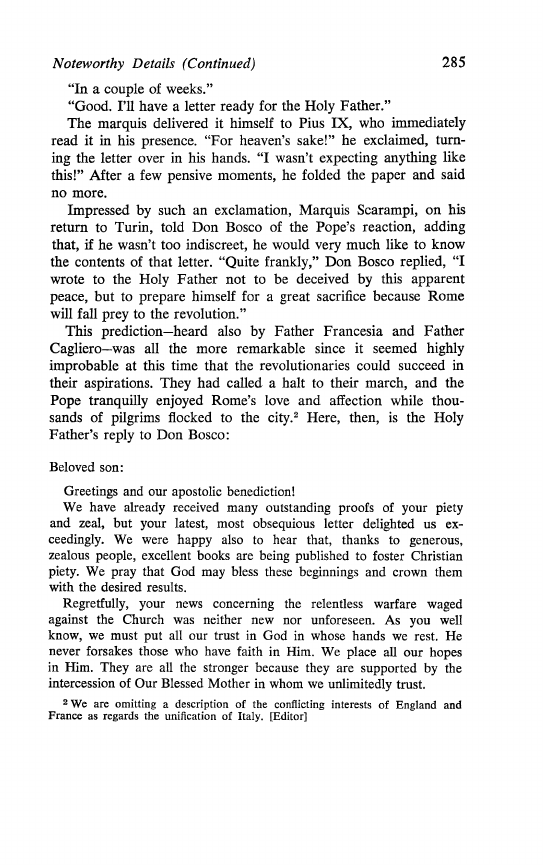
 |
32.4 Page 314 |
▲back to top |

 |
32.5 Page 315 |
▲back to top |
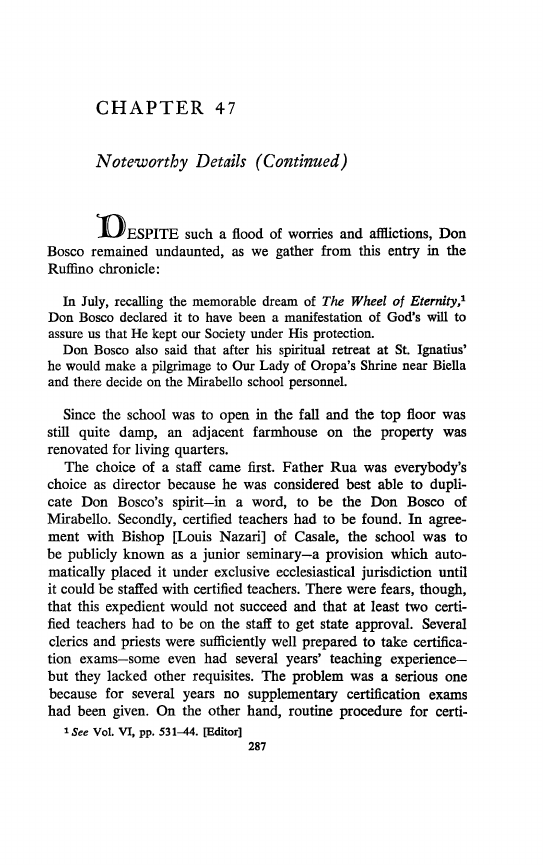
 |
32.6 Page 316 |
▲back to top |
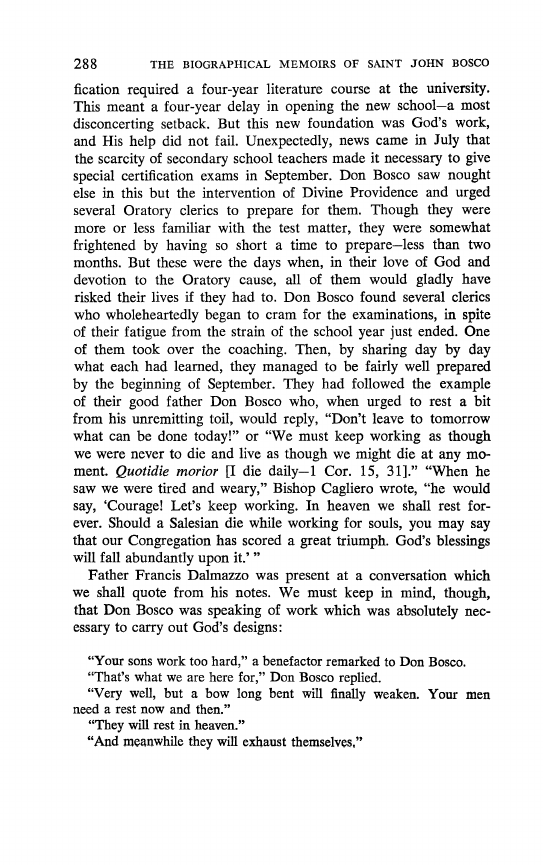
 |
32.7 Page 317 |
▲back to top |
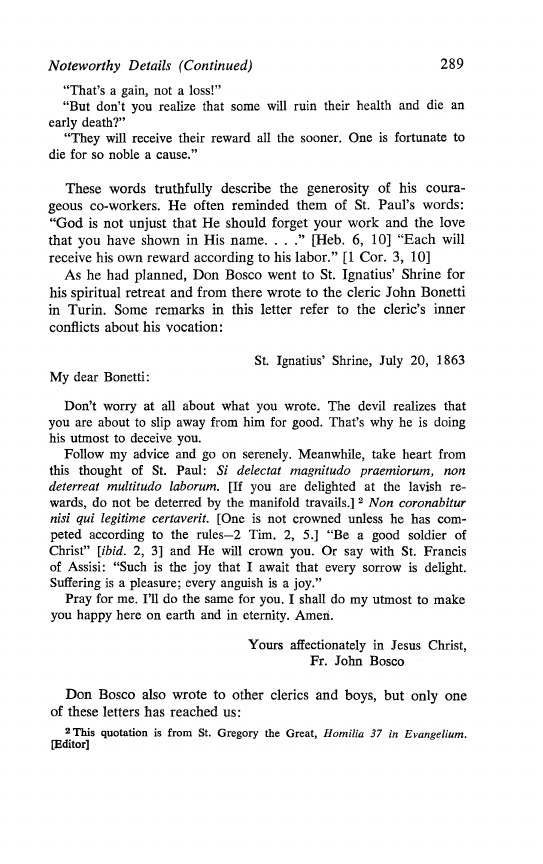
 |
32.8 Page 318 |
▲back to top |

 |
32.9 Page 319 |
▲back to top |

 |
32.10 Page 320 |
▲back to top |

 |
33 Pages 321-330 |
▲back to top |
 |
33.1 Page 321 |
▲back to top |

 |
33.2 Page 322 |
▲back to top |
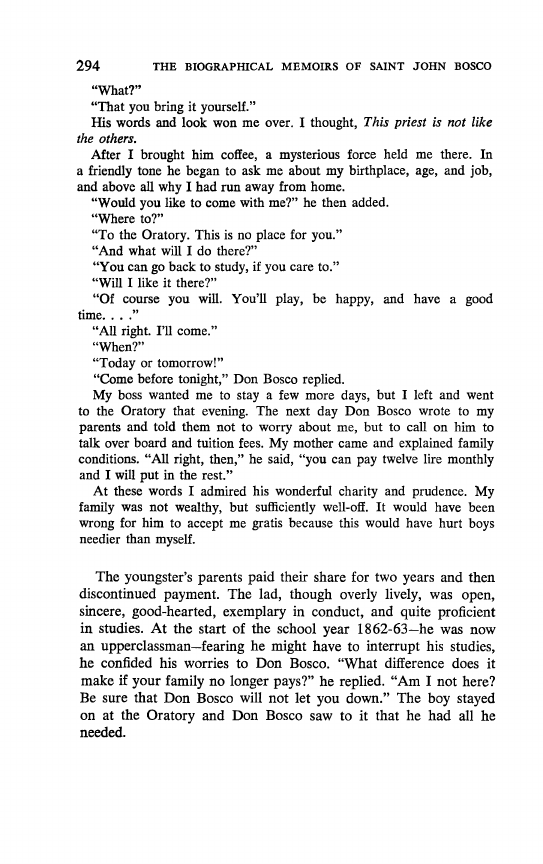
 |
33.3 Page 323 |
▲back to top |

 |
33.4 Page 324 |
▲back to top |

 |
33.5 Page 325 |
▲back to top |

 |
33.6 Page 326 |
▲back to top |
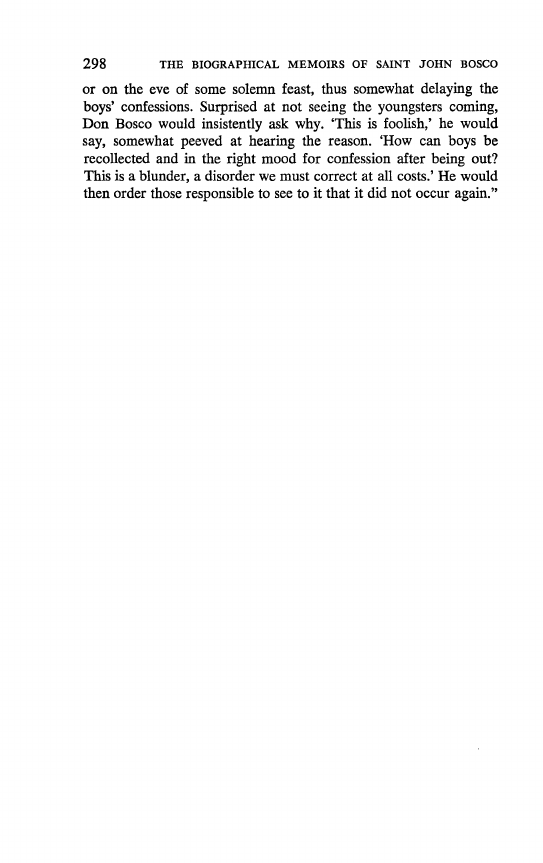
 |
33.7 Page 327 |
▲back to top |
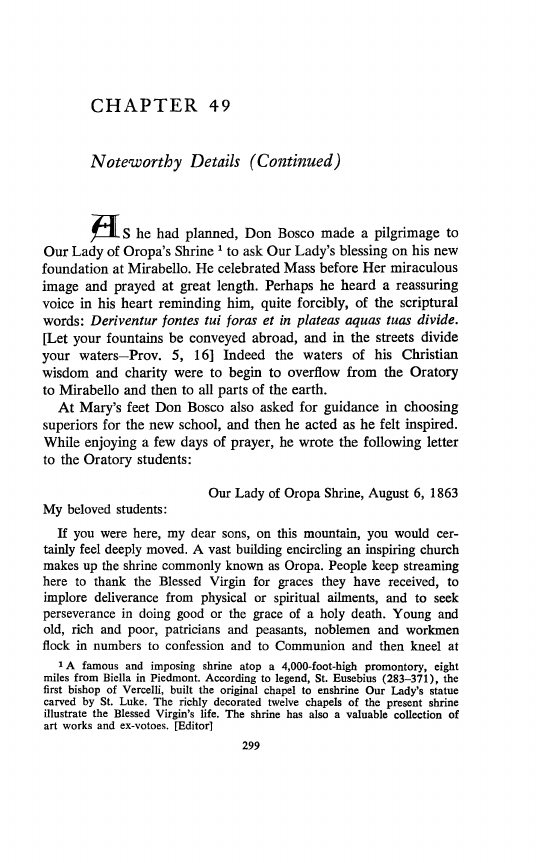
 |
33.8 Page 328 |
▲back to top |
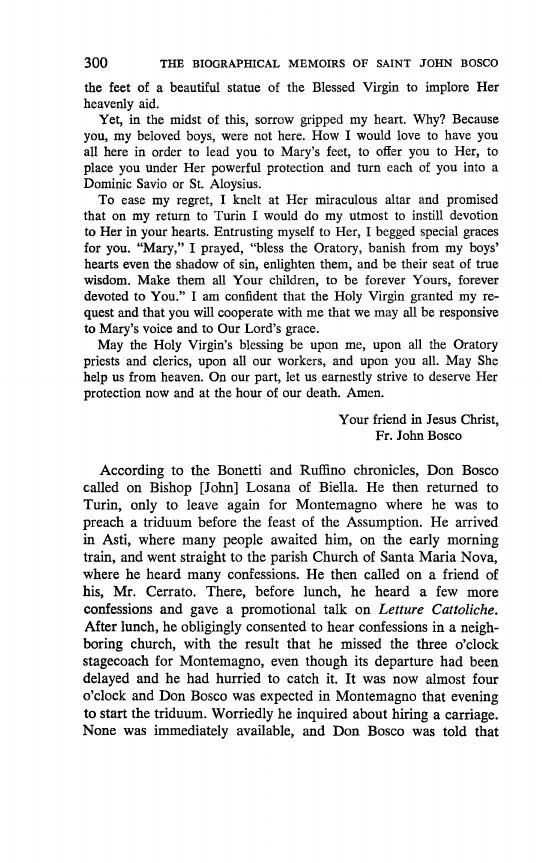
 |
33.9 Page 329 |
▲back to top |

 |
33.10 Page 330 |
▲back to top |

 |
34 Pages 331-340 |
▲back to top |
 |
34.1 Page 331 |
▲back to top |
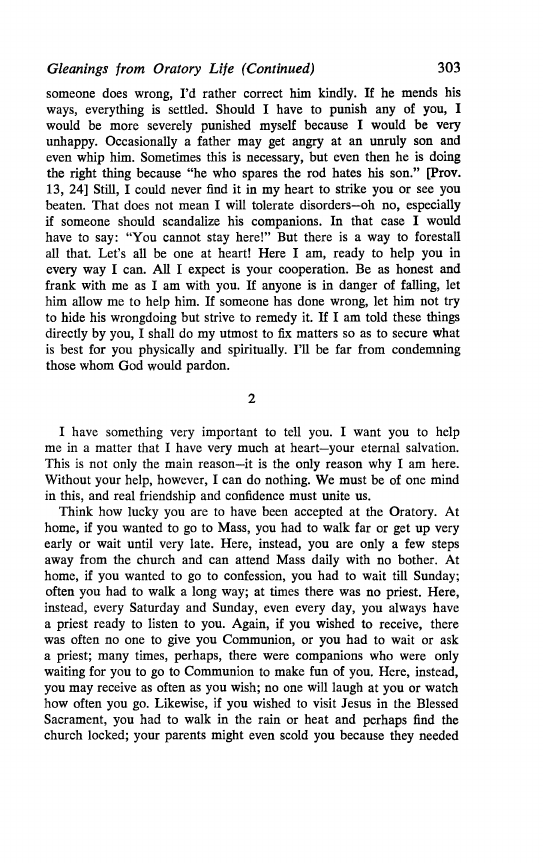
 |
34.2 Page 332 |
▲back to top |

 |
34.3 Page 333 |
▲back to top |

 |
34.4 Page 334 |
▲back to top |
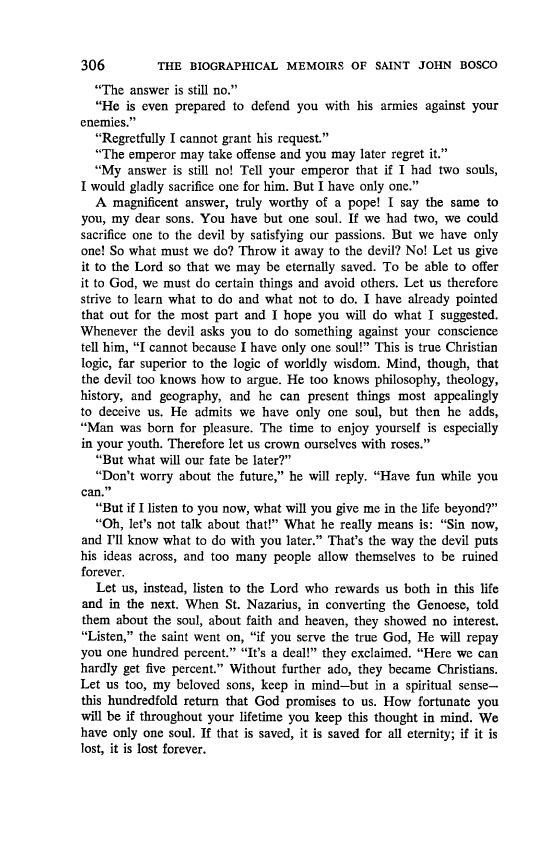
 |
34.5 Page 335 |
▲back to top |

 |
34.6 Page 336 |
▲back to top |
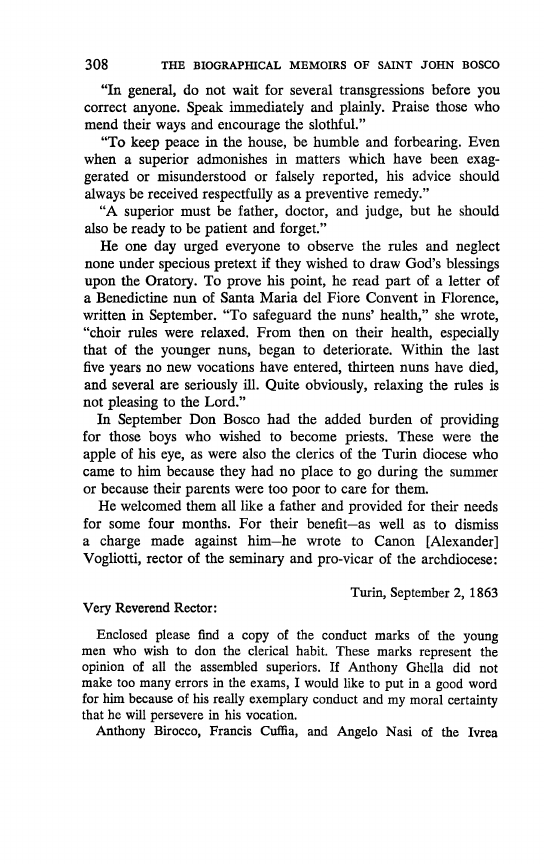
 |
34.7 Page 337 |
▲back to top |

 |
34.8 Page 338 |
▲back to top |

 |
34.9 Page 339 |
▲back to top |

 |
34.10 Page 340 |
▲back to top |

 |
35 Pages 341-350 |
▲back to top |
 |
35.1 Page 341 |
▲back to top |

 |
35.2 Page 342 |
▲back to top |
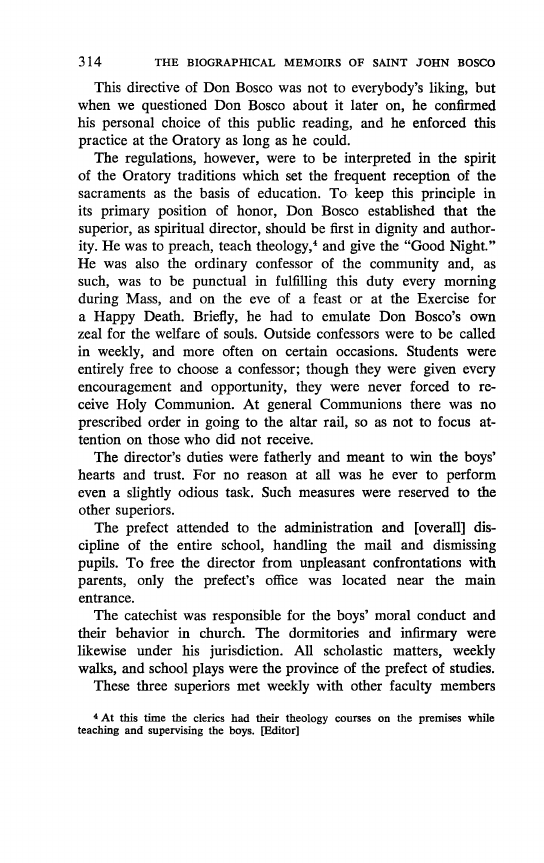
 |
35.3 Page 343 |
▲back to top |

 |
35.4 Page 344 |
▲back to top |
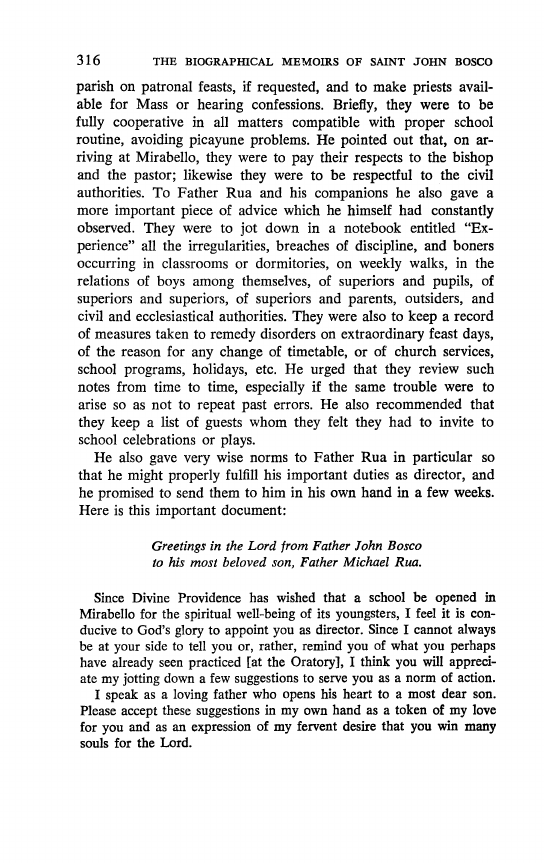
 |
35.5 Page 345 |
▲back to top |

 |
35.6 Page 346 |
▲back to top |
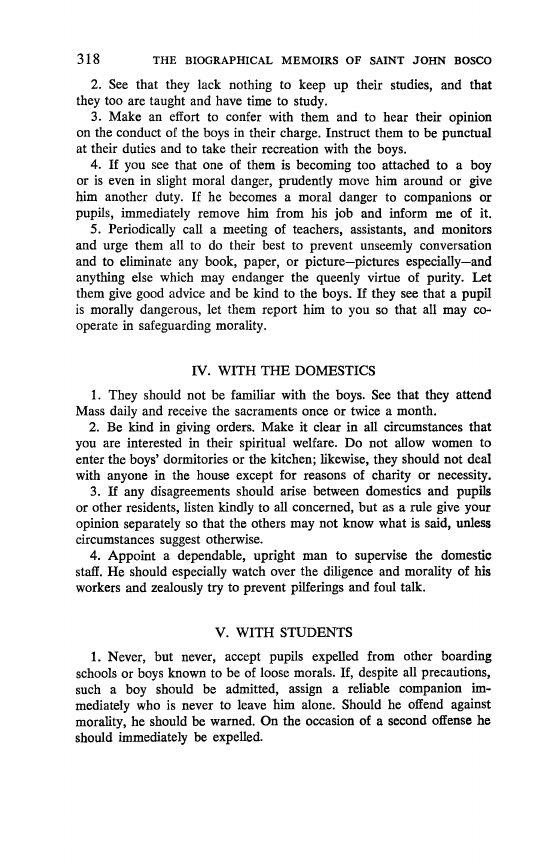
 |
35.7 Page 347 |
▲back to top |
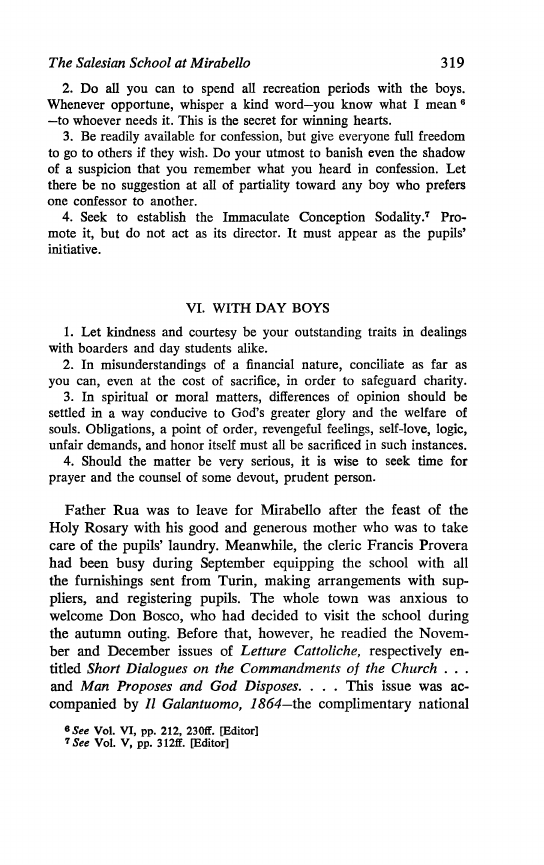
 |
35.8 Page 348 |
▲back to top |
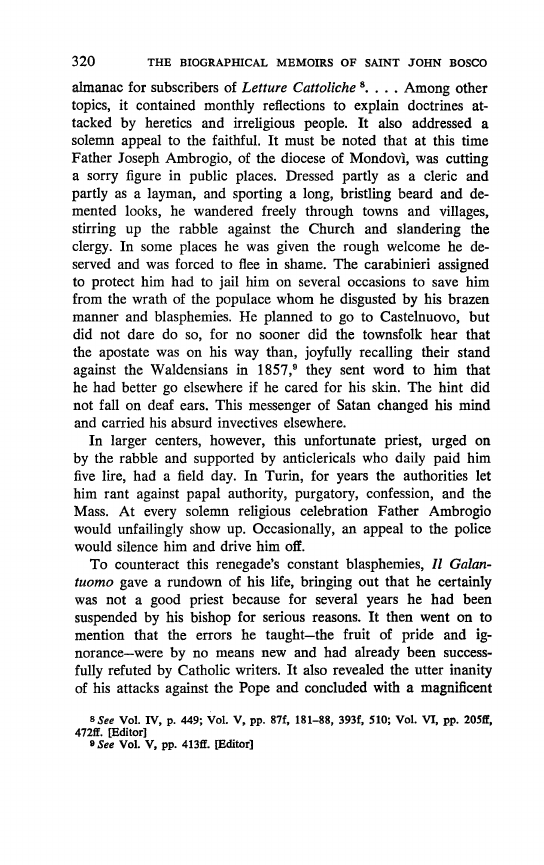
 |
35.9 Page 349 |
▲back to top |
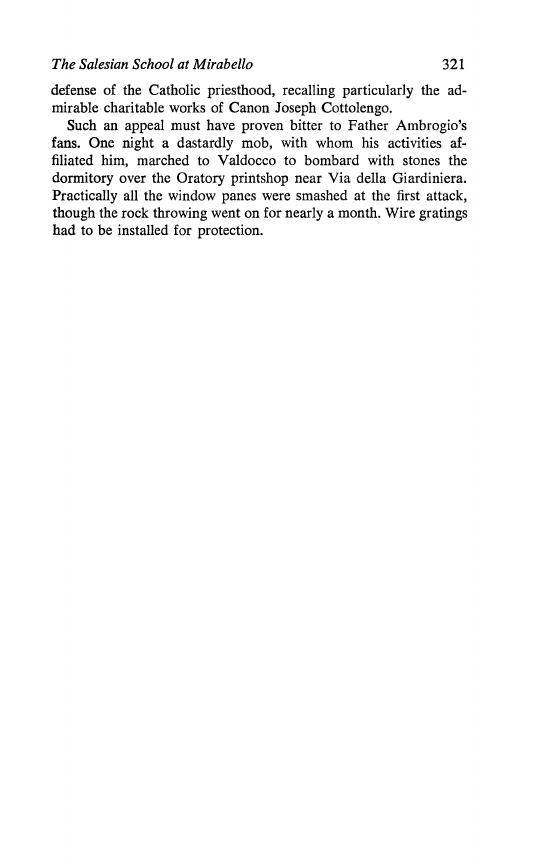
 |
35.10 Page 350 |
▲back to top |
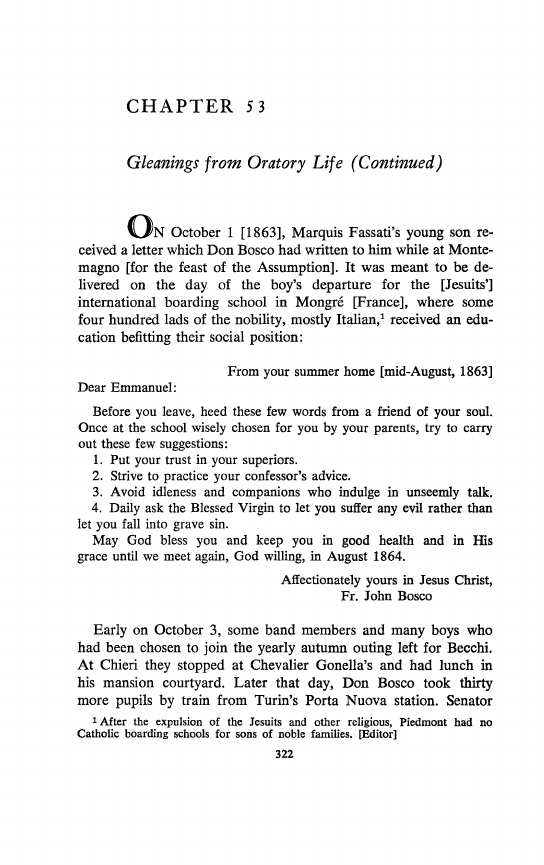
 |
36 Pages 351-360 |
▲back to top |
 |
36.1 Page 351 |
▲back to top |
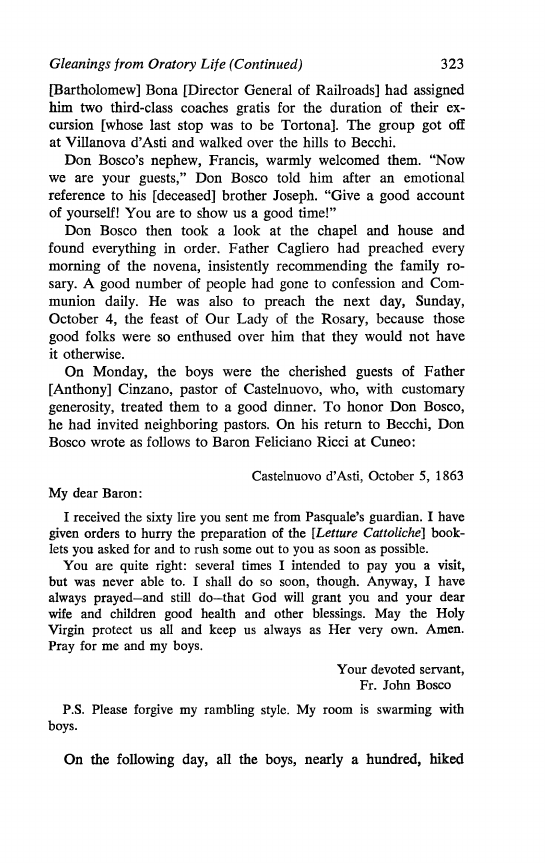
 |
36.2 Page 352 |
▲back to top |
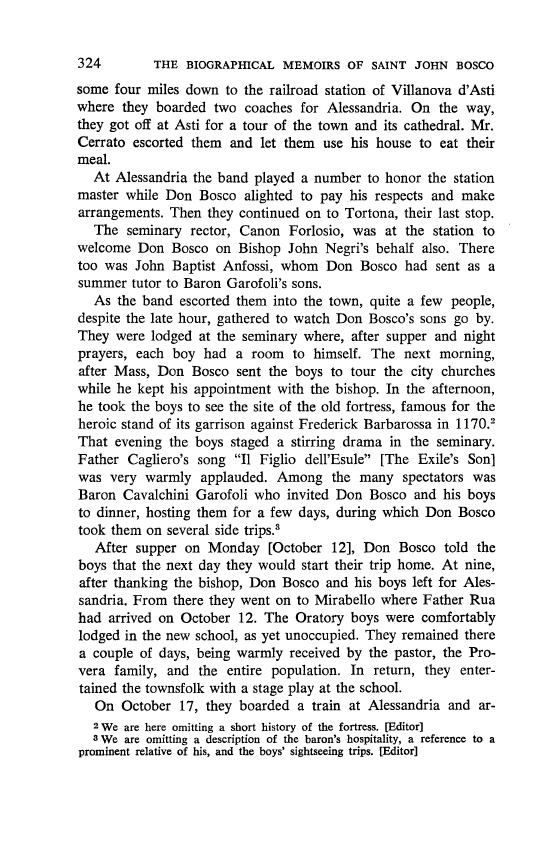
 |
36.3 Page 353 |
▲back to top |
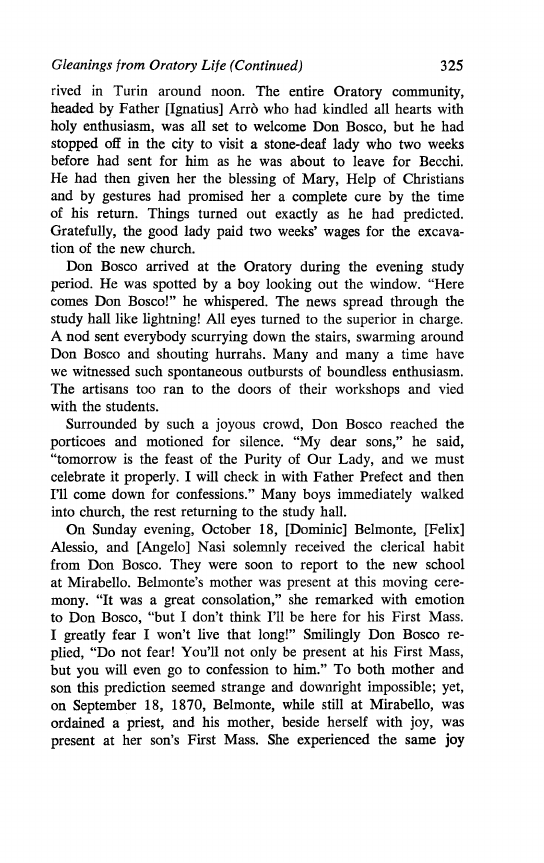
 |
36.4 Page 354 |
▲back to top |

 |
36.5 Page 355 |
▲back to top |

 |
36.6 Page 356 |
▲back to top |

 |
36.7 Page 357 |
▲back to top |
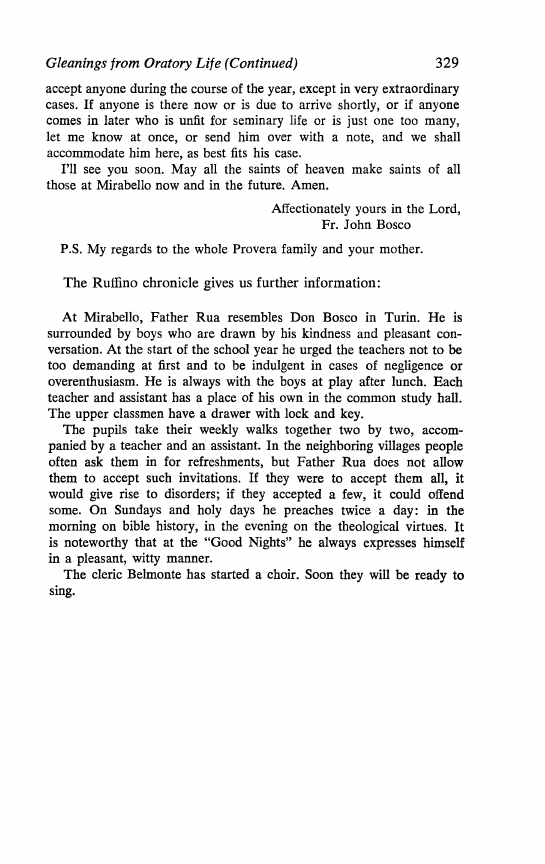
 |
36.8 Page 358 |
▲back to top |

 |
36.9 Page 359 |
▲back to top |
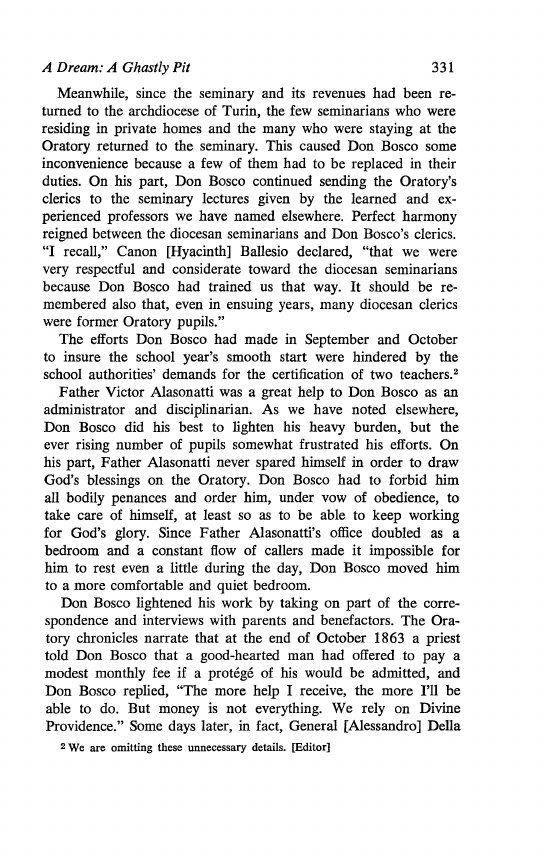
 |
36.10 Page 360 |
▲back to top |
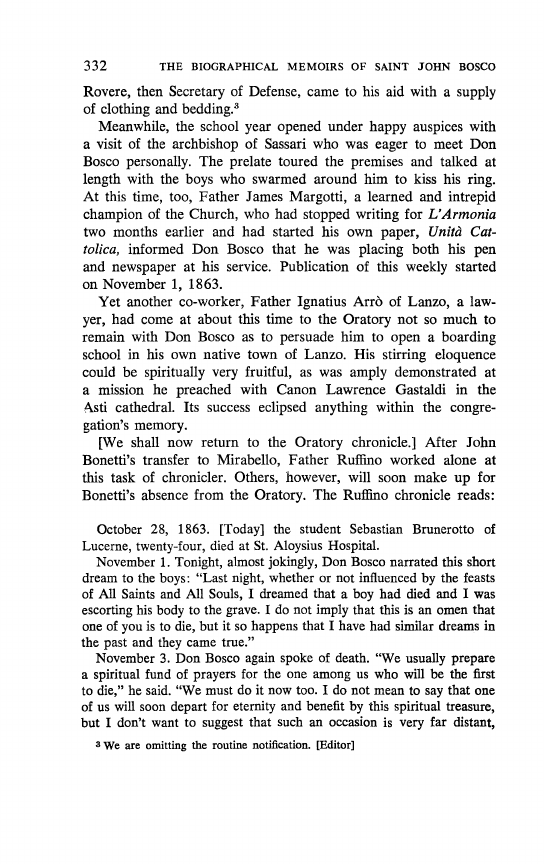
 |
37 Pages 361-370 |
▲back to top |
 |
37.1 Page 361 |
▲back to top |

 |
37.2 Page 362 |
▲back to top |
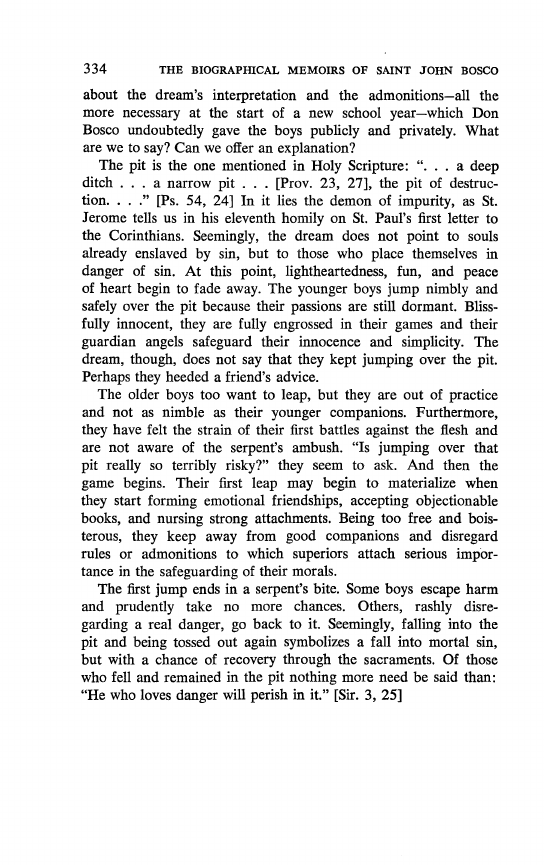
 |
37.3 Page 363 |
▲back to top |

 |
37.4 Page 364 |
▲back to top |
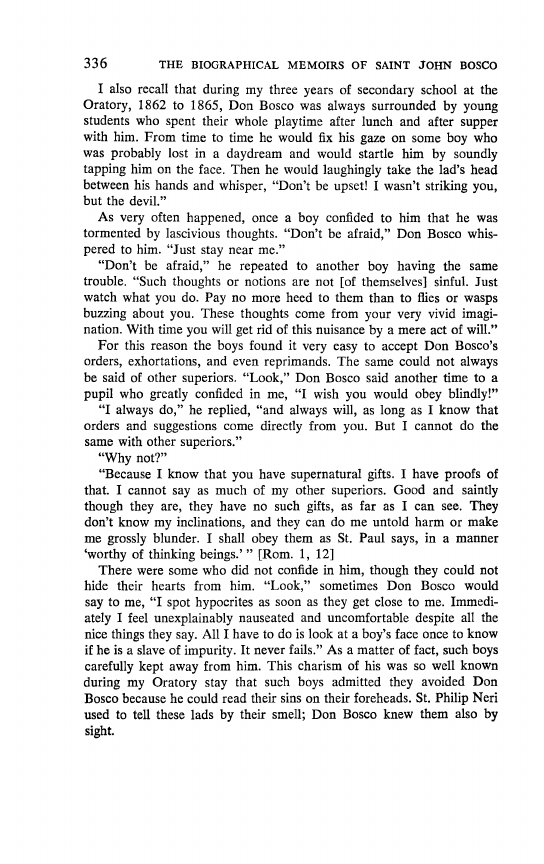
 |
37.5 Page 365 |
▲back to top |

 |
37.6 Page 366 |
▲back to top |
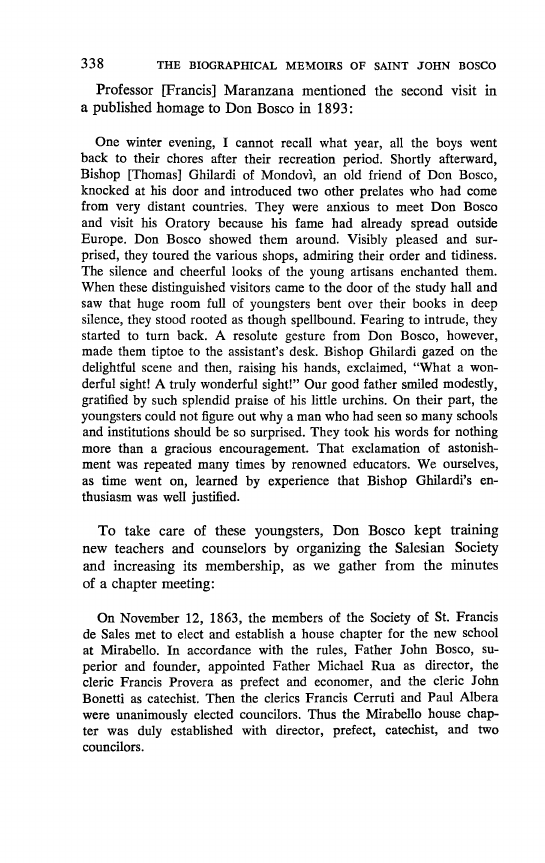
 |
37.7 Page 367 |
▲back to top |

 |
37.8 Page 368 |
▲back to top |

 |
37.9 Page 369 |
▲back to top |
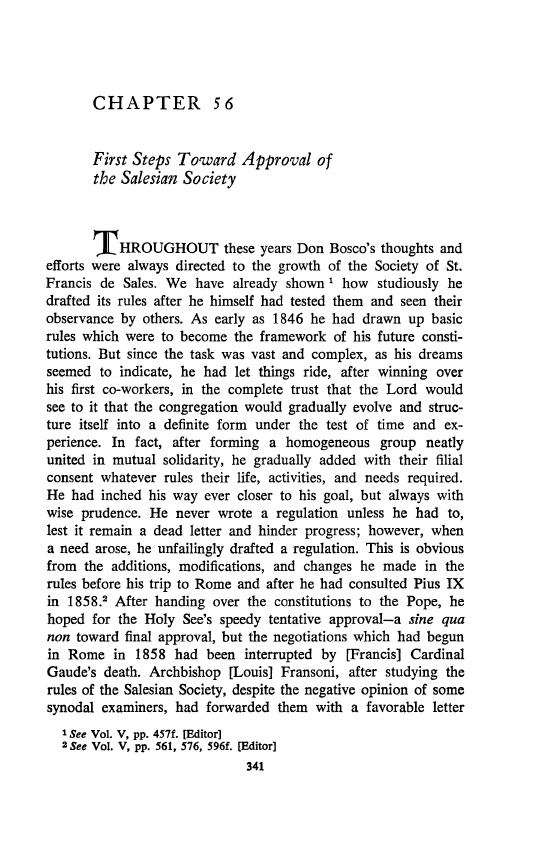
 |
37.10 Page 370 |
▲back to top |

 |
38 Pages 371-380 |
▲back to top |
 |
38.1 Page 371 |
▲back to top |

 |
38.2 Page 372 |
▲back to top |
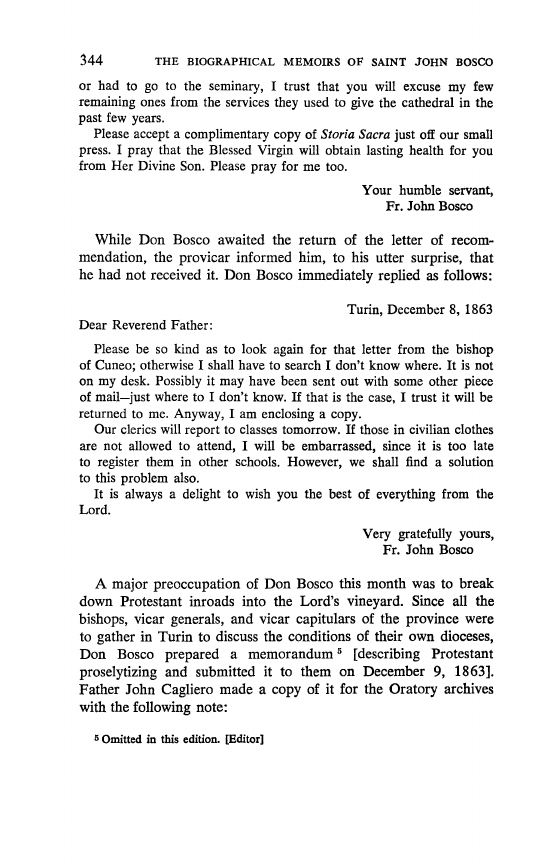
 |
38.3 Page 373 |
▲back to top |
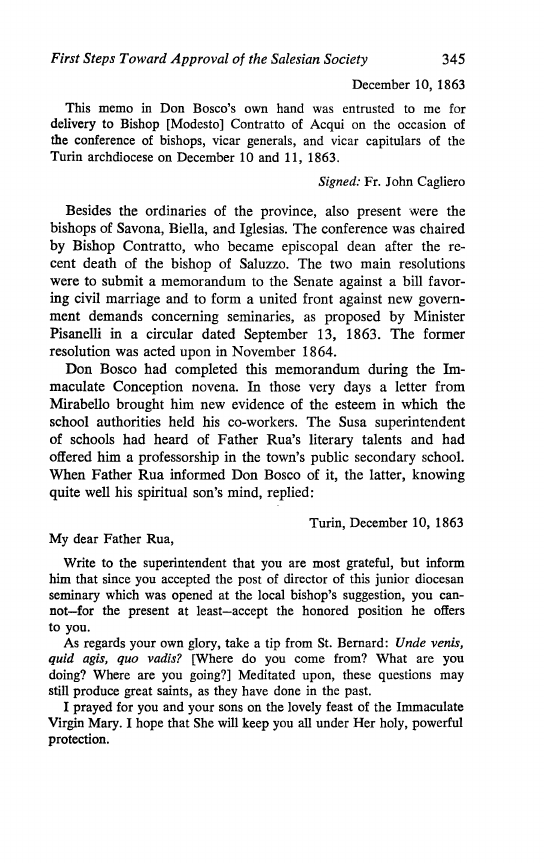
 |
38.4 Page 374 |
▲back to top |
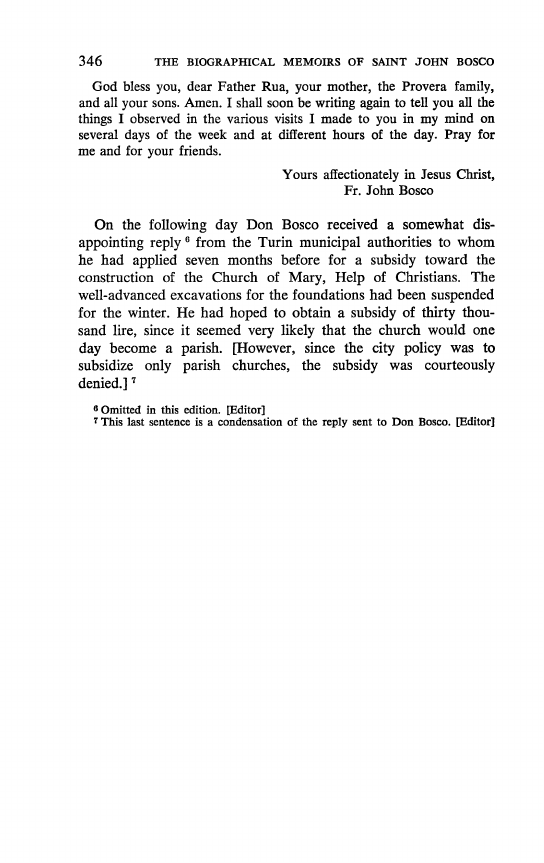
 |
38.5 Page 375 |
▲back to top |
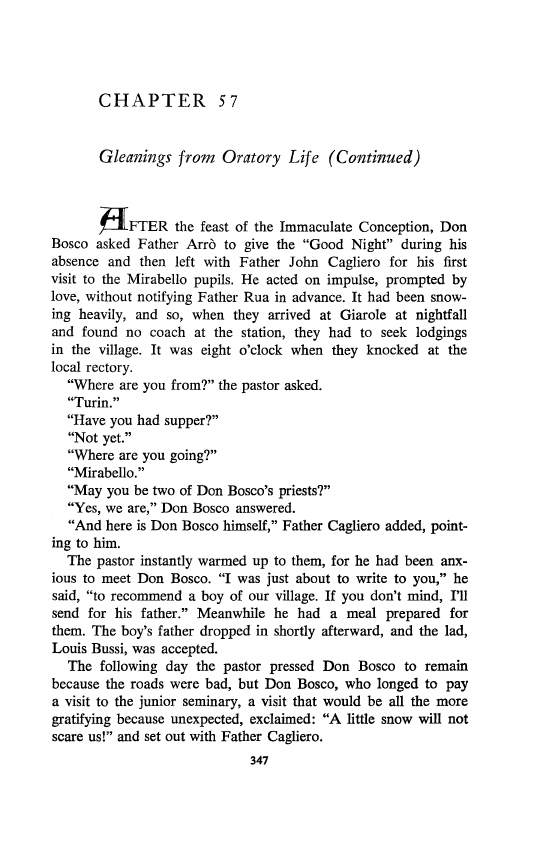
 |
38.6 Page 376 |
▲back to top |
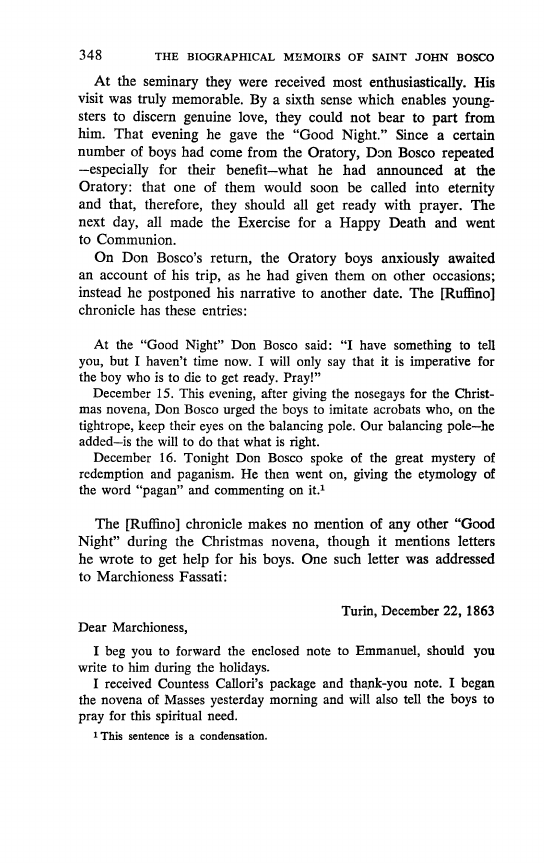
 |
38.7 Page 377 |
▲back to top |

 |
38.8 Page 378 |
▲back to top |

 |
38.9 Page 379 |
▲back to top |
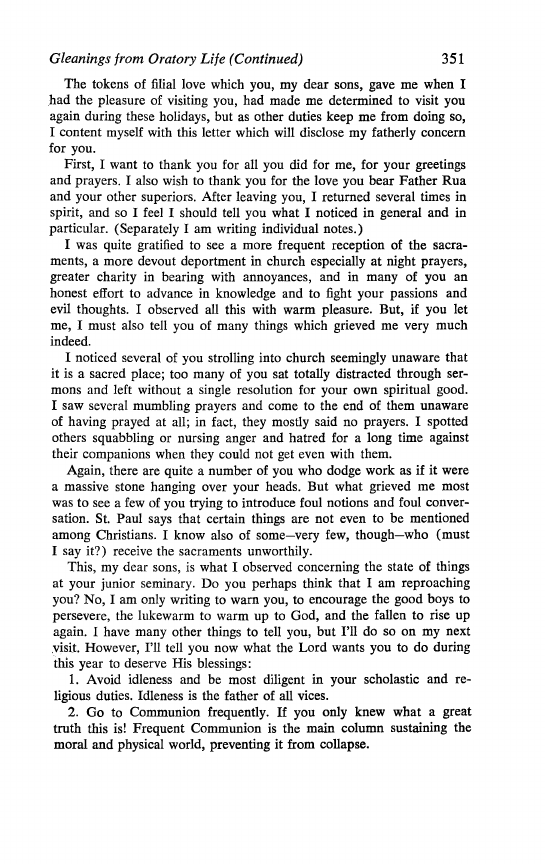
 |
38.10 Page 380 |
▲back to top |
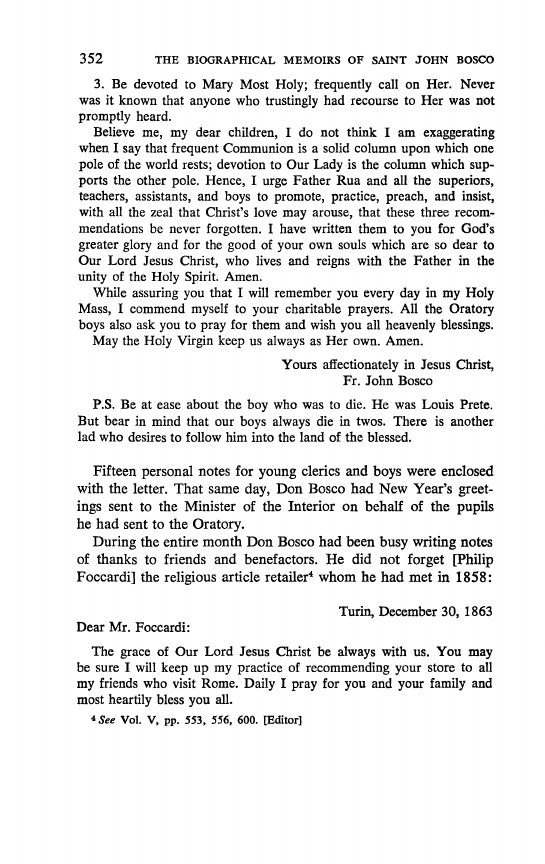
 |
39 Pages 381-390 |
▲back to top |
 |
39.1 Page 381 |
▲back to top |

 |
39.2 Page 382 |
▲back to top |
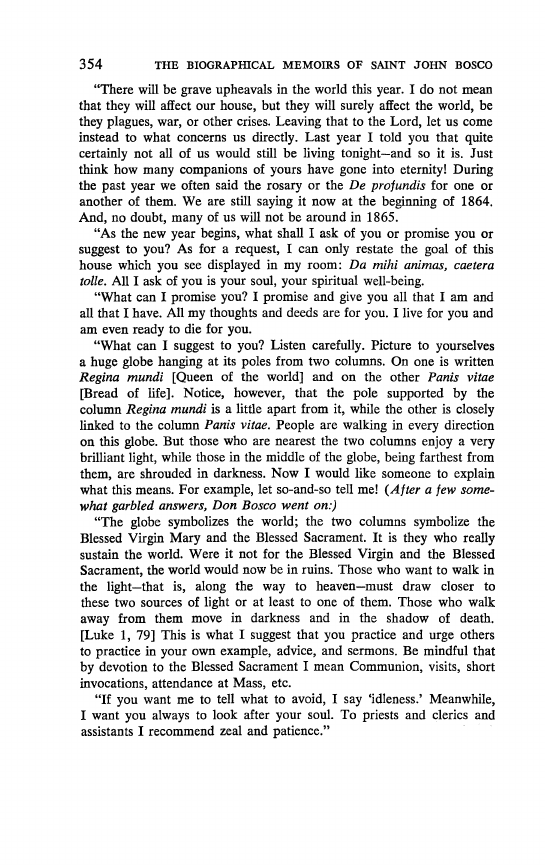
 |
39.3 Page 383 |
▲back to top |

 |
39.4 Page 384 |
▲back to top |
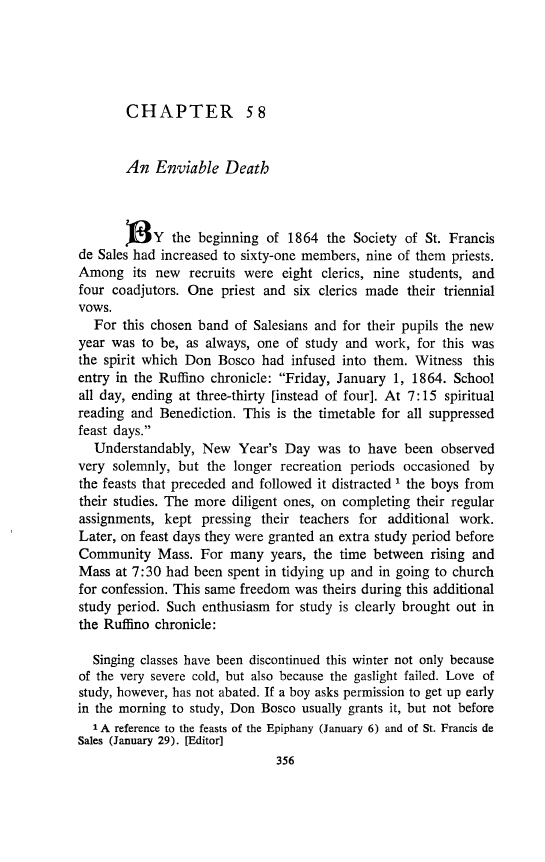
 |
39.5 Page 385 |
▲back to top |
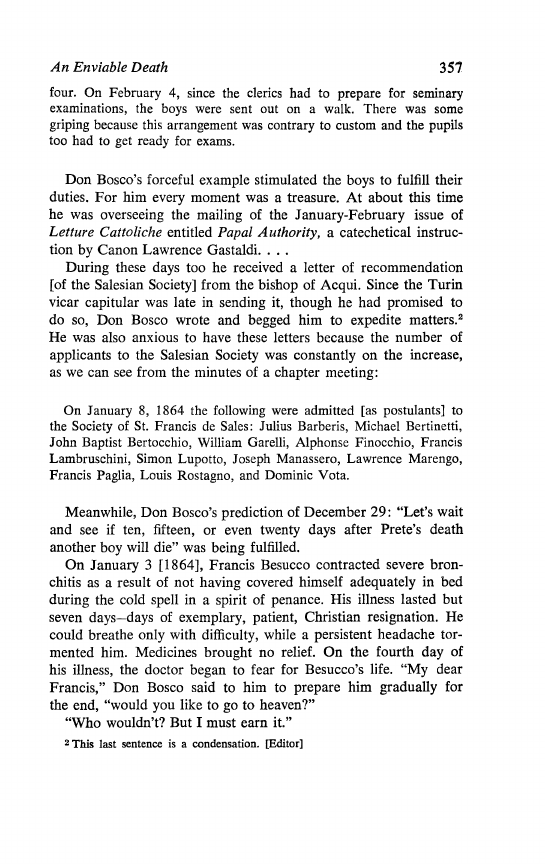
 |
39.6 Page 386 |
▲back to top |
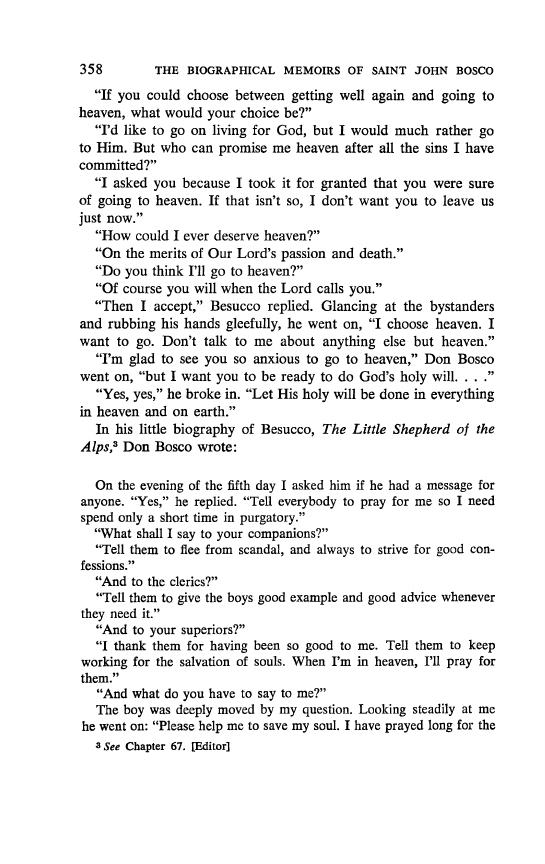
 |
39.7 Page 387 |
▲back to top |

 |
39.8 Page 388 |
▲back to top |
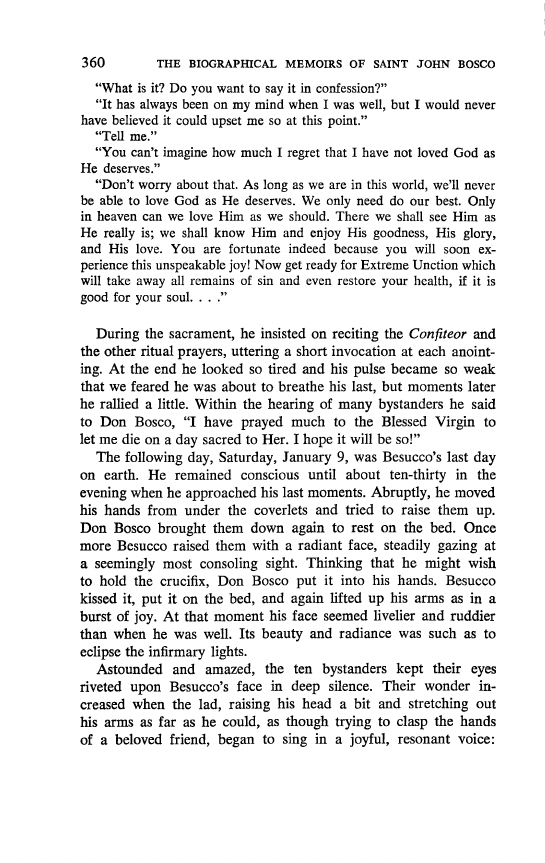
 |
39.9 Page 389 |
▲back to top |

 |
39.10 Page 390 |
▲back to top |

 |
40 Pages 391-400 |
▲back to top |
 |
40.1 Page 391 |
▲back to top |
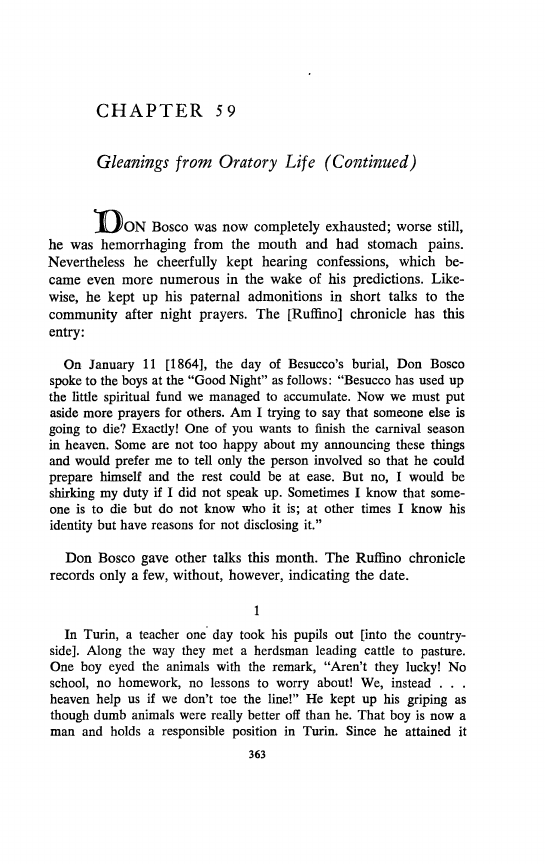
 |
40.2 Page 392 |
▲back to top |

 |
40.3 Page 393 |
▲back to top |
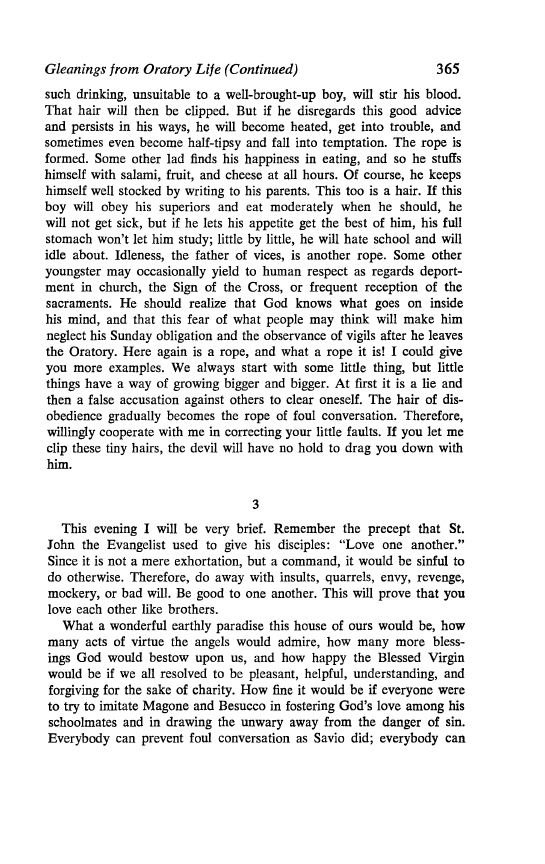
 |
40.4 Page 394 |
▲back to top |
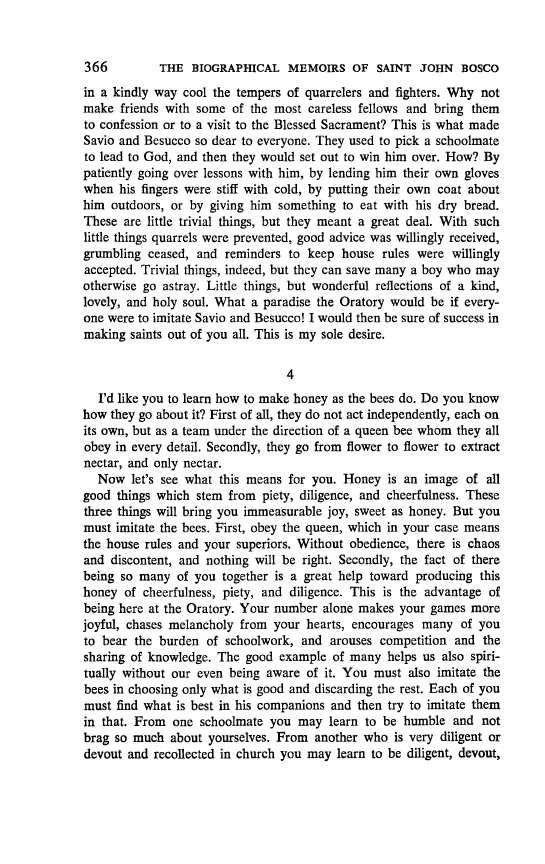
 |
40.5 Page 395 |
▲back to top |
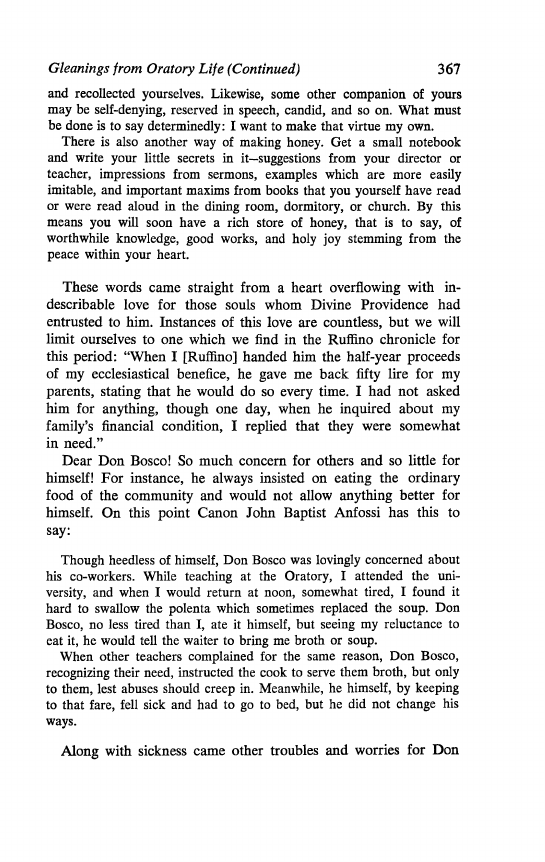
 |
40.6 Page 396 |
▲back to top |
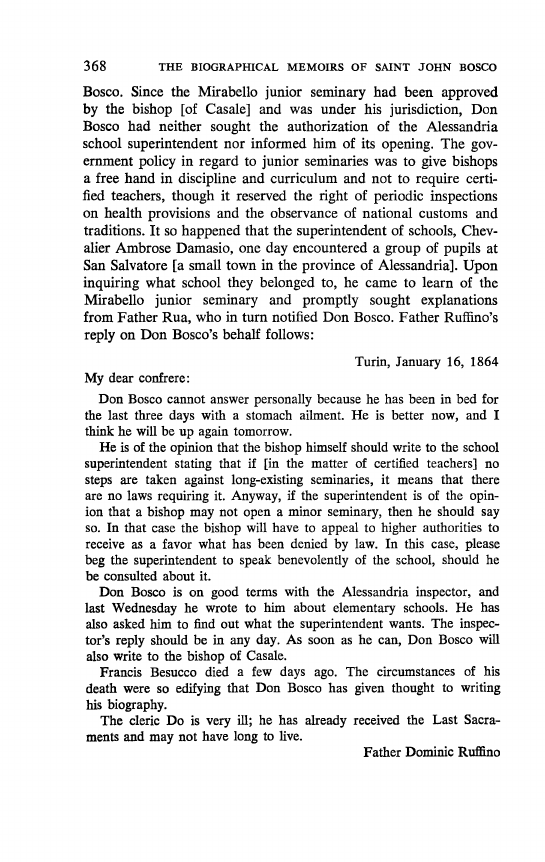
 |
40.7 Page 397 |
▲back to top |
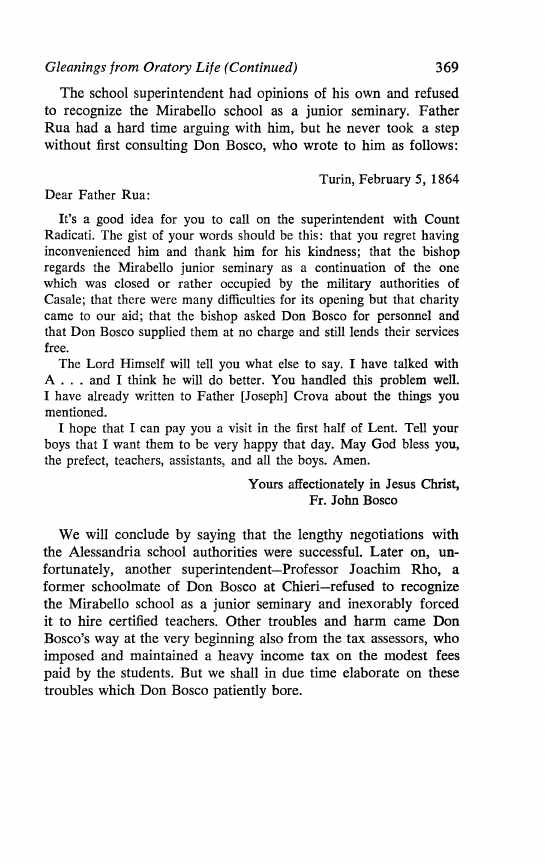
 |
40.8 Page 398 |
▲back to top |

 |
40.9 Page 399 |
▲back to top |
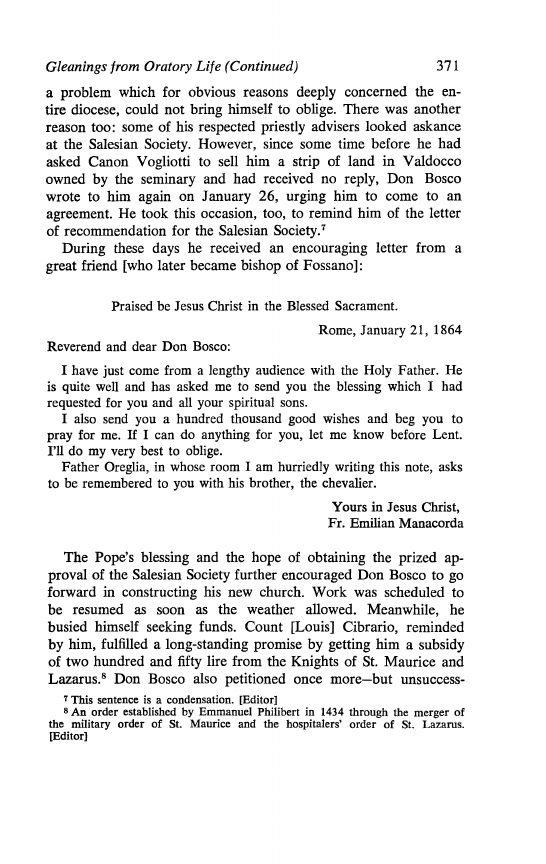
 |
40.10 Page 400 |
▲back to top |
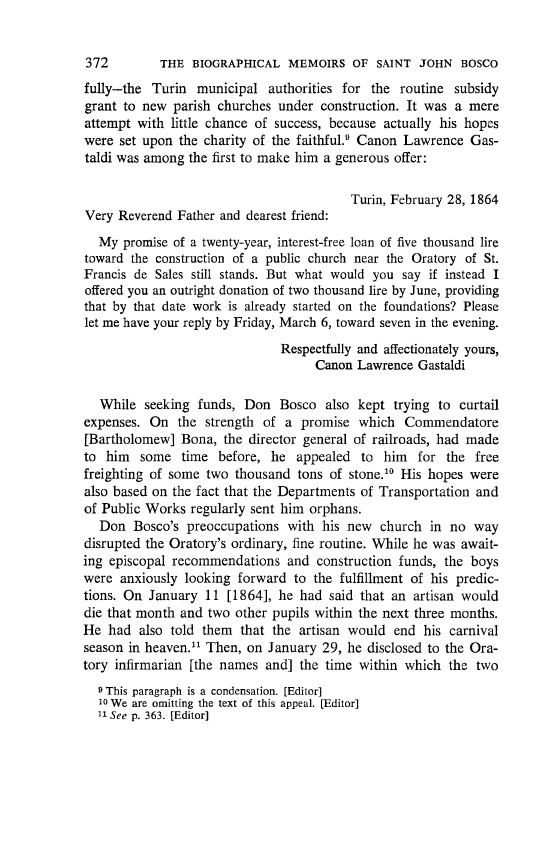
 |
41 Pages 401-410 |
▲back to top |
 |
41.1 Page 401 |
▲back to top |

 |
41.2 Page 402 |
▲back to top |

 |
41.3 Page 403 |
▲back to top |

 |
41.4 Page 404 |
▲back to top |
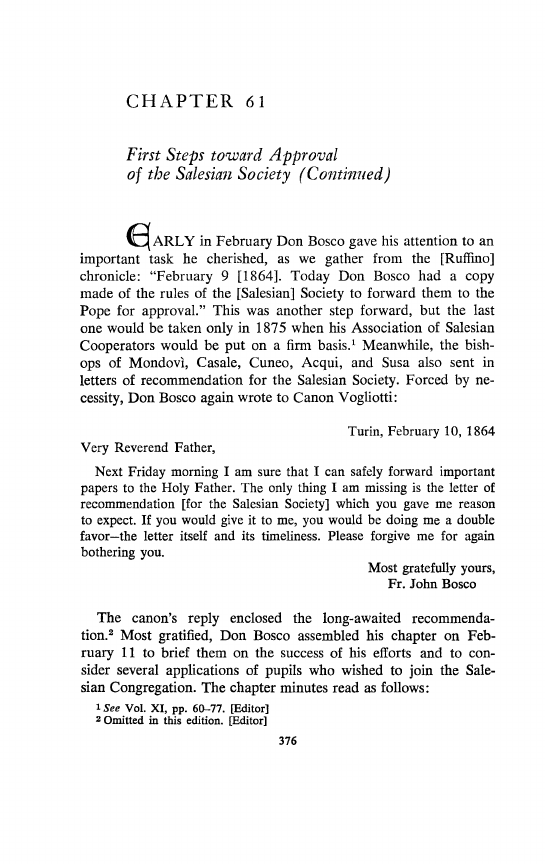
 |
41.5 Page 405 |
▲back to top |
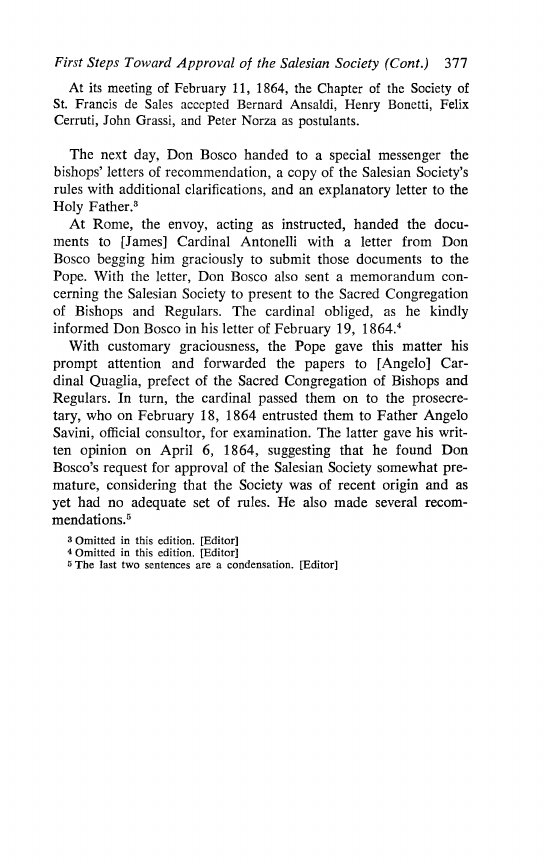
 |
41.6 Page 406 |
▲back to top |

 |
41.7 Page 407 |
▲back to top |

 |
41.8 Page 408 |
▲back to top |
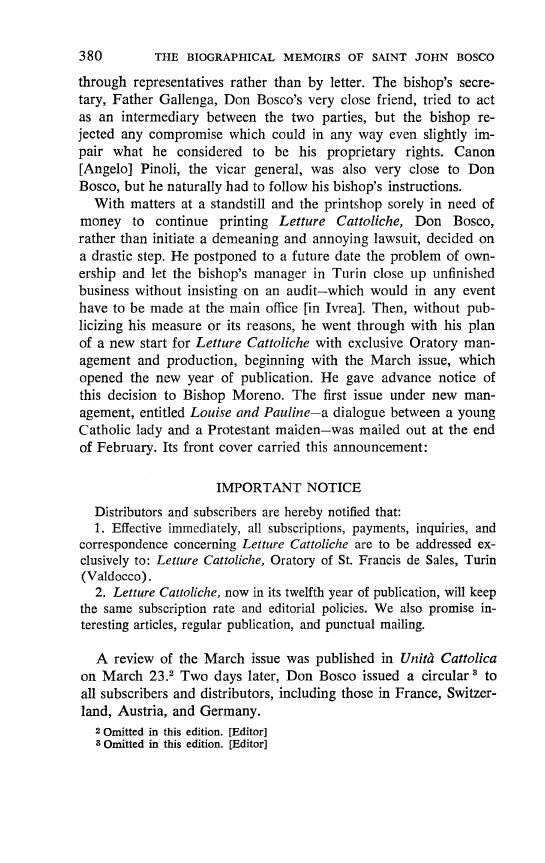
 |
41.9 Page 409 |
▲back to top |

 |
41.10 Page 410 |
▲back to top |

 |
42 Pages 411-420 |
▲back to top |
 |
42.1 Page 411 |
▲back to top |
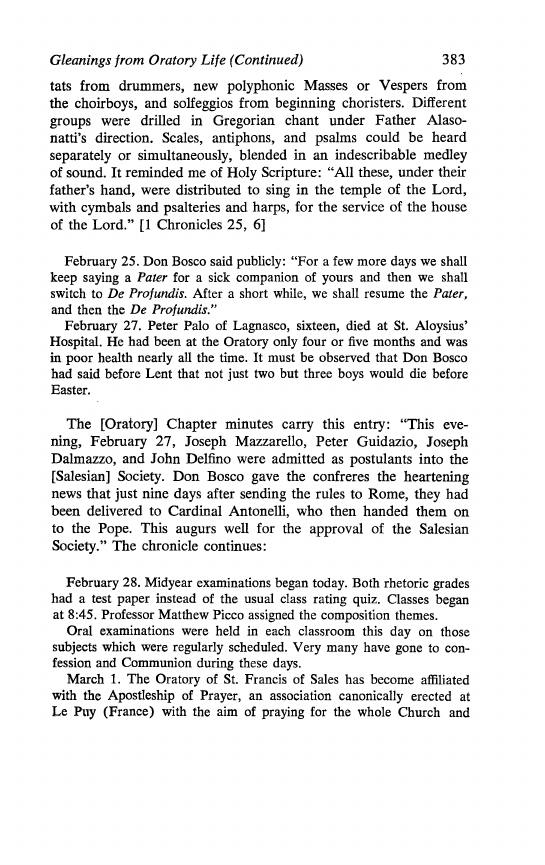
 |
42.2 Page 412 |
▲back to top |

 |
42.3 Page 413 |
▲back to top |
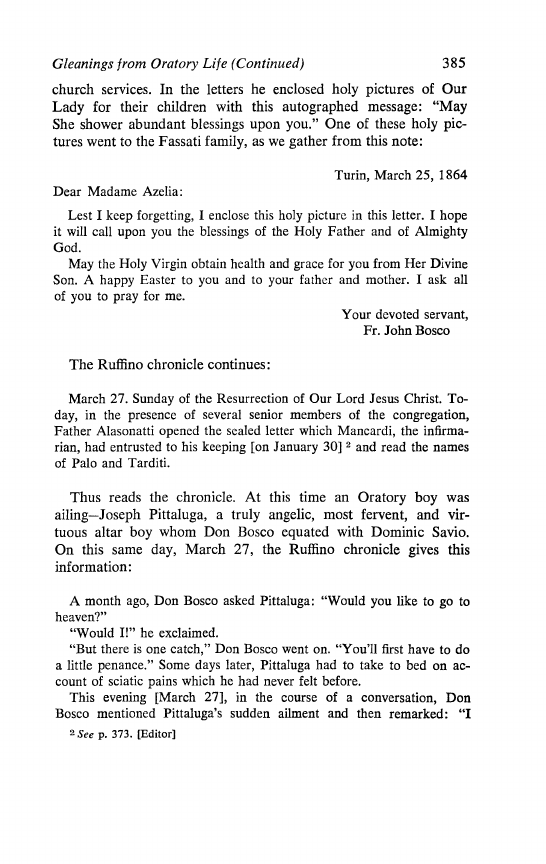
 |
42.4 Page 414 |
▲back to top |

 |
42.5 Page 415 |
▲back to top |

 |
42.6 Page 416 |
▲back to top |

 |
42.7 Page 417 |
▲back to top |
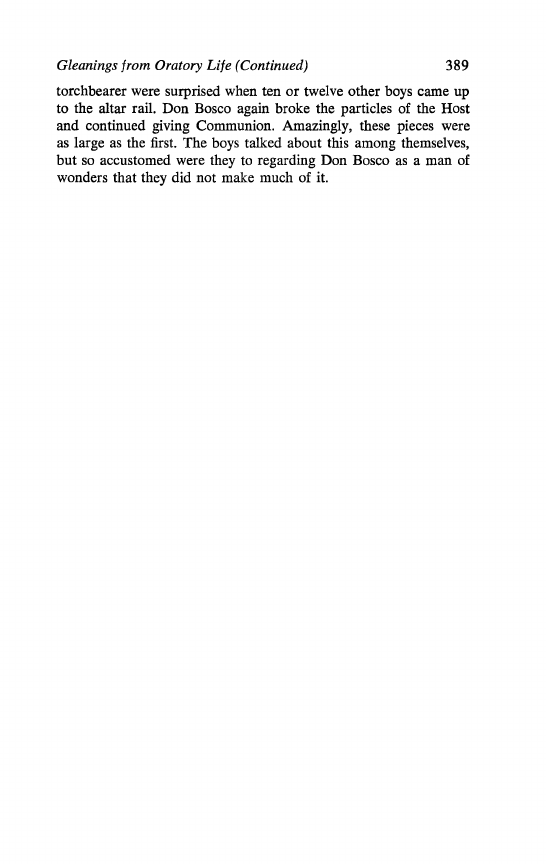
 |
42.8 Page 418 |
▲back to top |

 |
42.9 Page 419 |
▲back to top |

 |
42.10 Page 420 |
▲back to top |

 |
43 Pages 421-430 |
▲back to top |
 |
43.1 Page 421 |
▲back to top |
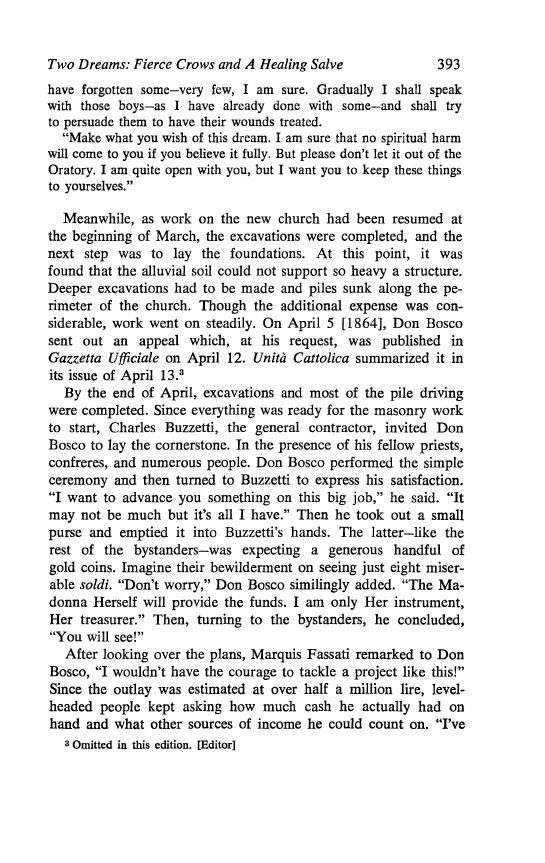
 |
43.2 Page 422 |
▲back to top |

 |
43.3 Page 423 |
▲back to top |

 |
43.4 Page 424 |
▲back to top |
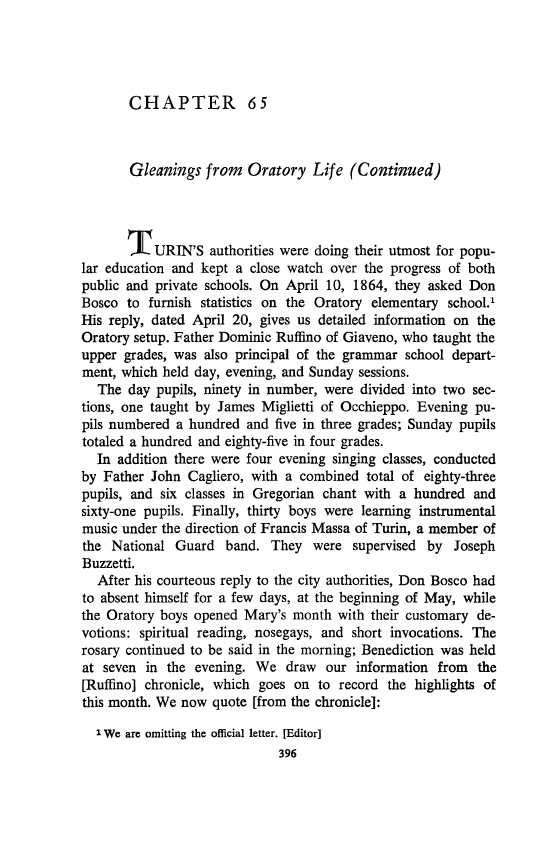
 |
43.5 Page 425 |
▲back to top |

 |
43.6 Page 426 |
▲back to top |
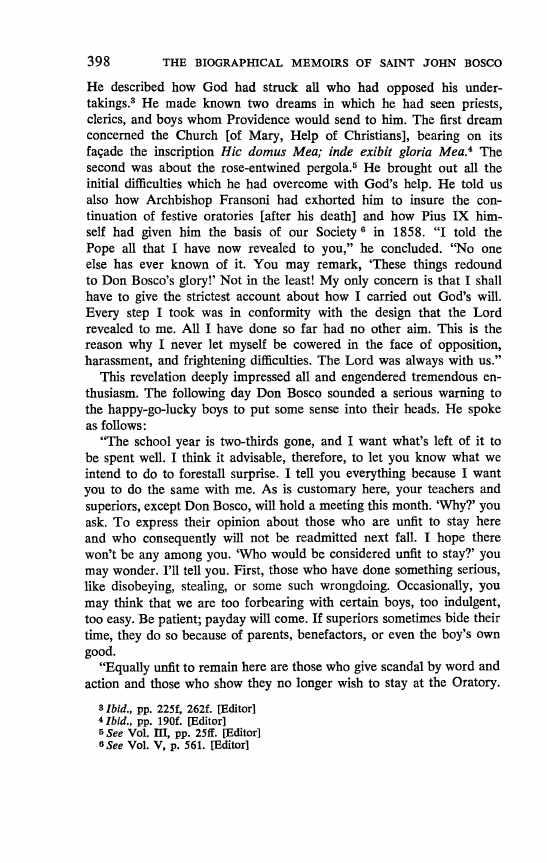
 |
43.7 Page 427 |
▲back to top |

 |
43.8 Page 428 |
▲back to top |
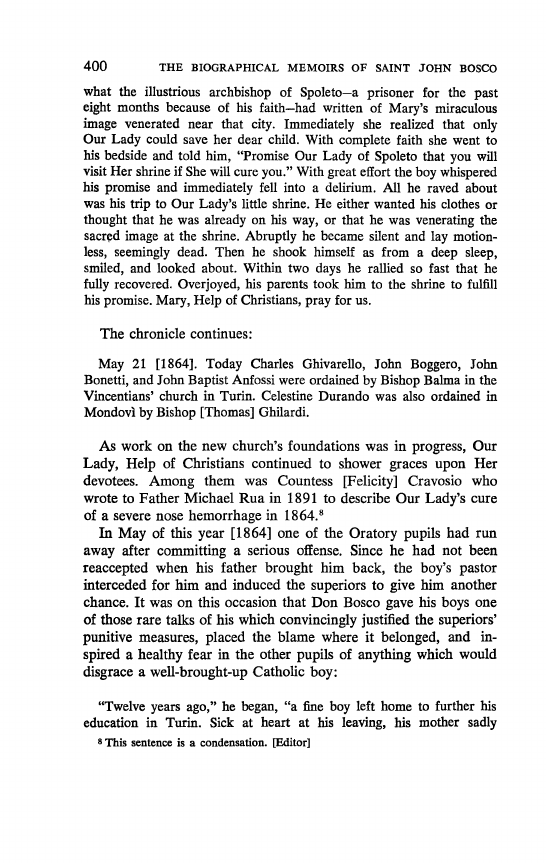
 |
43.9 Page 429 |
▲back to top |

 |
43.10 Page 430 |
▲back to top |

 |
44 Pages 431-440 |
▲back to top |
 |
44.1 Page 431 |
▲back to top |

 |
44.2 Page 432 |
▲back to top |

 |
44.3 Page 433 |
▲back to top |

 |
44.4 Page 434 |
▲back to top |
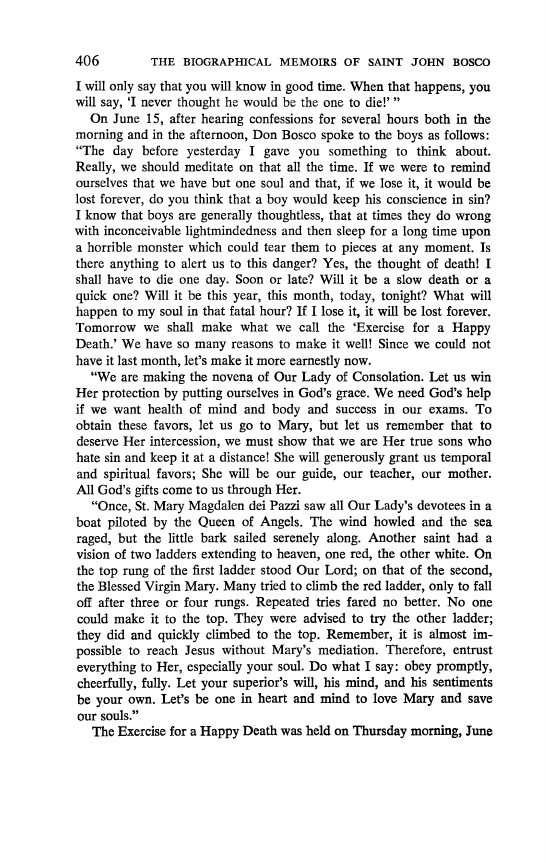
 |
44.5 Page 435 |
▲back to top |

 |
44.6 Page 436 |
▲back to top |

 |
44.7 Page 437 |
▲back to top |

 |
44.8 Page 438 |
▲back to top |
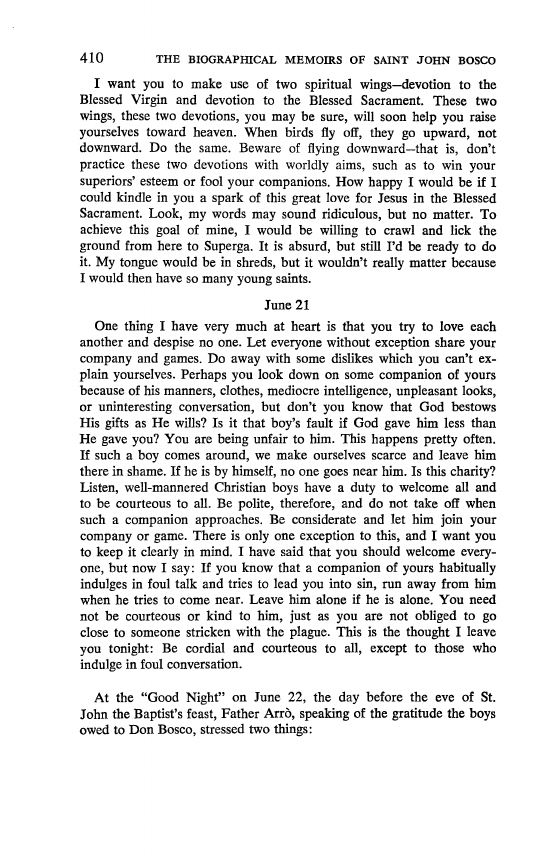
 |
44.9 Page 439 |
▲back to top |
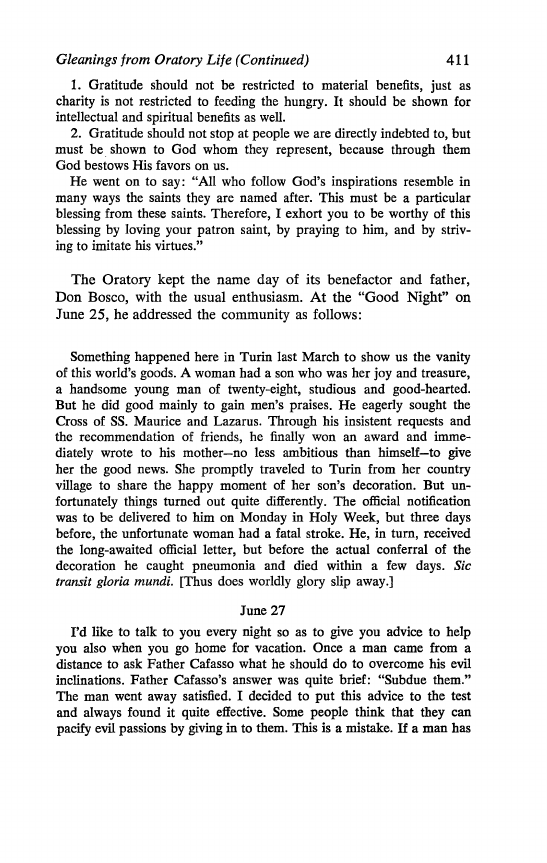
 |
44.10 Page 440 |
▲back to top |

 |
45 Pages 441-450 |
▲back to top |
 |
45.1 Page 441 |
▲back to top |

 |
45.2 Page 442 |
▲back to top |
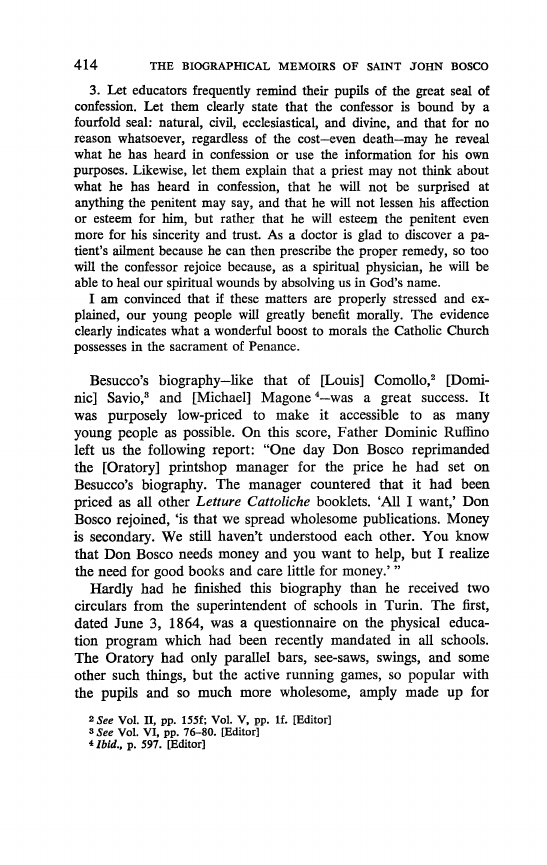
 |
45.3 Page 443 |
▲back to top |

 |
45.4 Page 444 |
▲back to top |
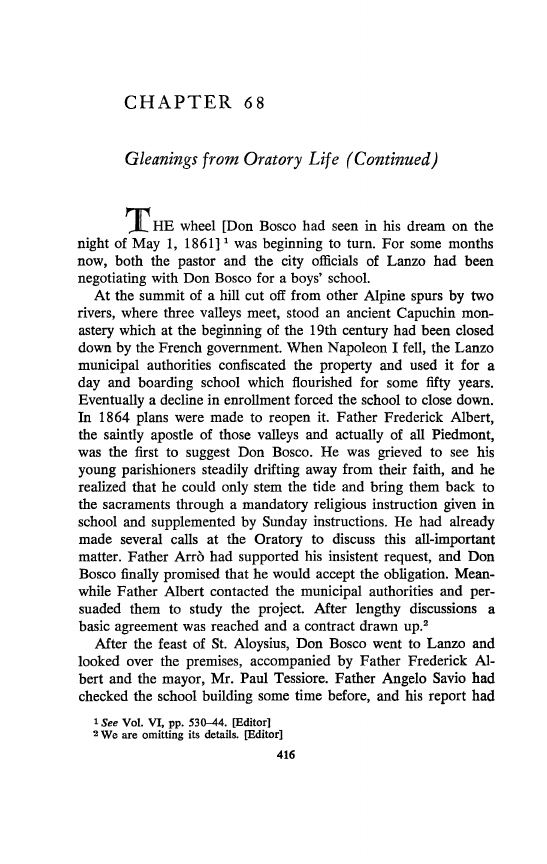
 |
45.5 Page 445 |
▲back to top |
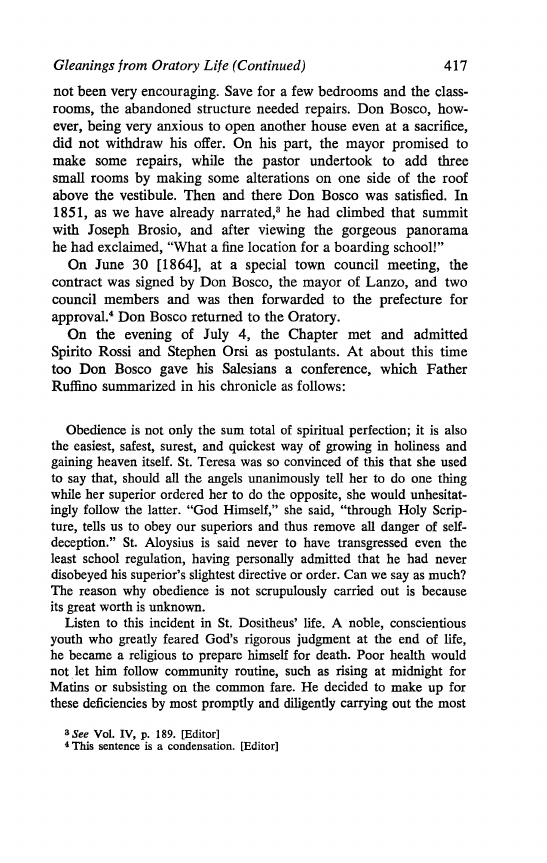
 |
45.6 Page 446 |
▲back to top |

 |
45.7 Page 447 |
▲back to top |

 |
45.8 Page 448 |
▲back to top |
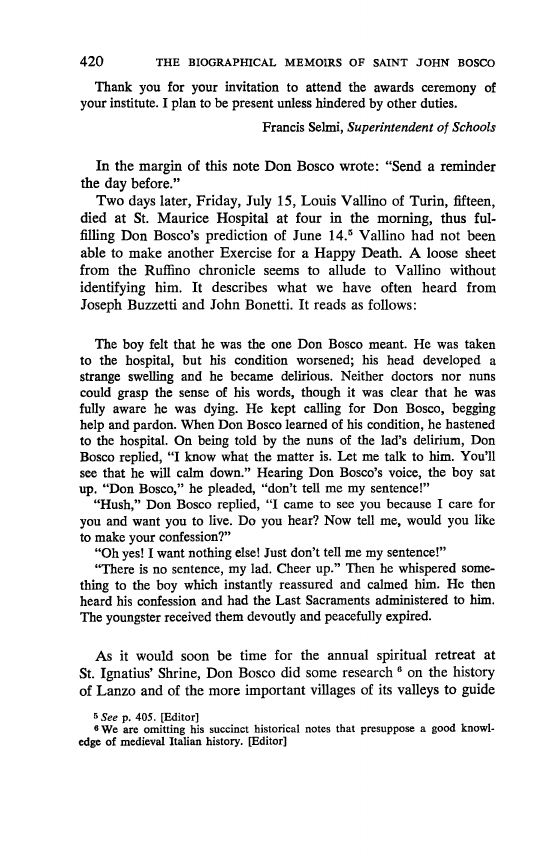
 |
45.9 Page 449 |
▲back to top |
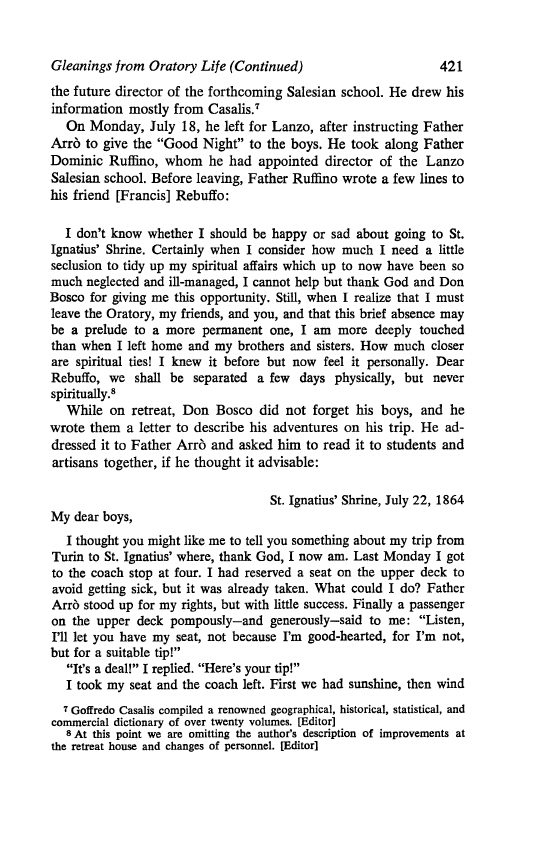
 |
45.10 Page 450 |
▲back to top |

 |
46 Pages 451-460 |
▲back to top |
 |
46.1 Page 451 |
▲back to top |
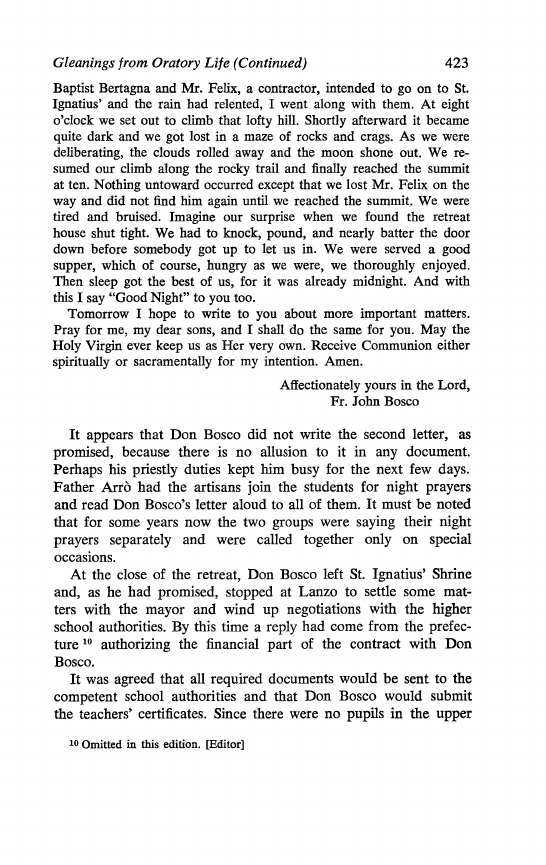
 |
46.2 Page 452 |
▲back to top |

 |
46.3 Page 453 |
▲back to top |
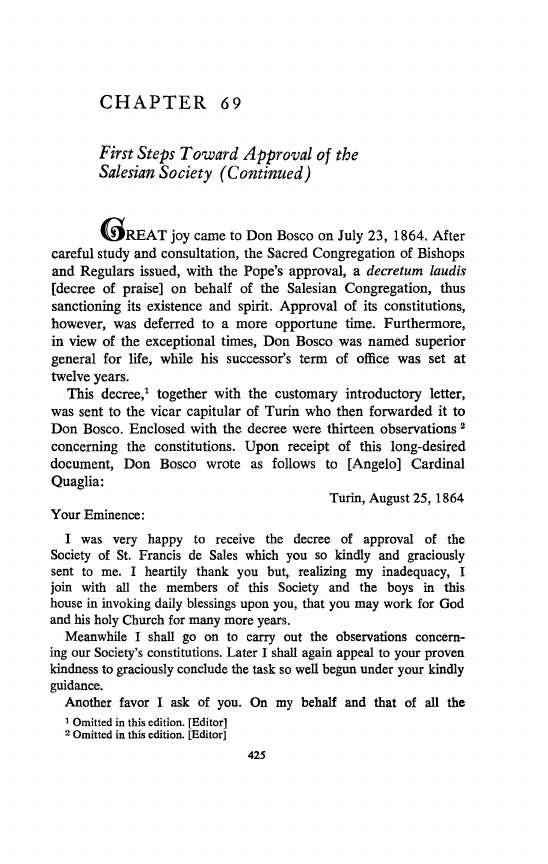
 |
46.4 Page 454 |
▲back to top |

 |
46.5 Page 455 |
▲back to top |
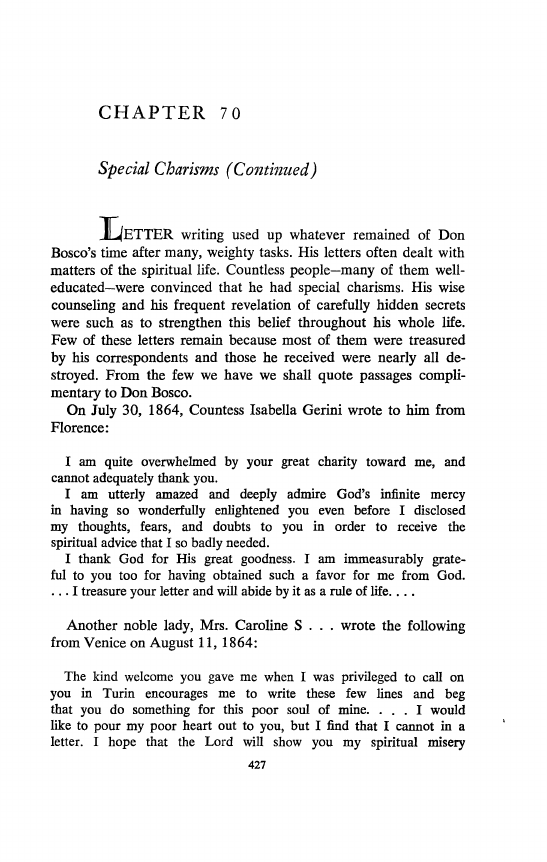
 |
46.6 Page 456 |
▲back to top |

 |
46.7 Page 457 |
▲back to top |

 |
46.8 Page 458 |
▲back to top |
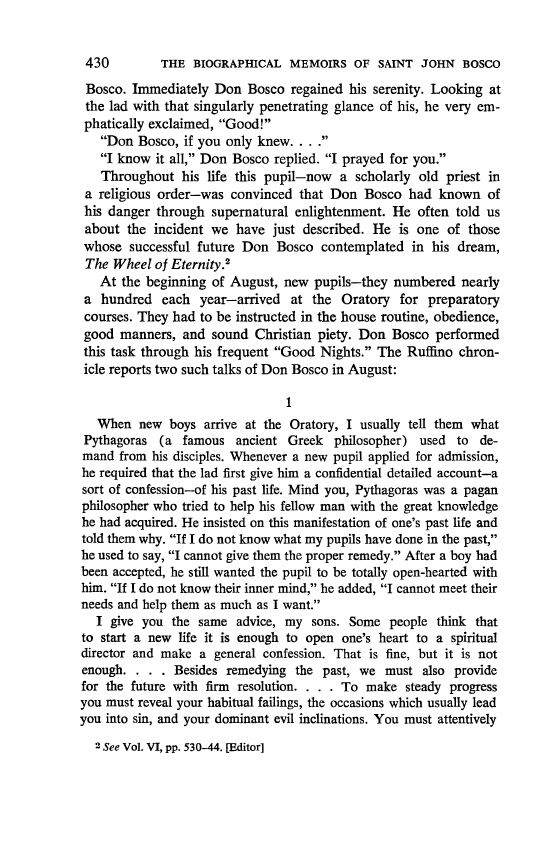
 |
46.9 Page 459 |
▲back to top |

 |
46.10 Page 460 |
▲back to top |

 |
47 Pages 461-470 |
▲back to top |
 |
47.1 Page 461 |
▲back to top |

 |
47.2 Page 462 |
▲back to top |
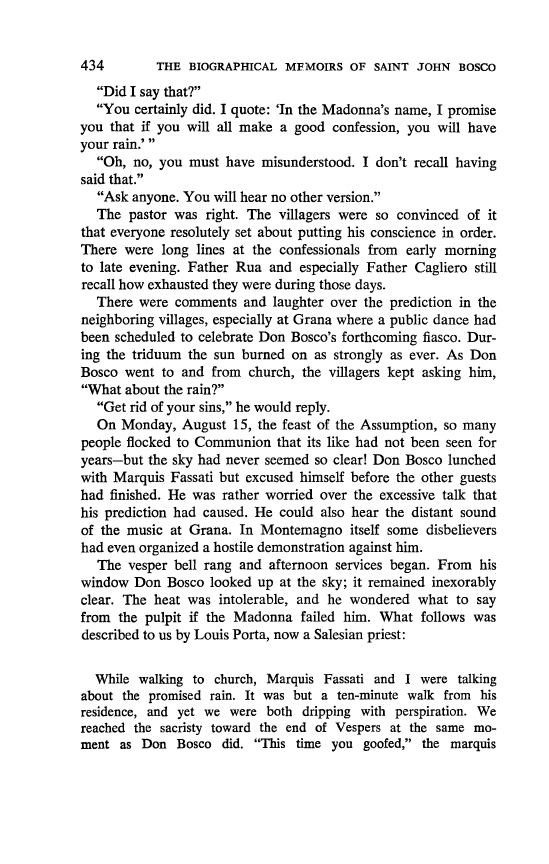
 |
47.3 Page 463 |
▲back to top |
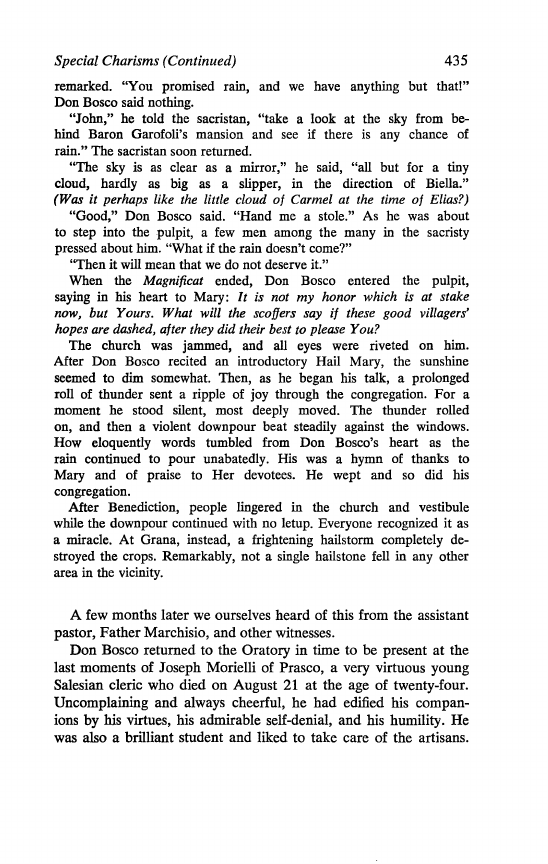
 |
47.4 Page 464 |
▲back to top |

 |
47.5 Page 465 |
▲back to top |
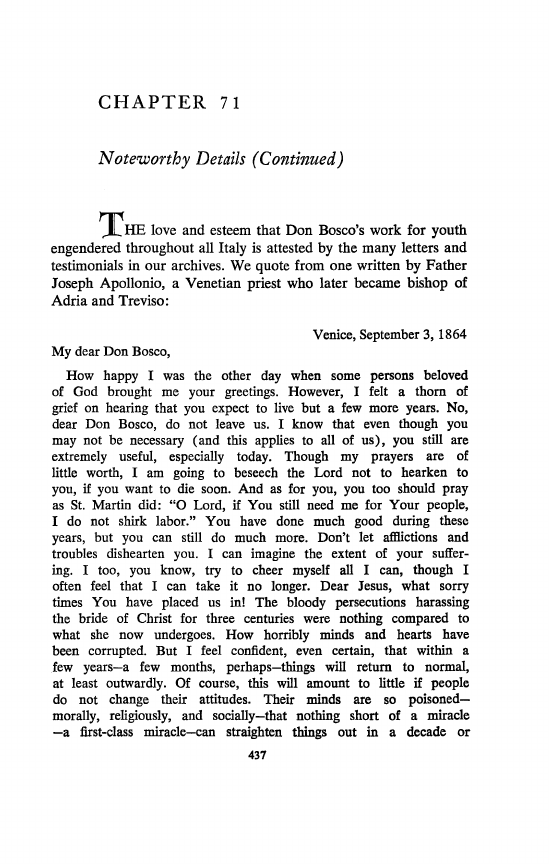
 |
47.6 Page 466 |
▲back to top |

 |
47.7 Page 467 |
▲back to top |

 |
47.8 Page 468 |
▲back to top |

 |
47.9 Page 469 |
▲back to top |
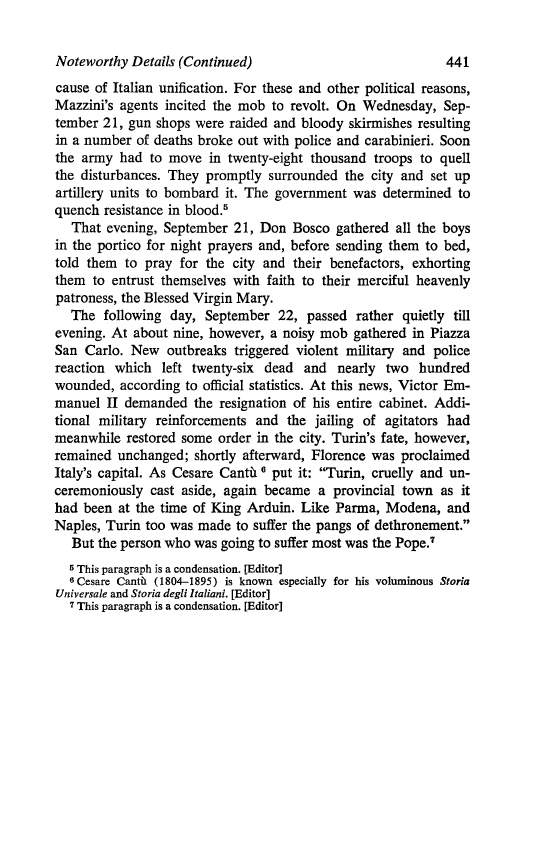
 |
47.10 Page 470 |
▲back to top |

 |
48 Pages 471-480 |
▲back to top |
 |
48.1 Page 471 |
▲back to top |

 |
48.2 Page 472 |
▲back to top |

 |
48.3 Page 473 |
▲back to top |

 |
48.4 Page 474 |
▲back to top |

 |
48.5 Page 475 |
▲back to top |
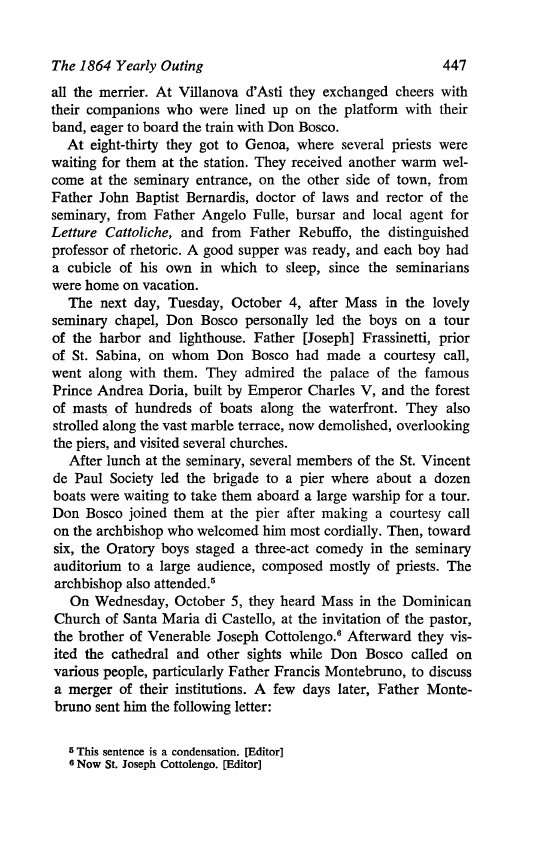
 |
48.6 Page 476 |
▲back to top |

 |
48.7 Page 477 |
▲back to top |
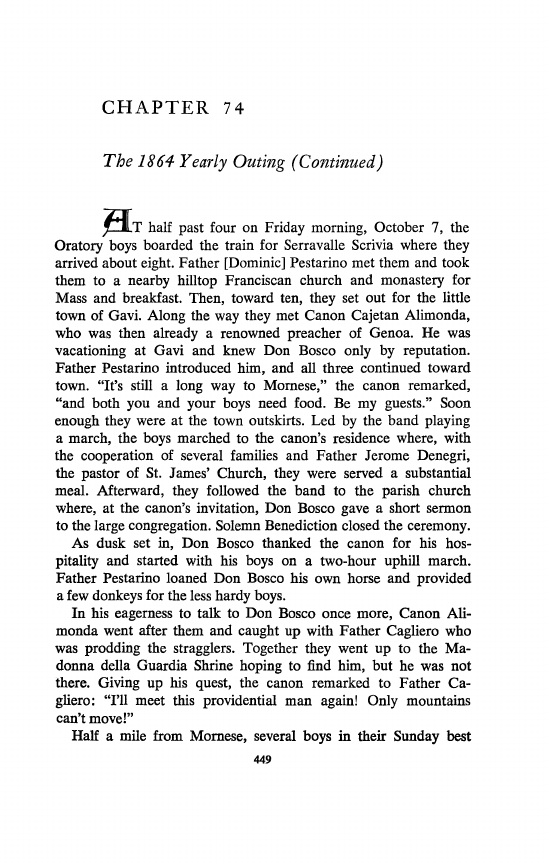
 |
48.8 Page 478 |
▲back to top |

 |
48.9 Page 479 |
▲back to top |
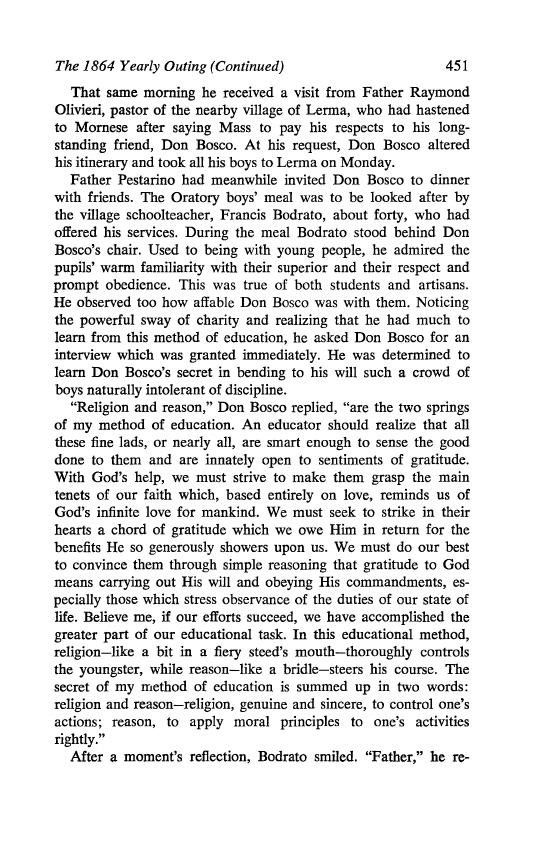
 |
48.10 Page 480 |
▲back to top |

 |
49 Pages 481-490 |
▲back to top |
 |
49.1 Page 481 |
▲back to top |
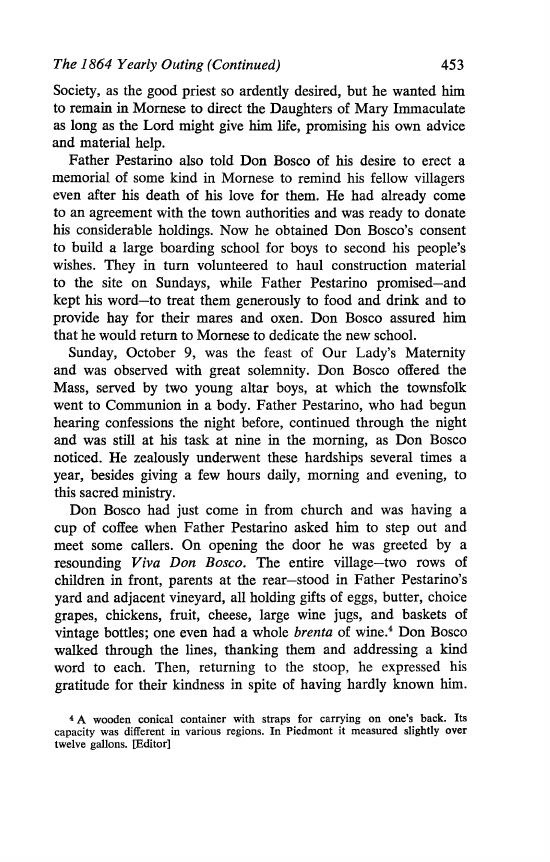
 |
49.2 Page 482 |
▲back to top |

 |
49.3 Page 483 |
▲back to top |

 |
49.4 Page 484 |
▲back to top |

 |
49.5 Page 485 |
▲back to top |

 |
49.6 Page 486 |
▲back to top |

 |
49.7 Page 487 |
▲back to top |
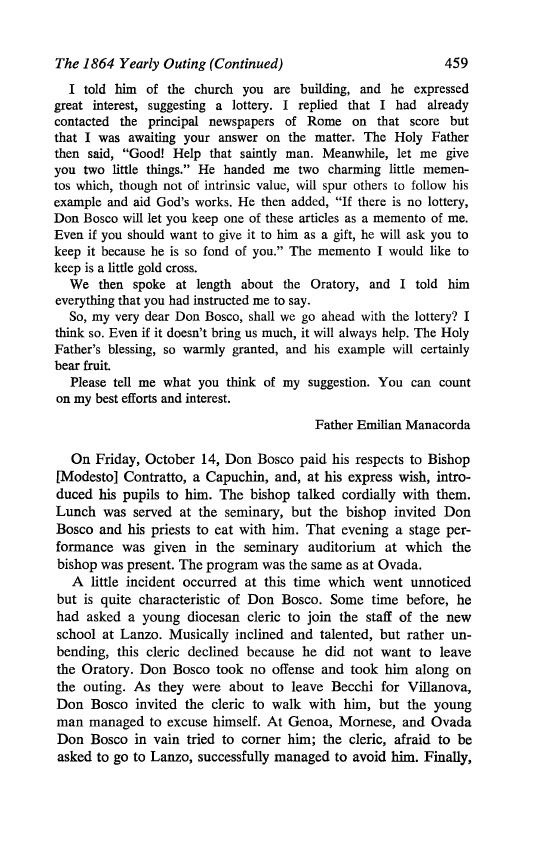
 |
49.8 Page 488 |
▲back to top |
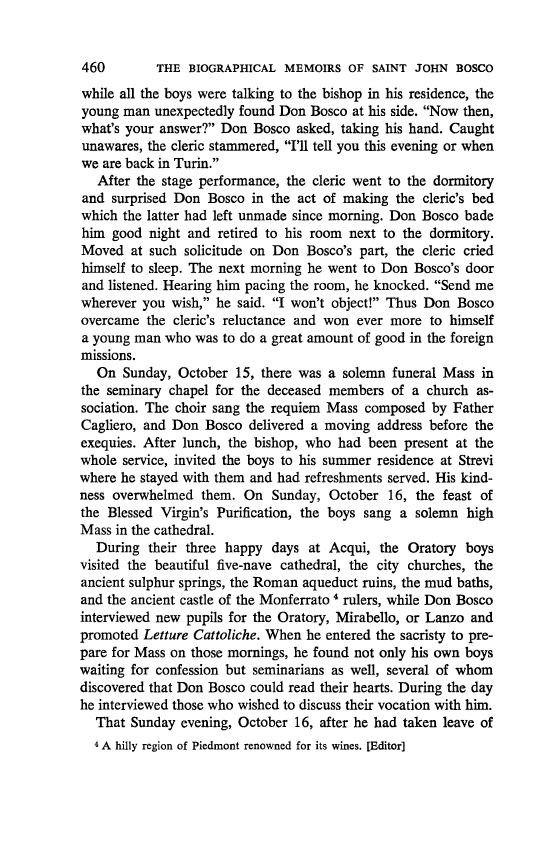
 |
49.9 Page 489 |
▲back to top |
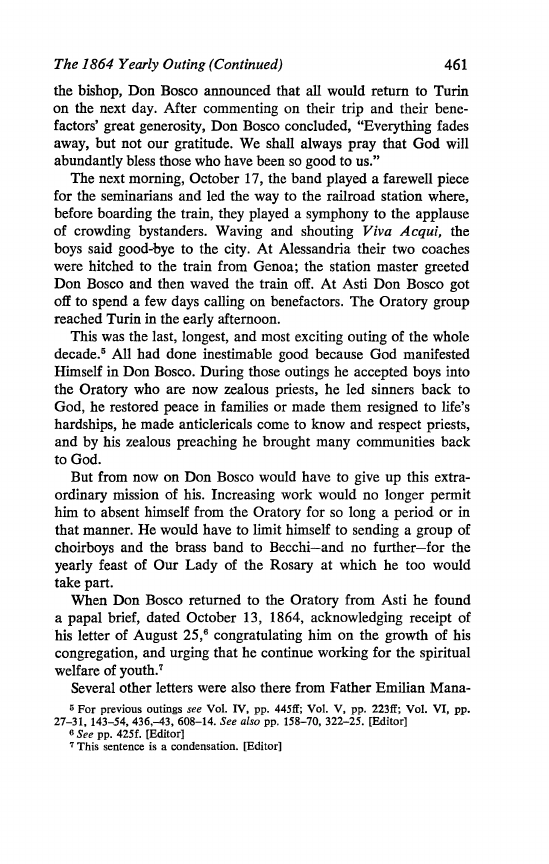
 |
49.10 Page 490 |
▲back to top |

 |
50 Pages 491-500 |
▲back to top |
 |
50.1 Page 491 |
▲back to top |
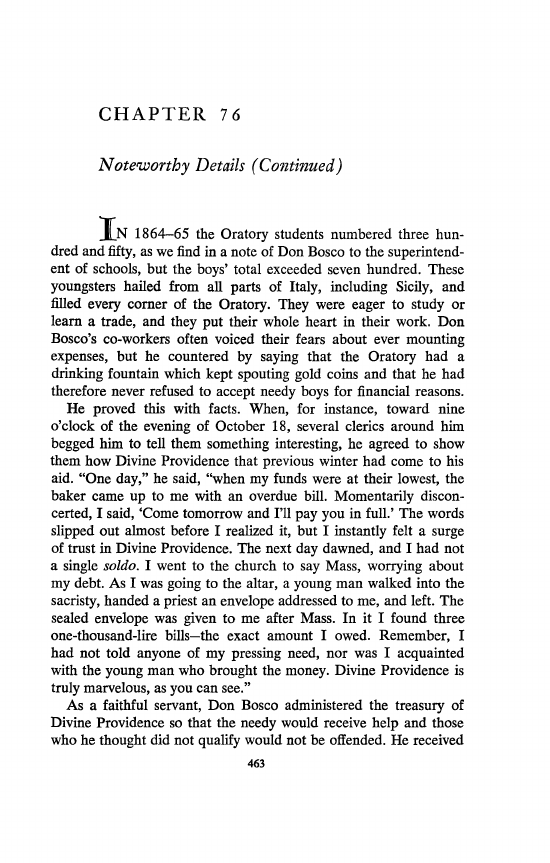
 |
50.2 Page 492 |
▲back to top |
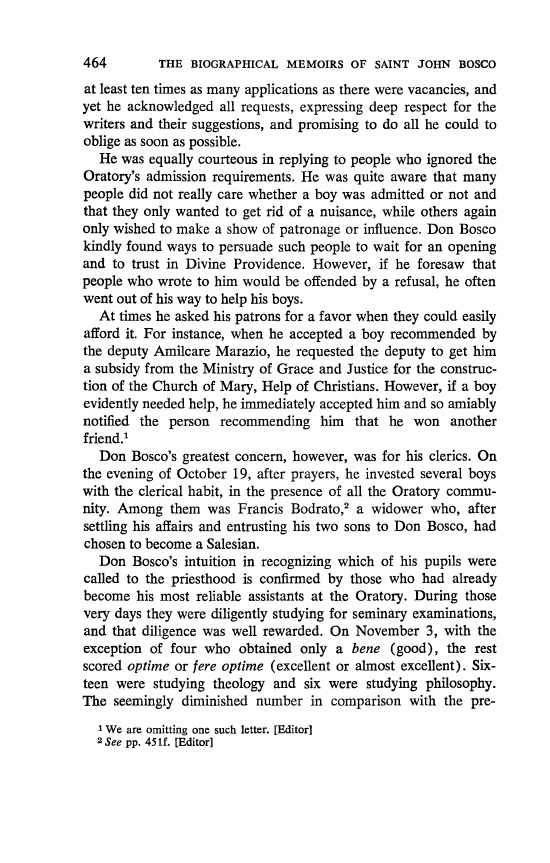
 |
50.3 Page 493 |
▲back to top |
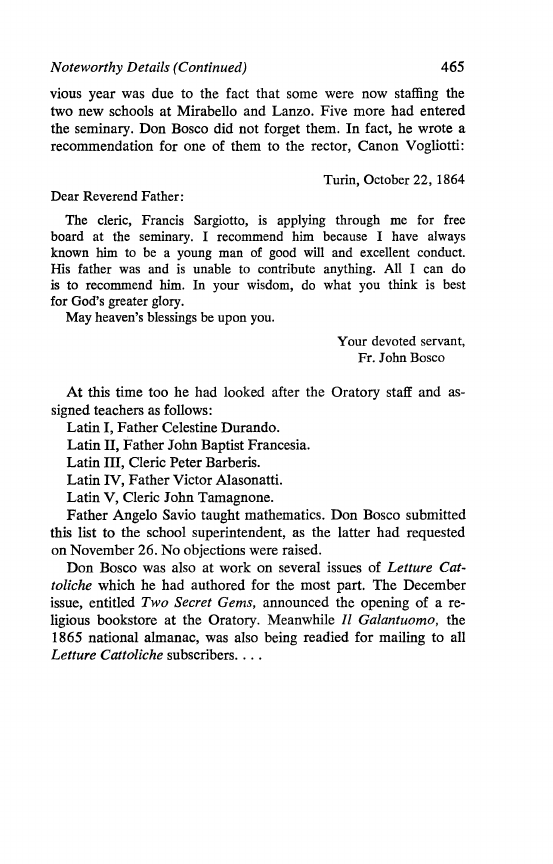
 |
50.4 Page 494 |
▲back to top |

 |
50.5 Page 495 |
▲back to top |
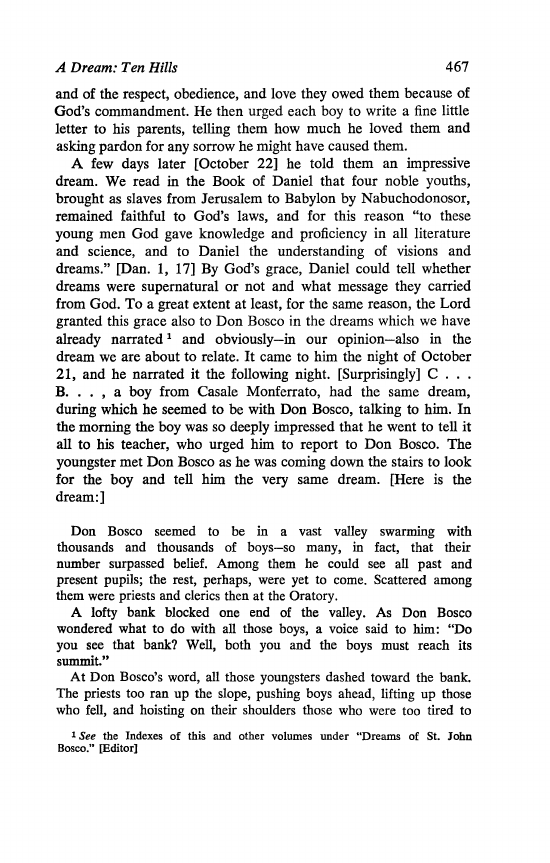
 |
50.6 Page 496 |
▲back to top |

 |
50.7 Page 497 |
▲back to top |

 |
50.8 Page 498 |
▲back to top |

 |
50.9 Page 499 |
▲back to top |
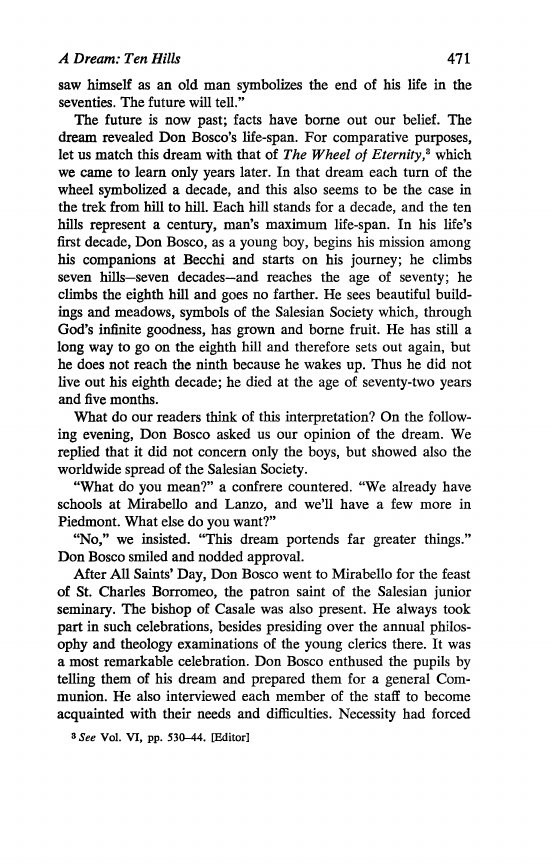
 |
50.10 Page 500 |
▲back to top |
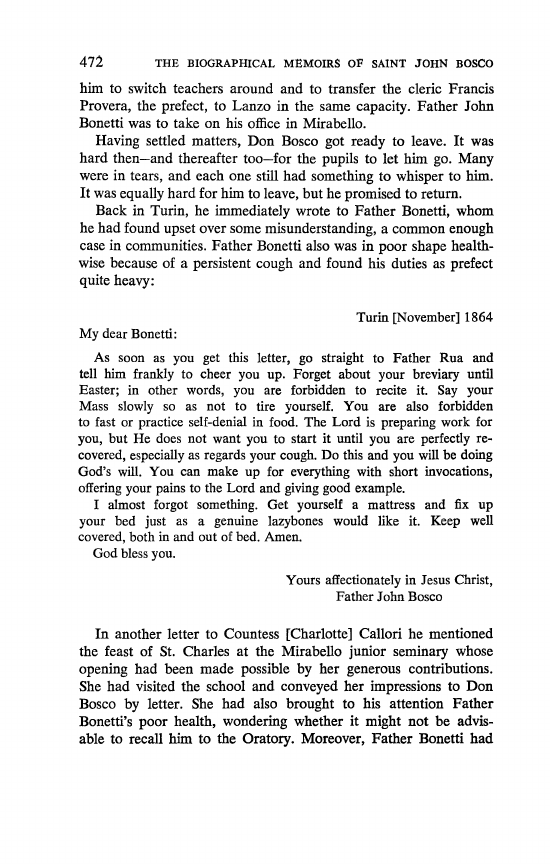
 |
51 Pages 501-510 |
▲back to top |
 |
51.1 Page 501 |
▲back to top |

 |
51.2 Page 502 |
▲back to top |
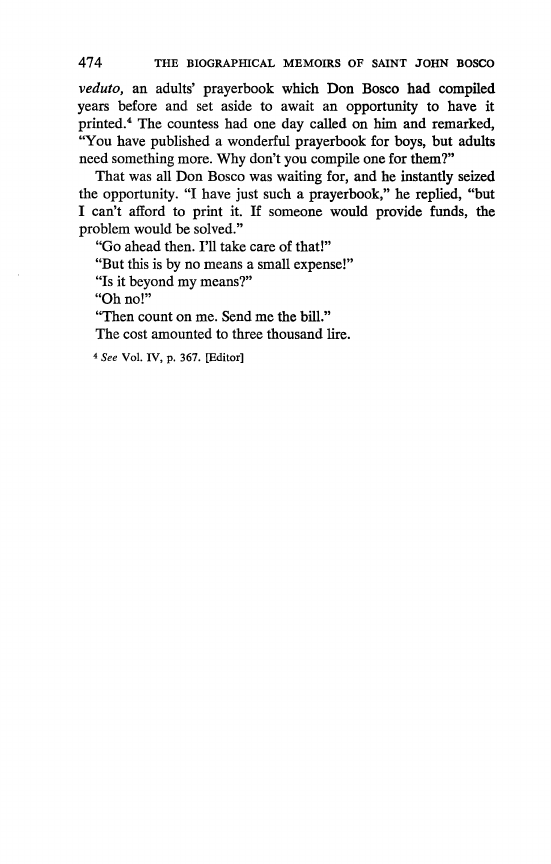
 |
51.3 Page 503 |
▲back to top |

 |
51.4 Page 504 |
▲back to top |
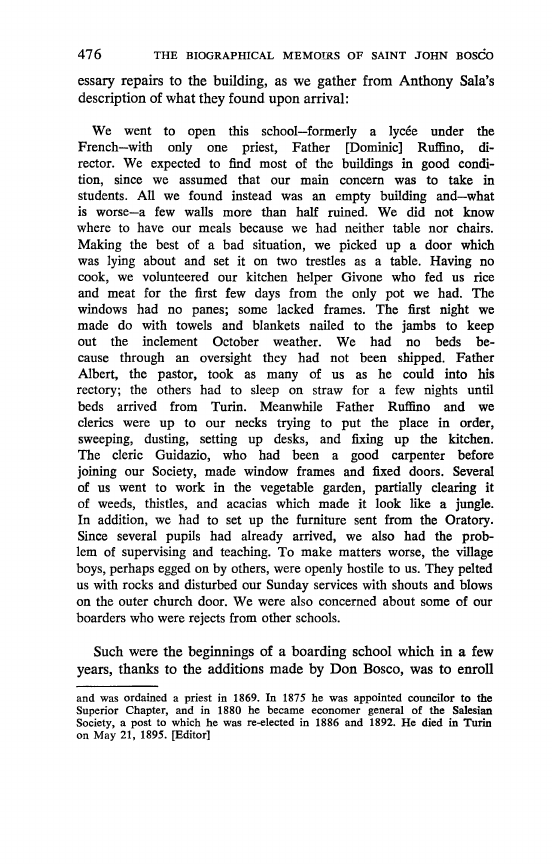
 |
51.5 Page 505 |
▲back to top |

 |
51.6 Page 506 |
▲back to top |

 |
51.7 Page 507 |
▲back to top |
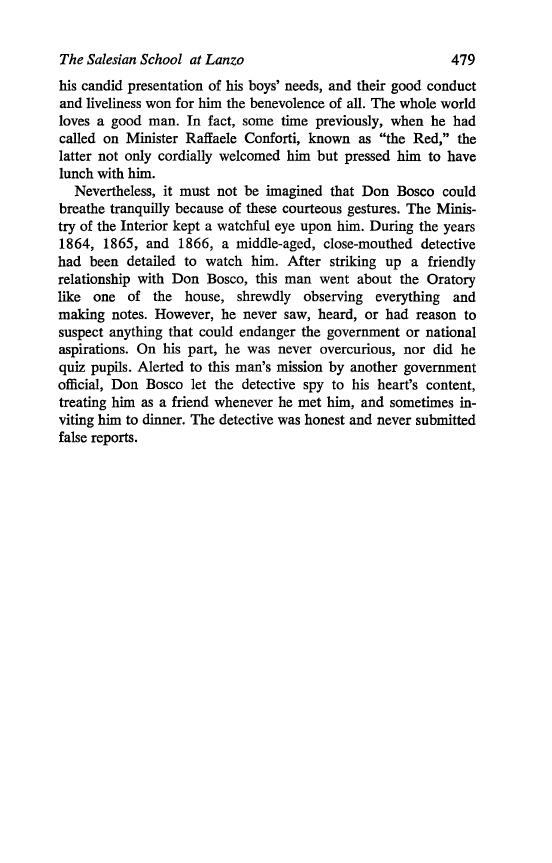
 |
51.8 Page 508 |
▲back to top |
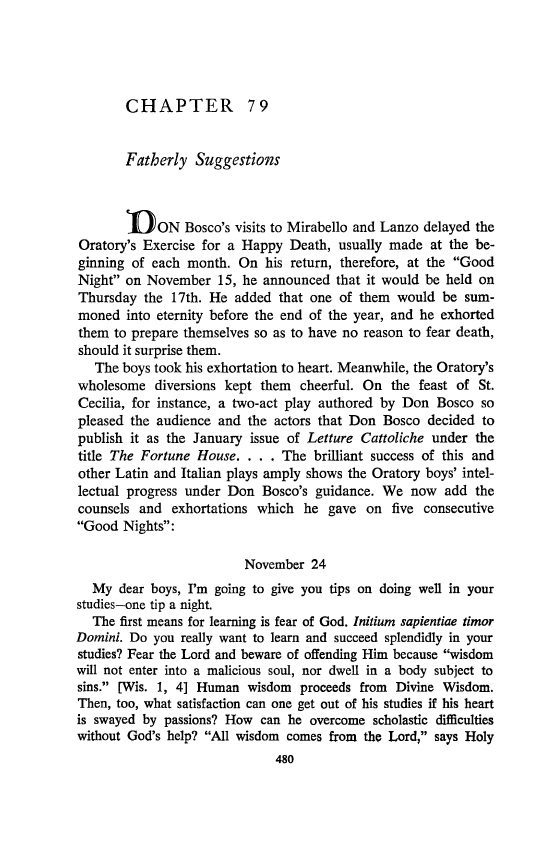
 |
51.9 Page 509 |
▲back to top |
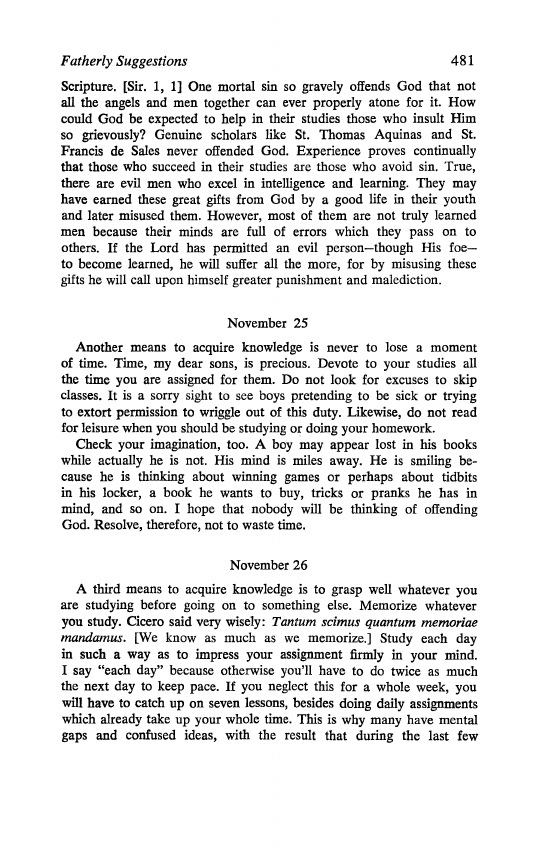
 |
51.10 Page 510 |
▲back to top |

 |
52 Pages 511-520 |
▲back to top |
 |
52.1 Page 511 |
▲back to top |

 |
52.2 Page 512 |
▲back to top |
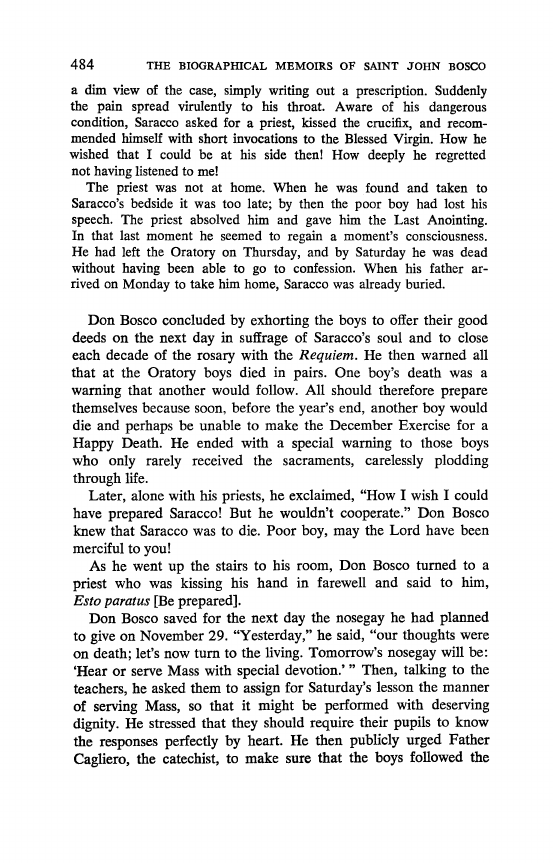
 |
52.3 Page 513 |
▲back to top |
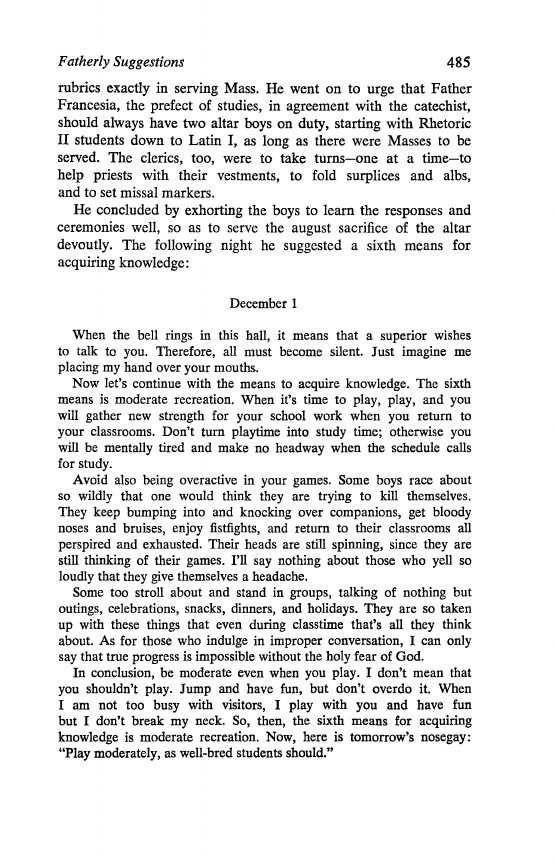
 |
52.4 Page 514 |
▲back to top |

 |
52.5 Page 515 |
▲back to top |

 |
52.6 Page 516 |
▲back to top |
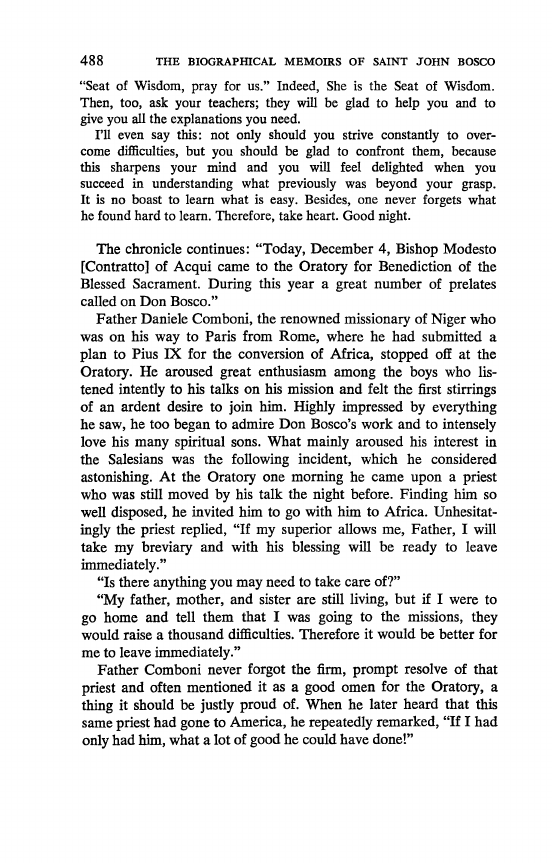
 |
52.7 Page 517 |
▲back to top |
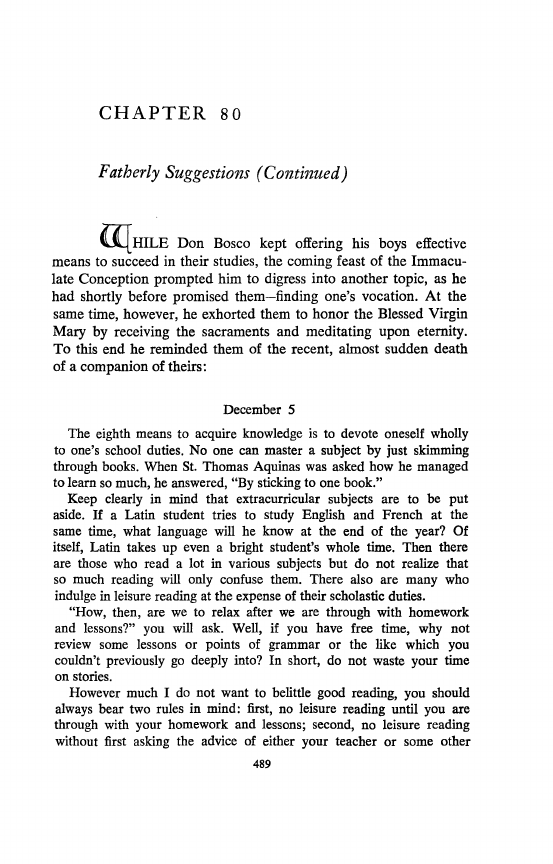
 |
52.8 Page 518 |
▲back to top |
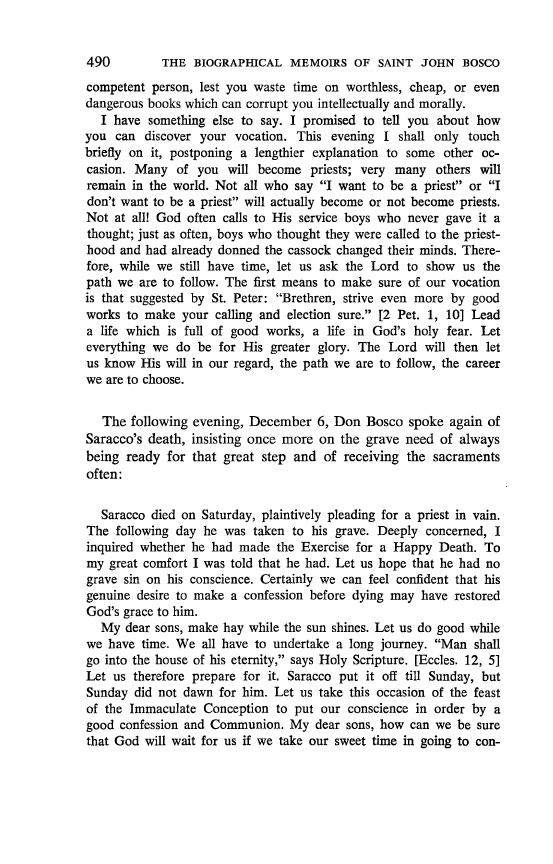
 |
52.9 Page 519 |
▲back to top |

 |
52.10 Page 520 |
▲back to top |

 |
53 Pages 521-530 |
▲back to top |
 |
53.1 Page 521 |
▲back to top |

 |
53.2 Page 522 |
▲back to top |

 |
53.3 Page 523 |
▲back to top |

 |
53.4 Page 524 |
▲back to top |

 |
53.5 Page 525 |
▲back to top |

 |
53.6 Page 526 |
▲back to top |

 |
53.7 Page 527 |
▲back to top |
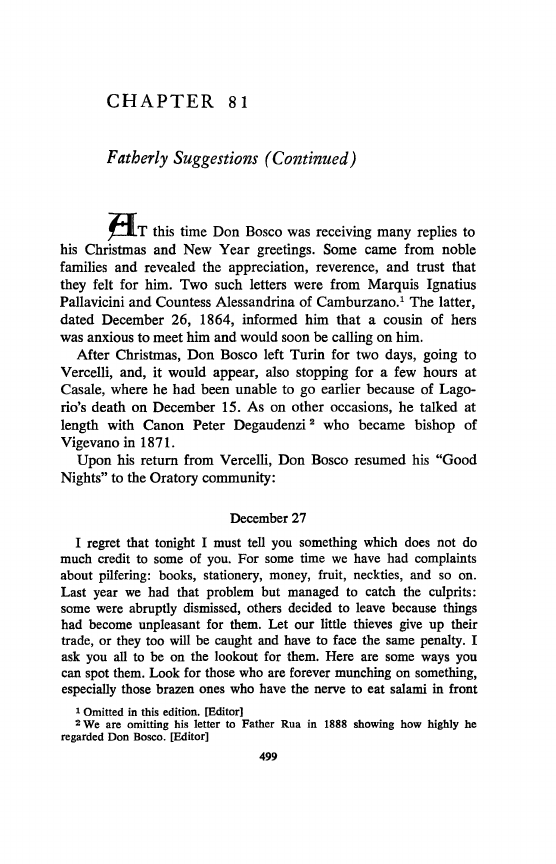
 |
53.8 Page 528 |
▲back to top |

 |
53.9 Page 529 |
▲back to top |
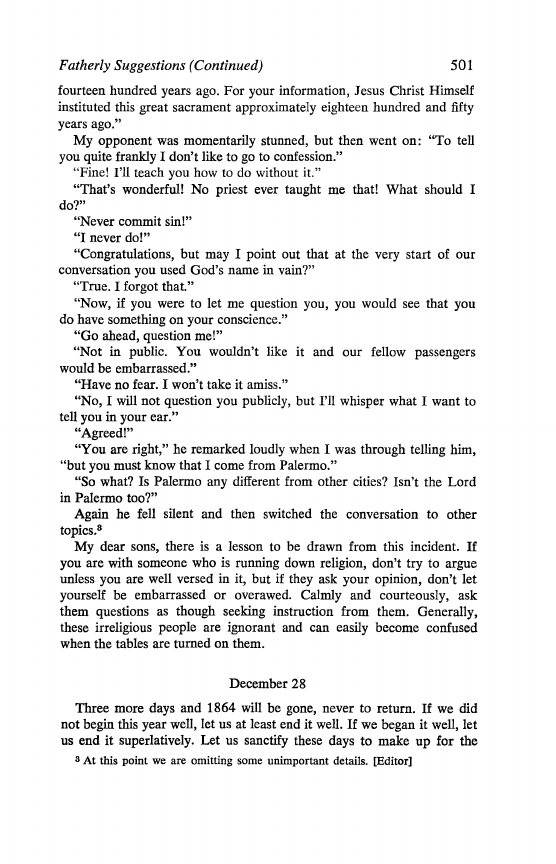
 |
53.10 Page 530 |
▲back to top |

 |
54 Pages 531-540 |
▲back to top |
 |
54.1 Page 531 |
▲back to top |

 |
54.2 Page 532 |
▲back to top |

 |
54.3 Page 533 |
▲back to top |
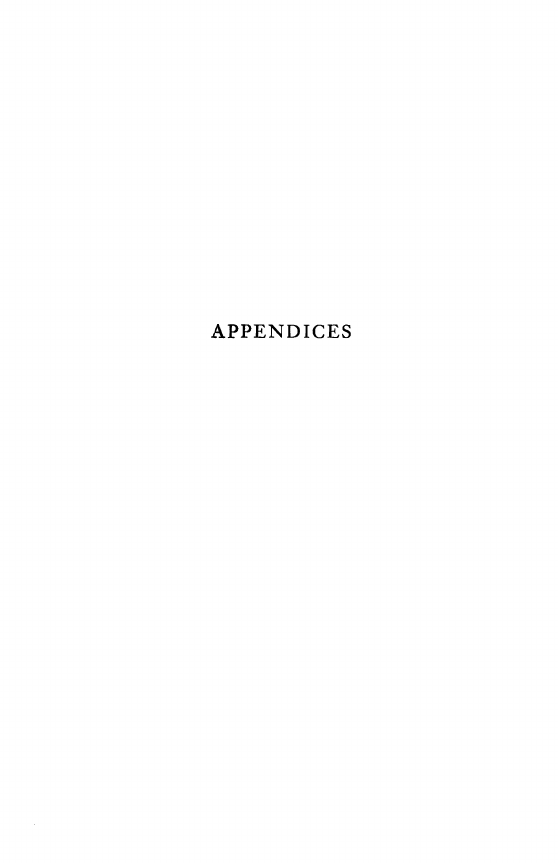
 |
54.4 Page 534 |
▲back to top |

 |
54.5 Page 535 |
▲back to top |

 |
54.6 Page 536 |
▲back to top |
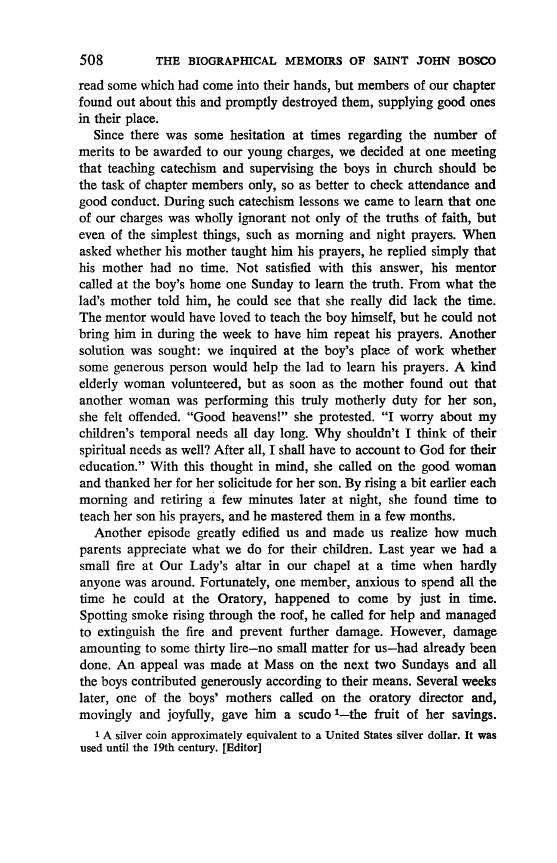
 |
54.7 Page 537 |
▲back to top |
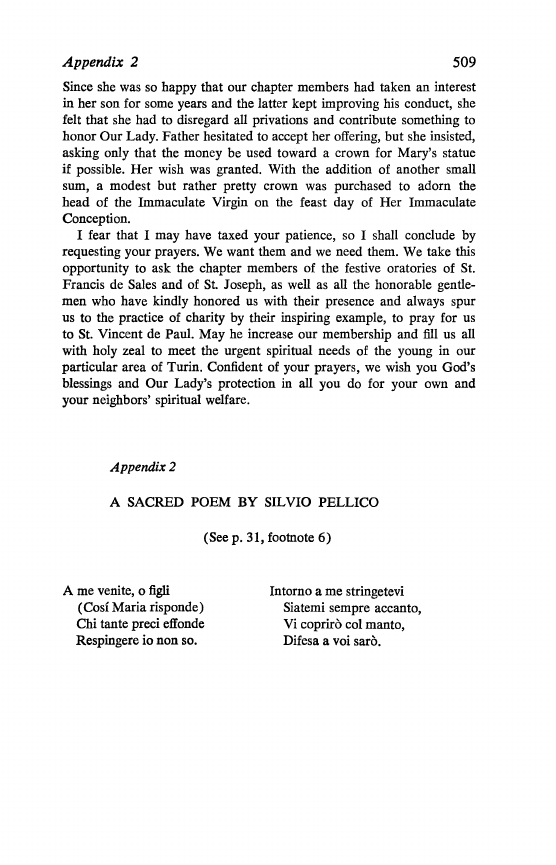
 |
54.8 Page 538 |
▲back to top |

 |
54.9 Page 539 |
▲back to top |
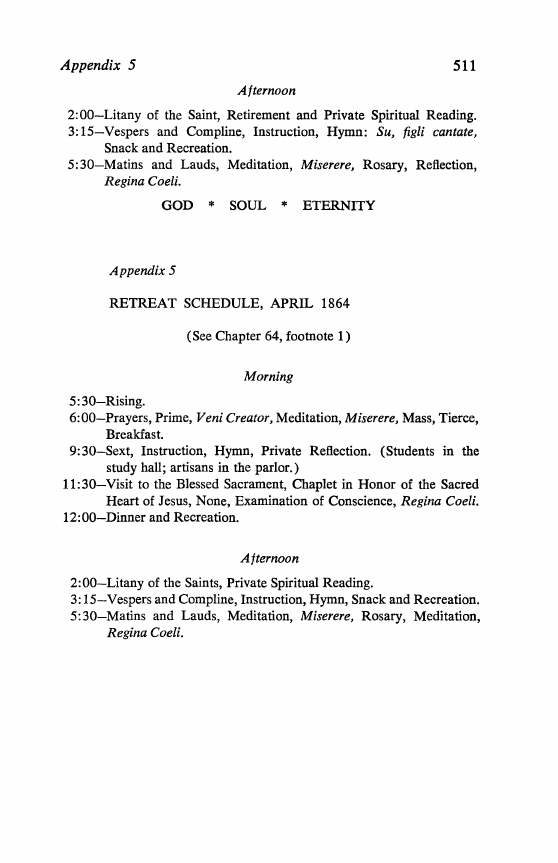
 |
54.10 Page 540 |
▲back to top |

 |
55 Pages 541-550 |
▲back to top |
 |
55.1 Page 541 |
▲back to top |

 |
55.2 Page 542 |
▲back to top |

 |
55.3 Page 543 |
▲back to top |

 |
55.4 Page 544 |
▲back to top |
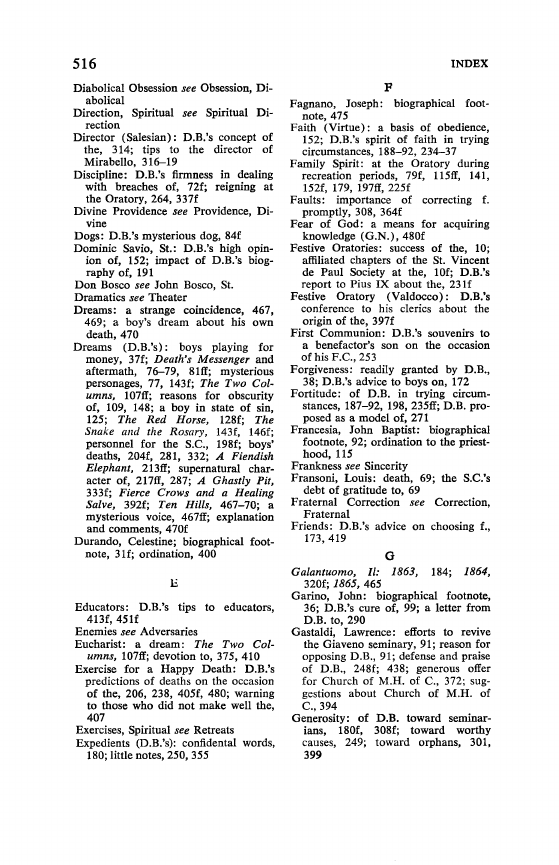
 |
55.5 Page 545 |
▲back to top |
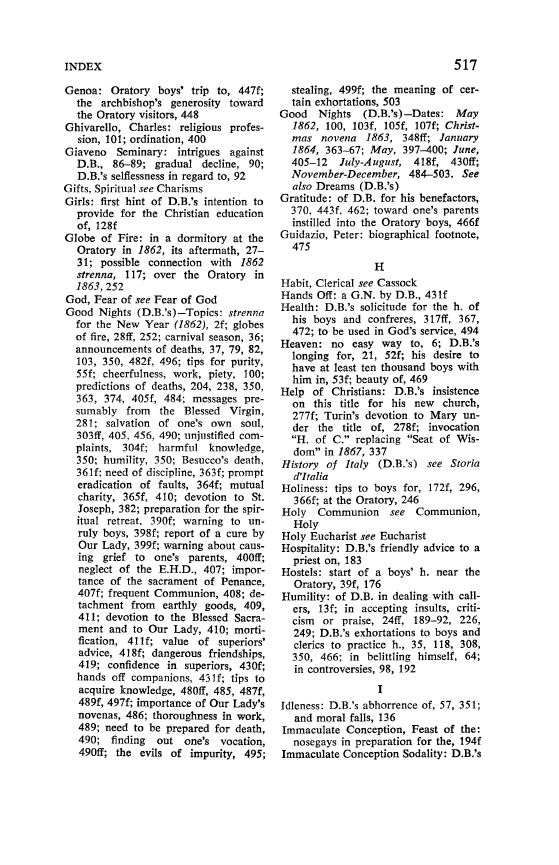
 |
55.6 Page 546 |
▲back to top |

 |
55.7 Page 547 |
▲back to top |
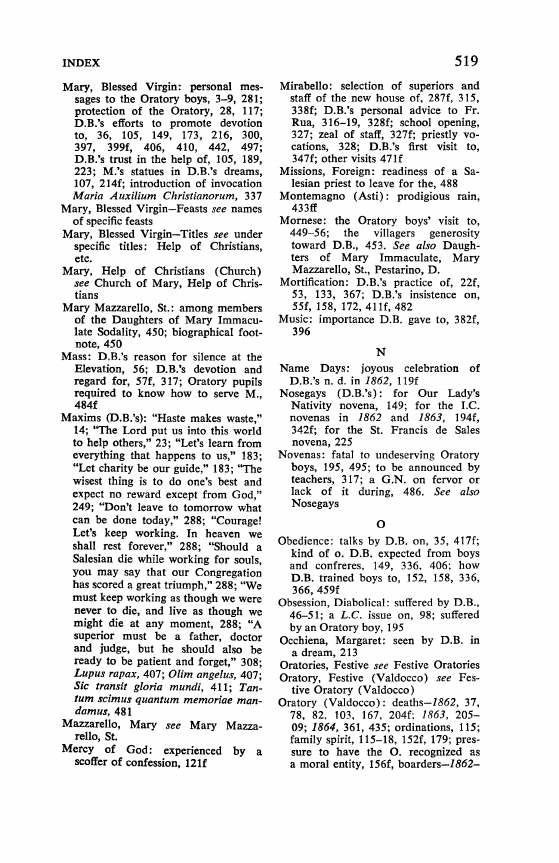
 |
55.8 Page 548 |
▲back to top |

 |
55.9 Page 549 |
▲back to top |
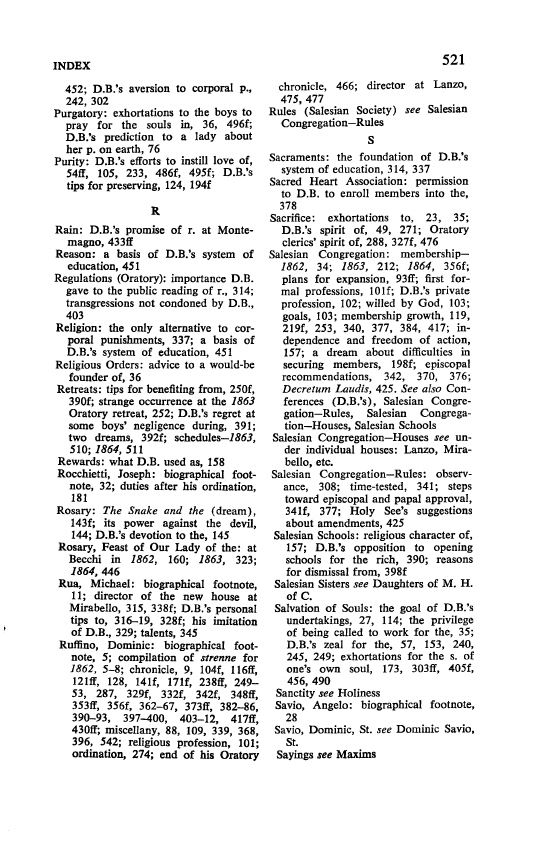
 |
55.10 Page 550 |
▲back to top |




